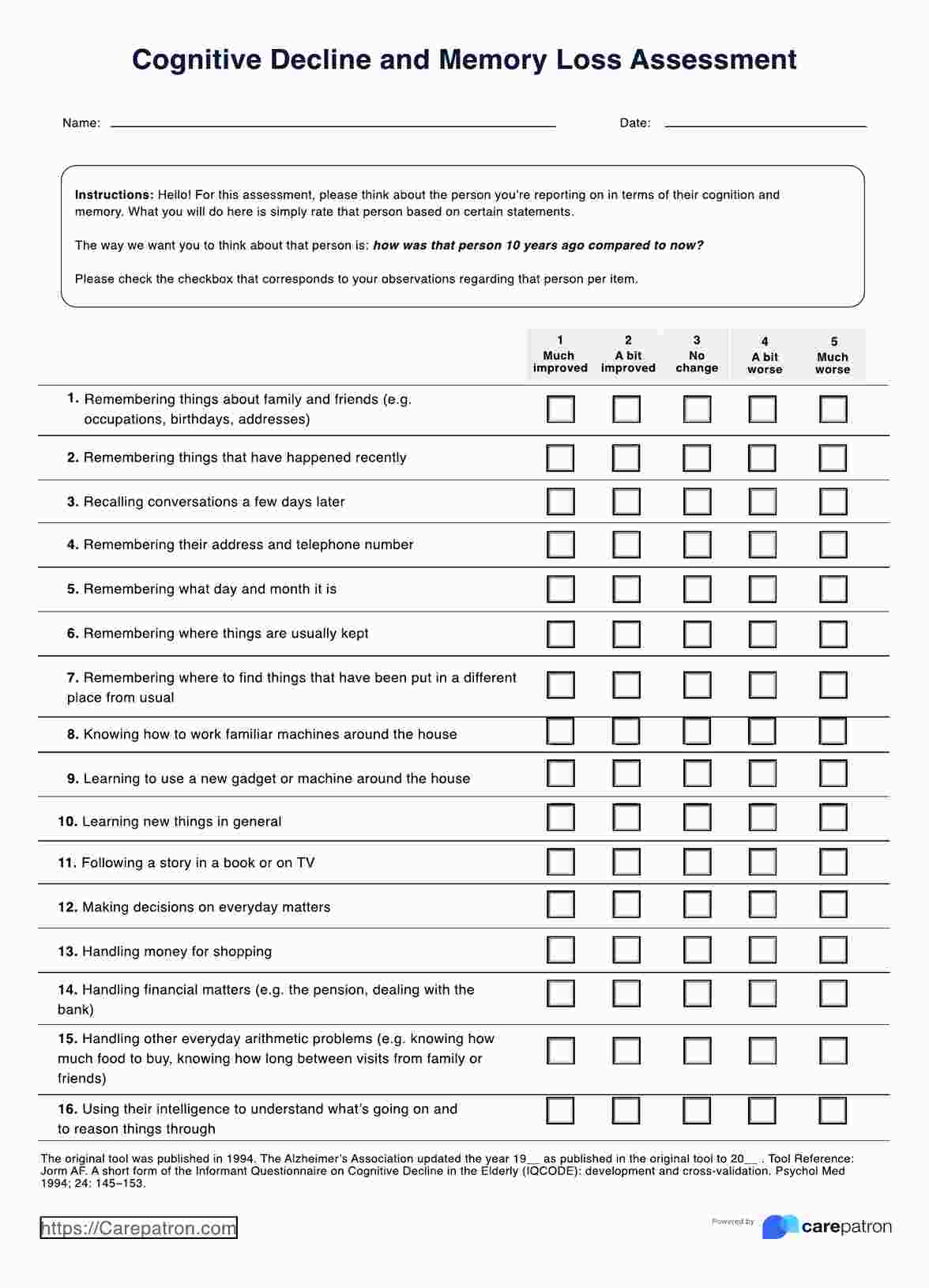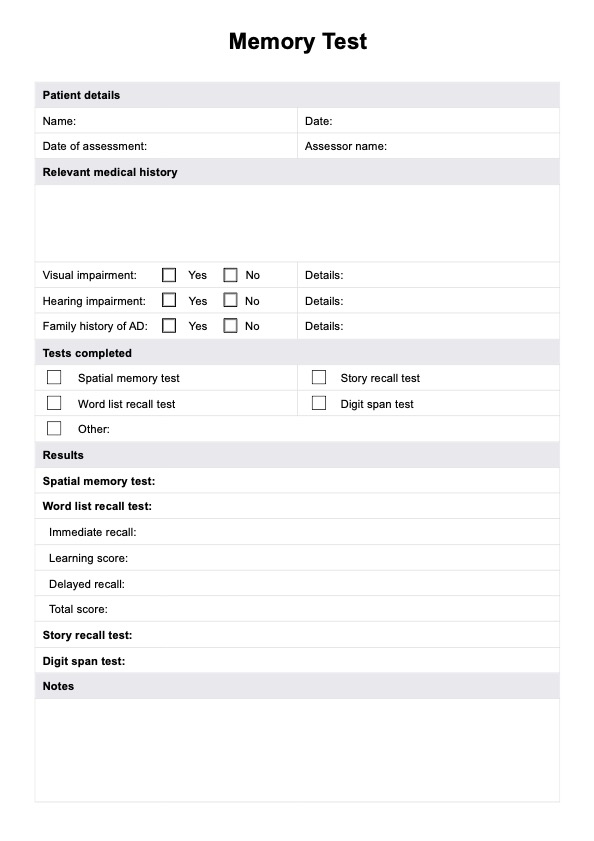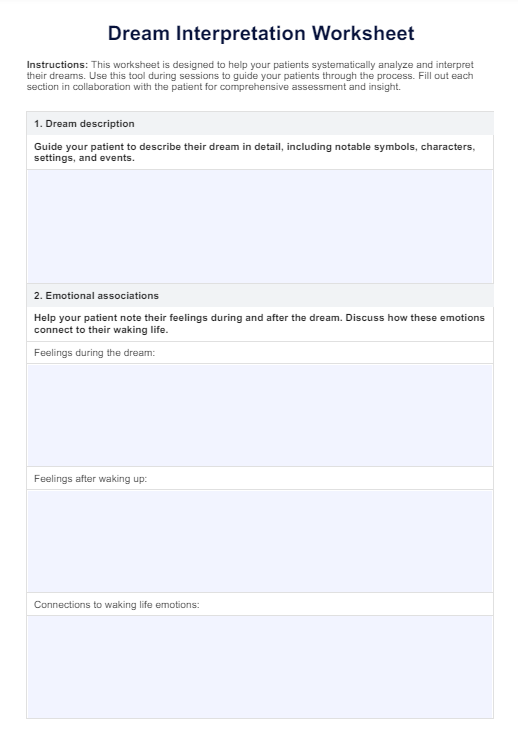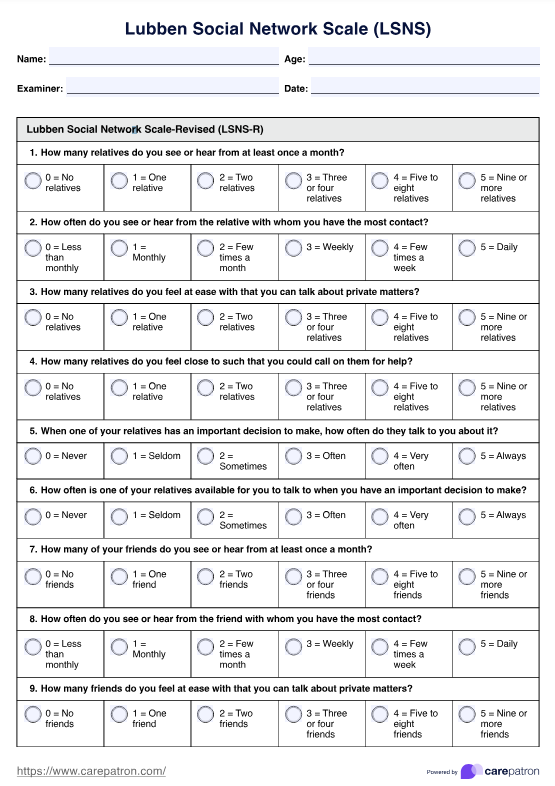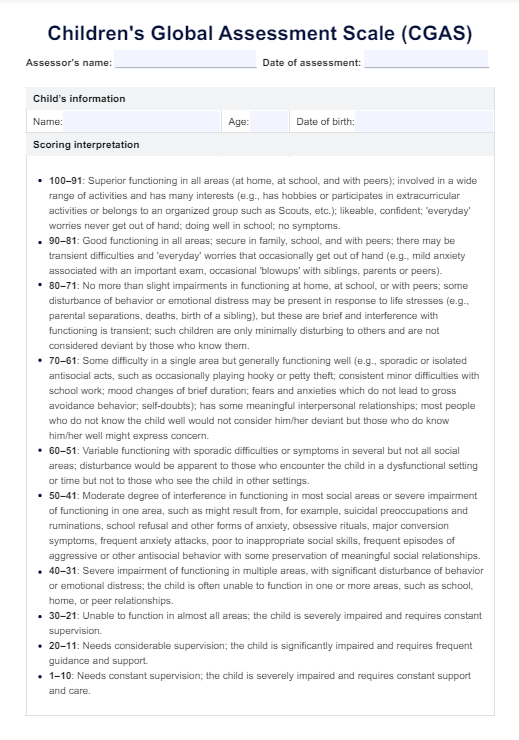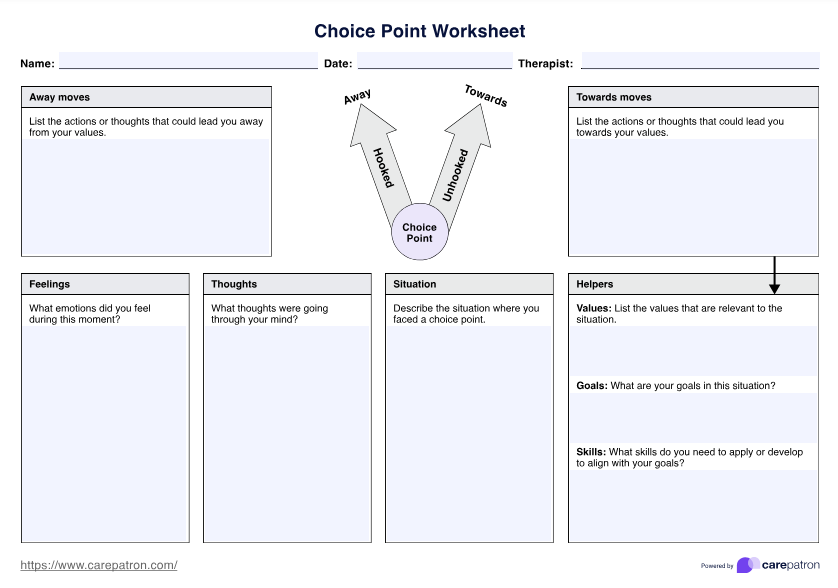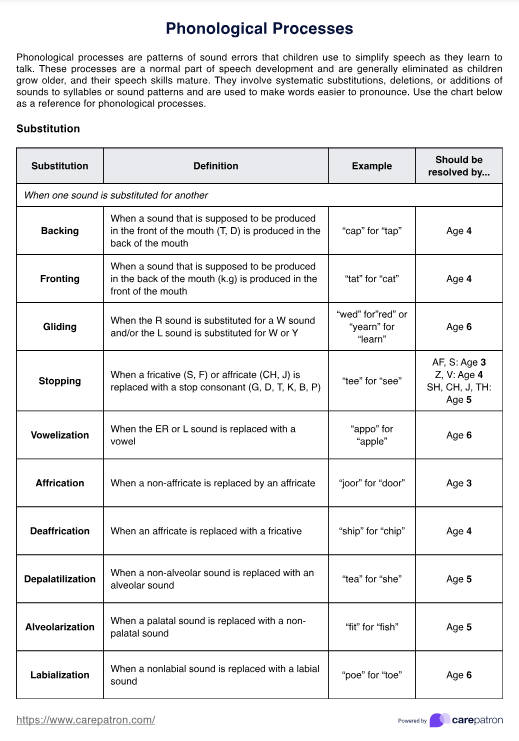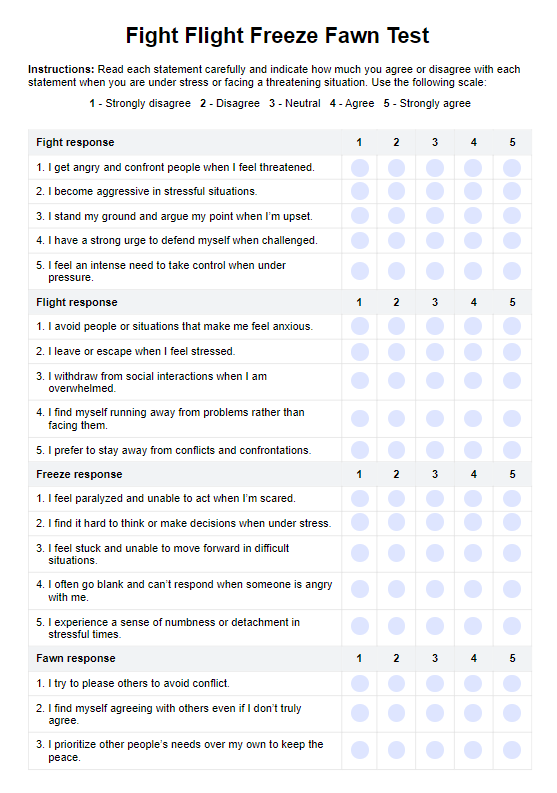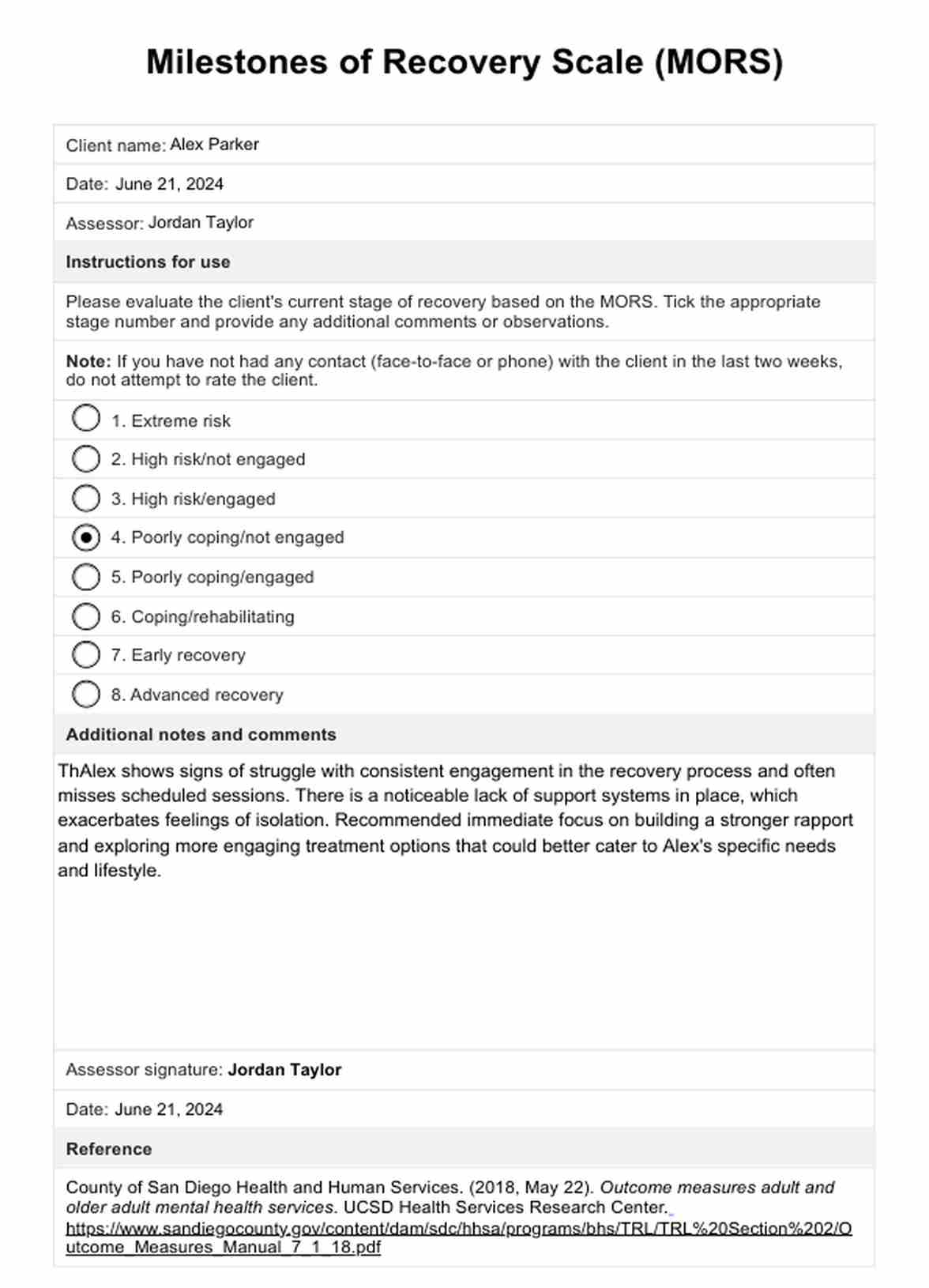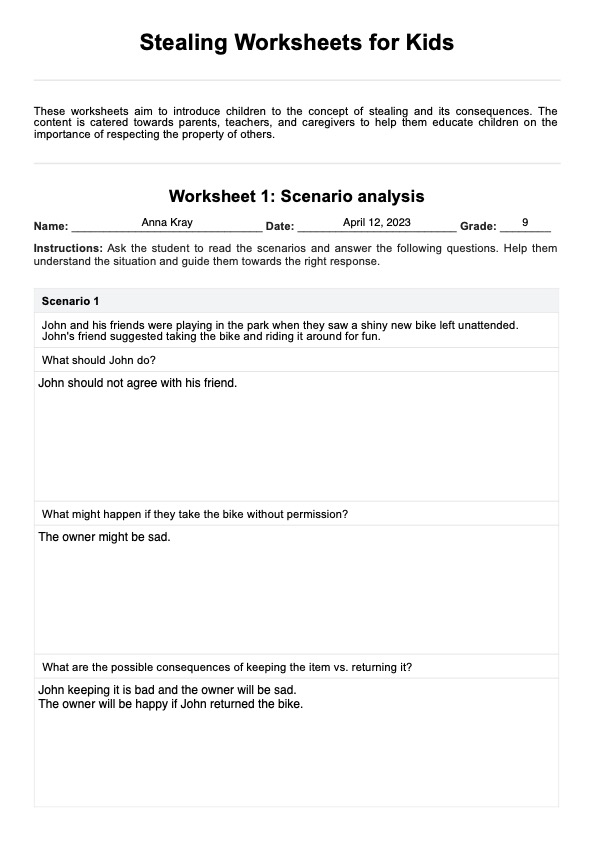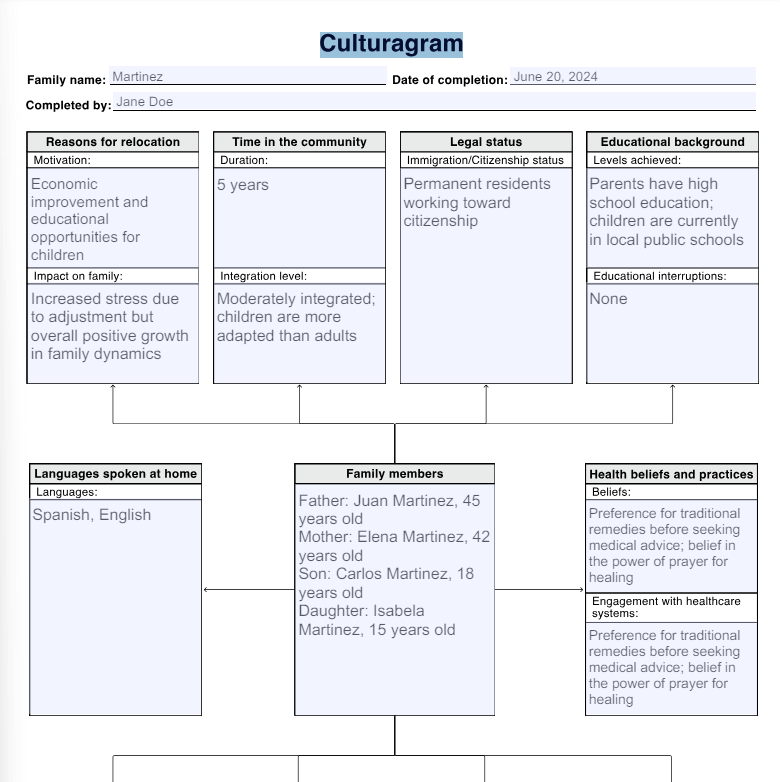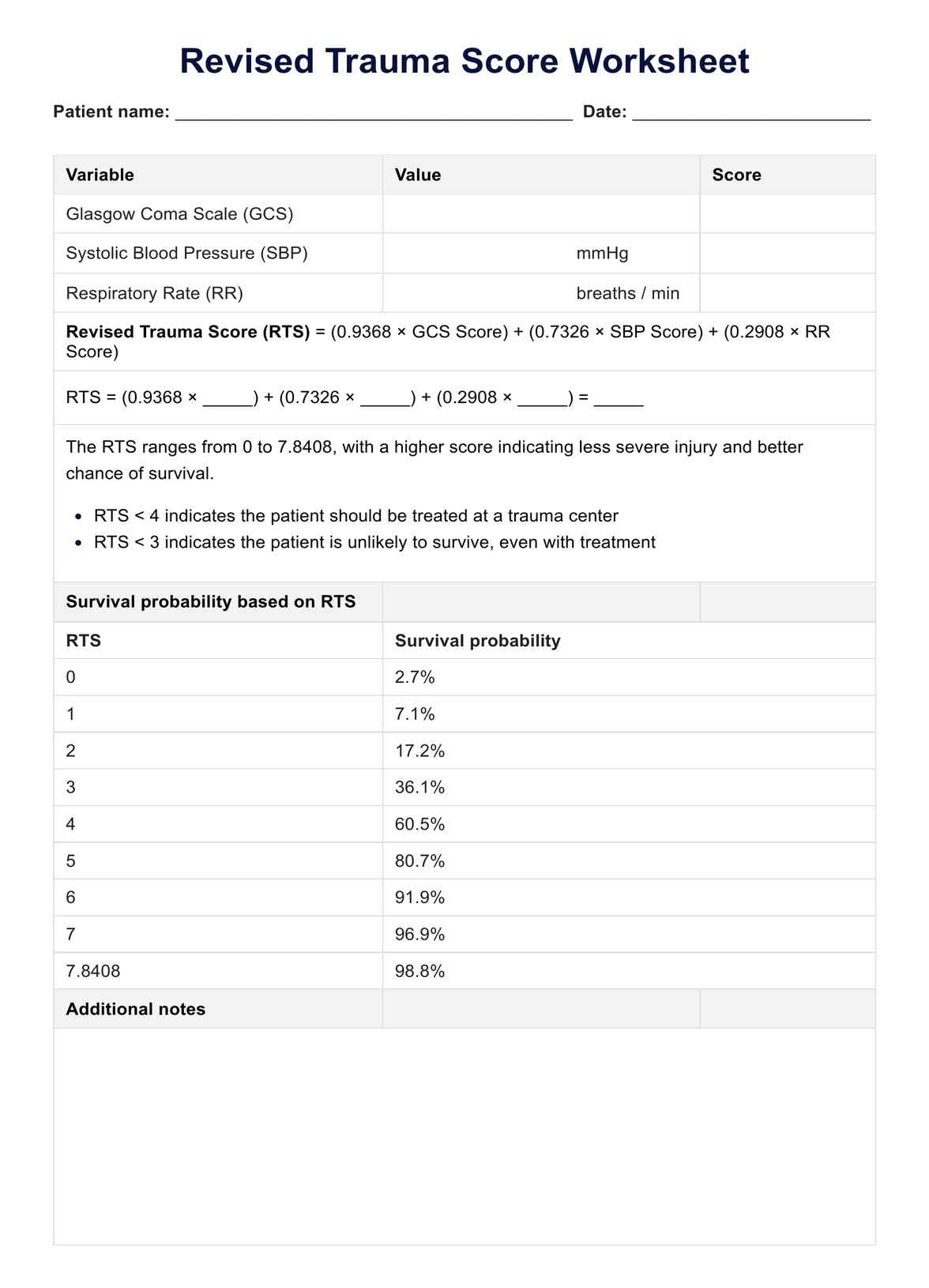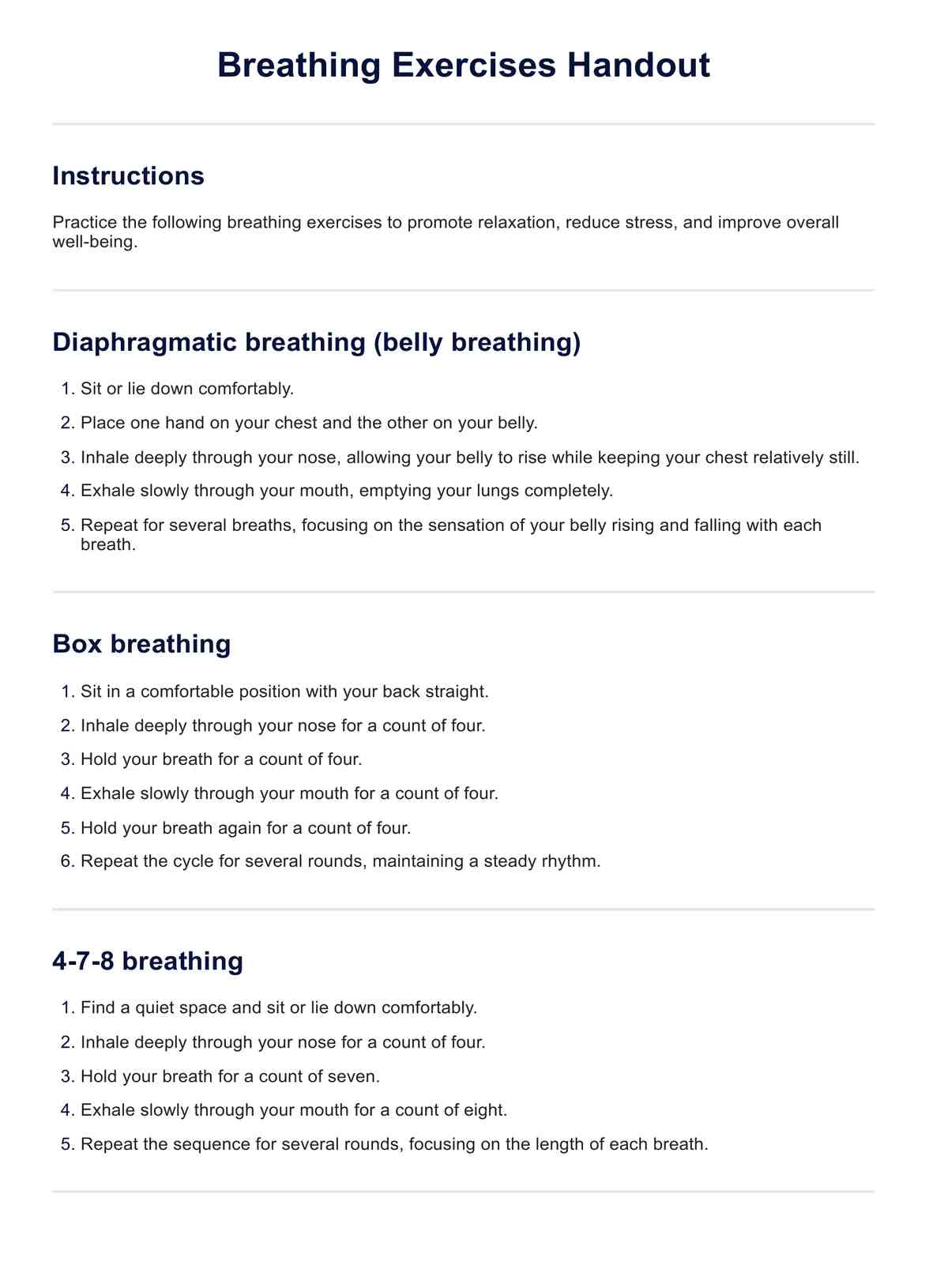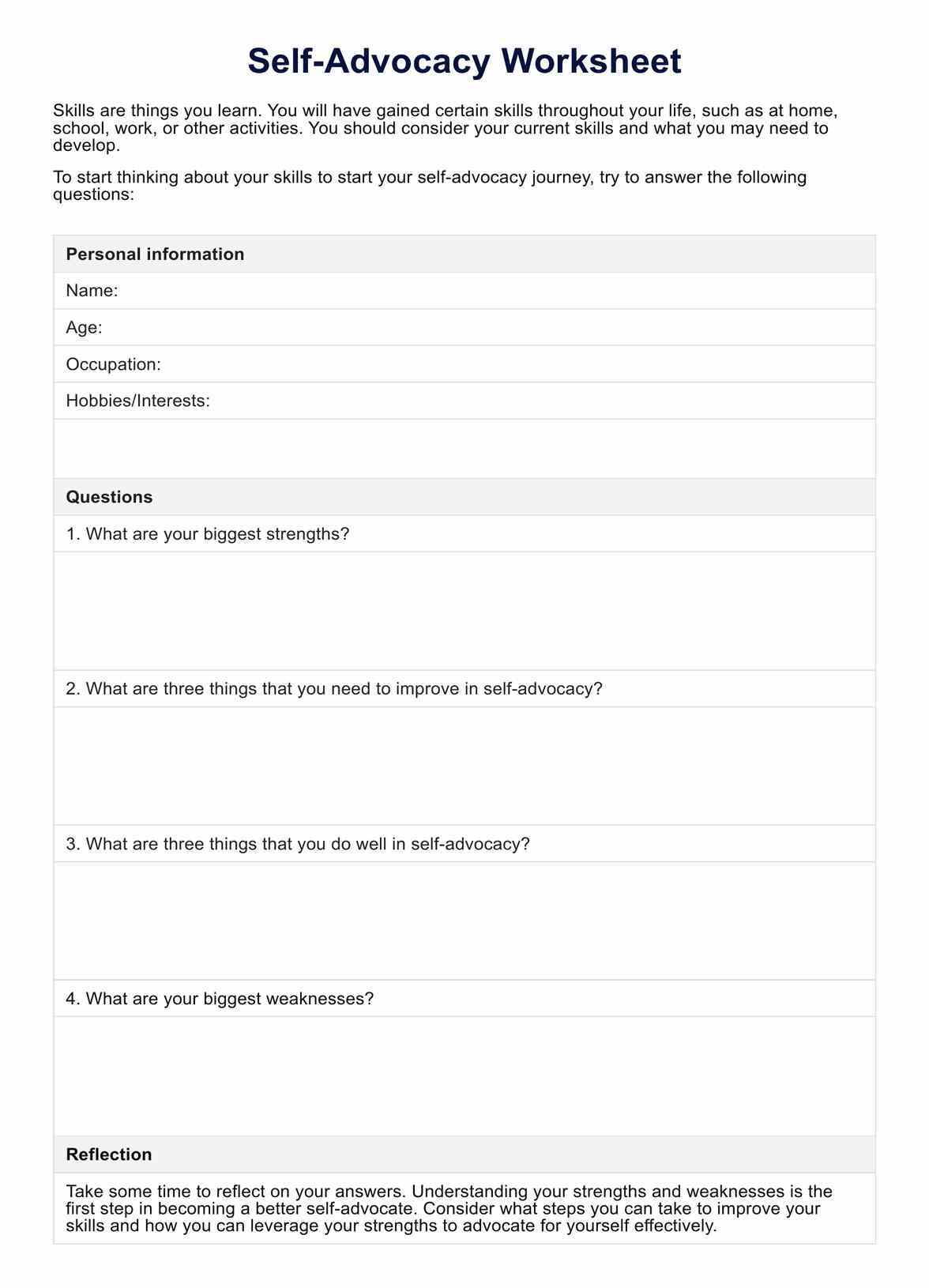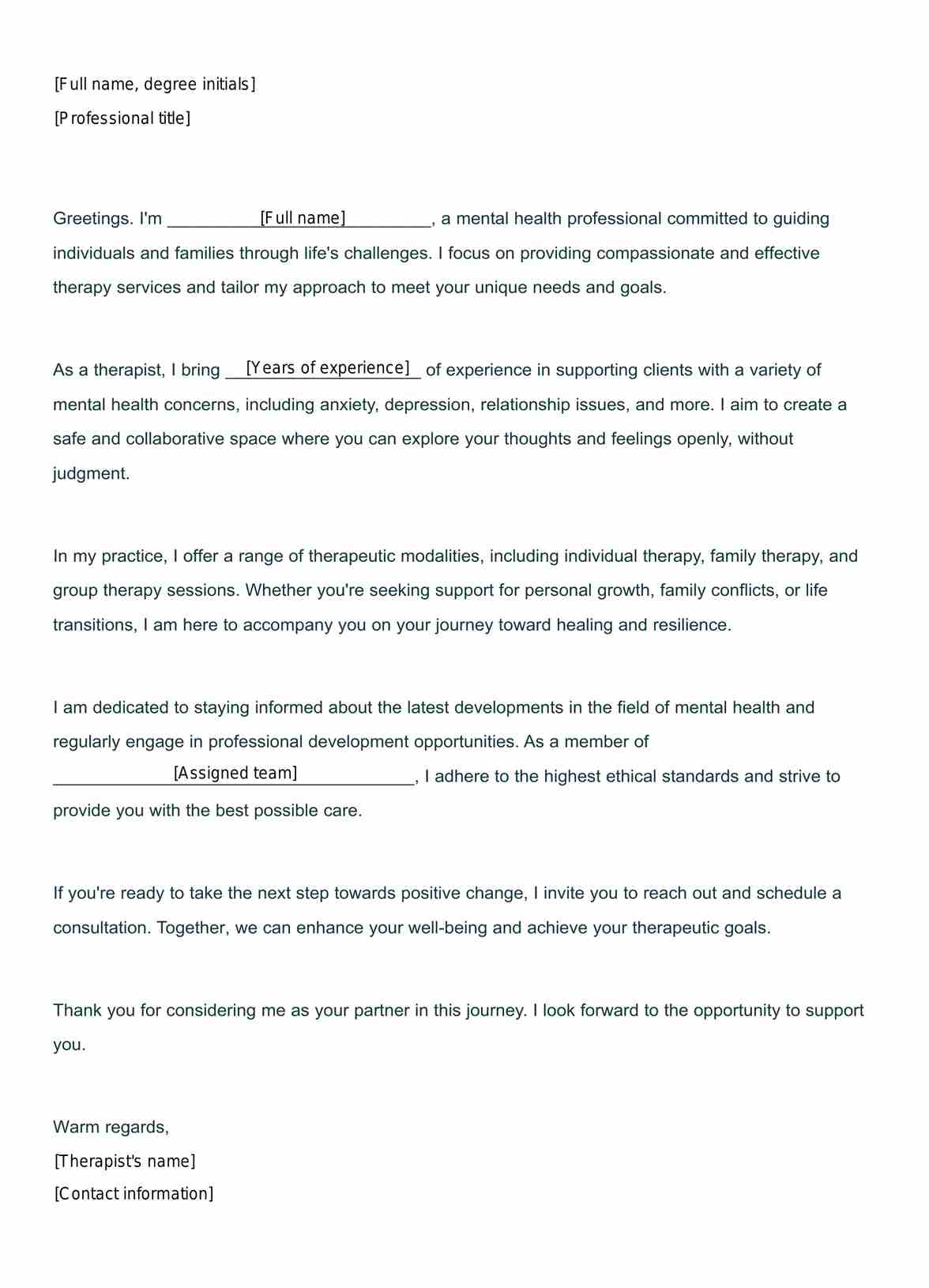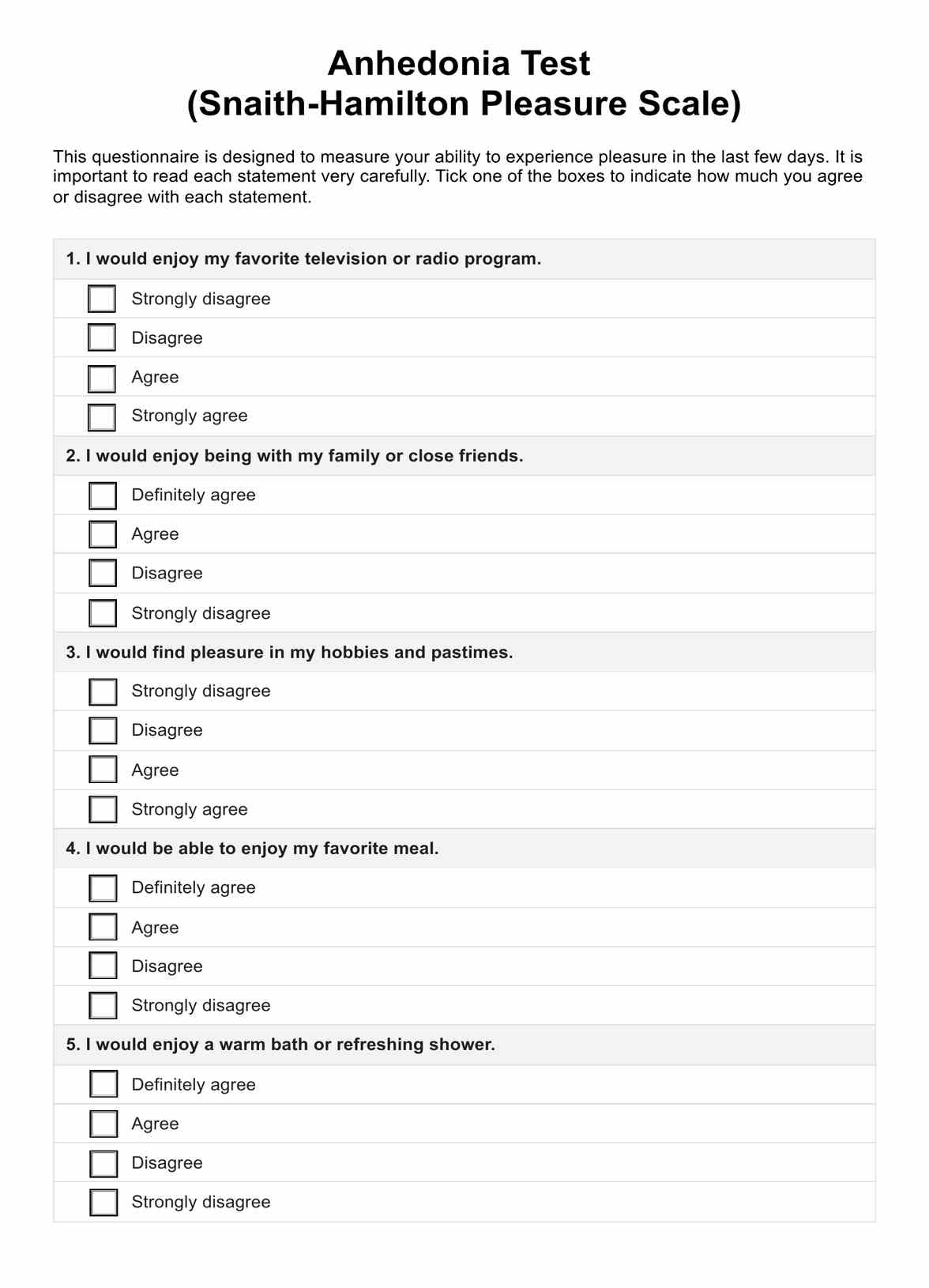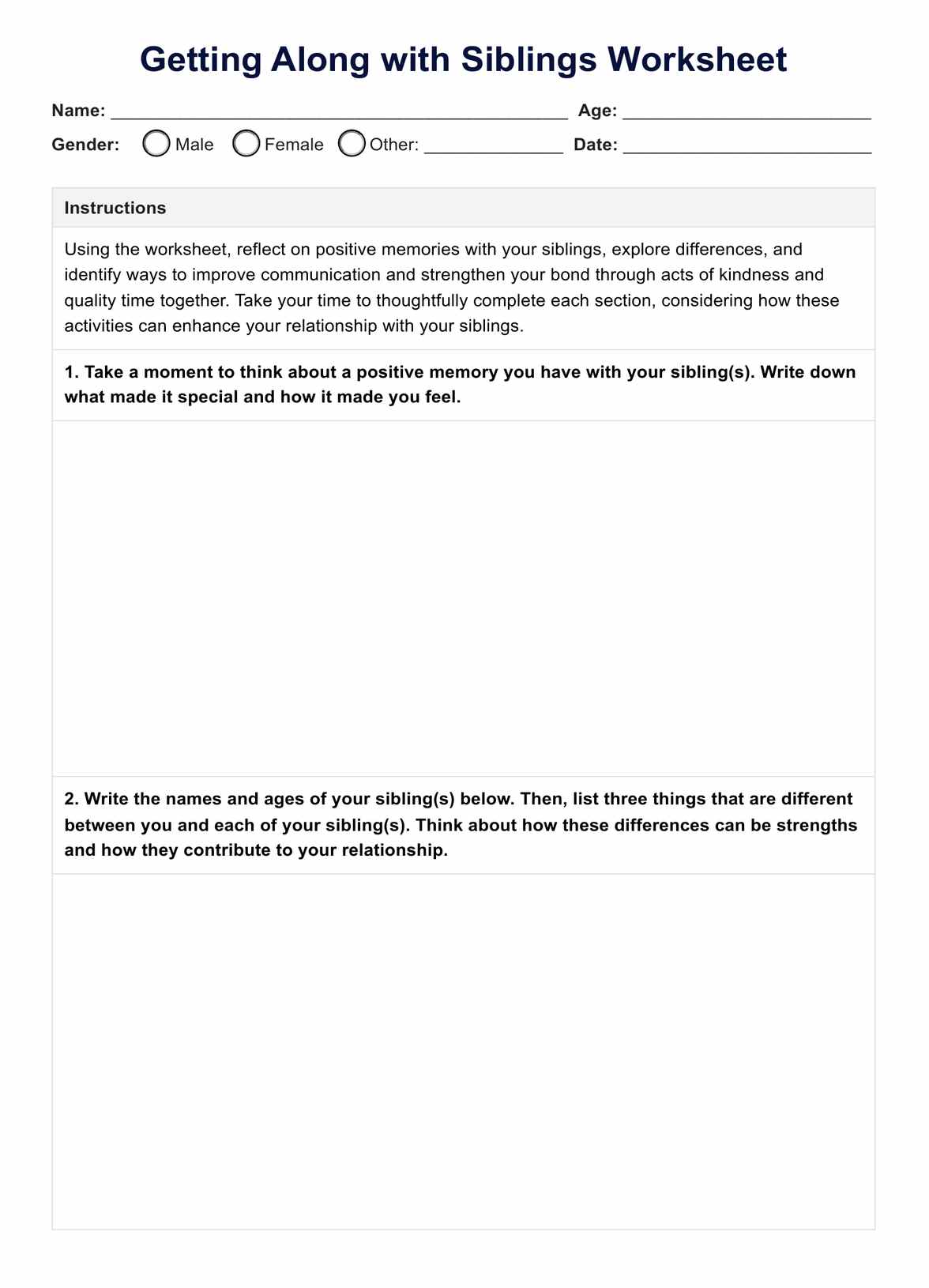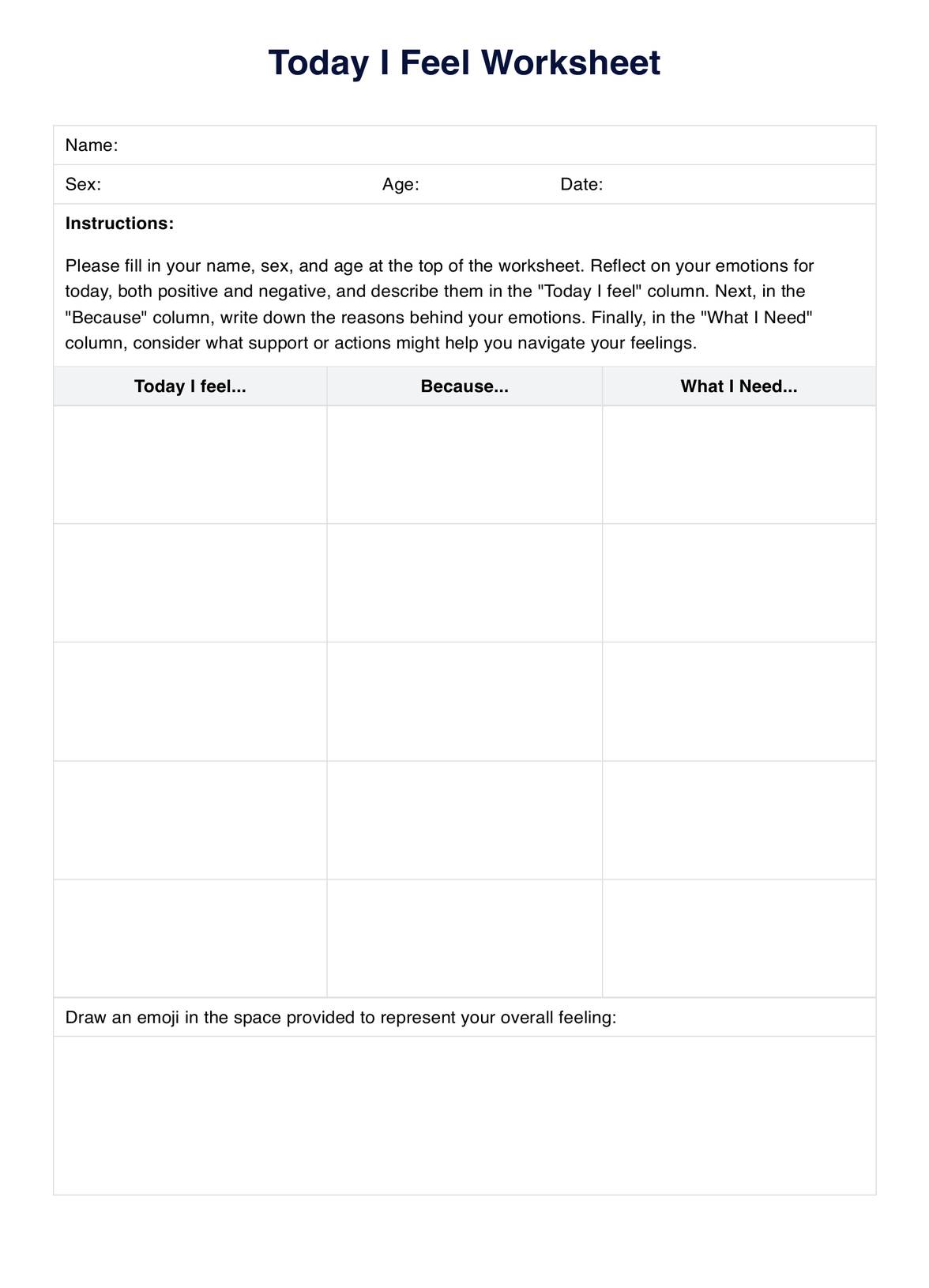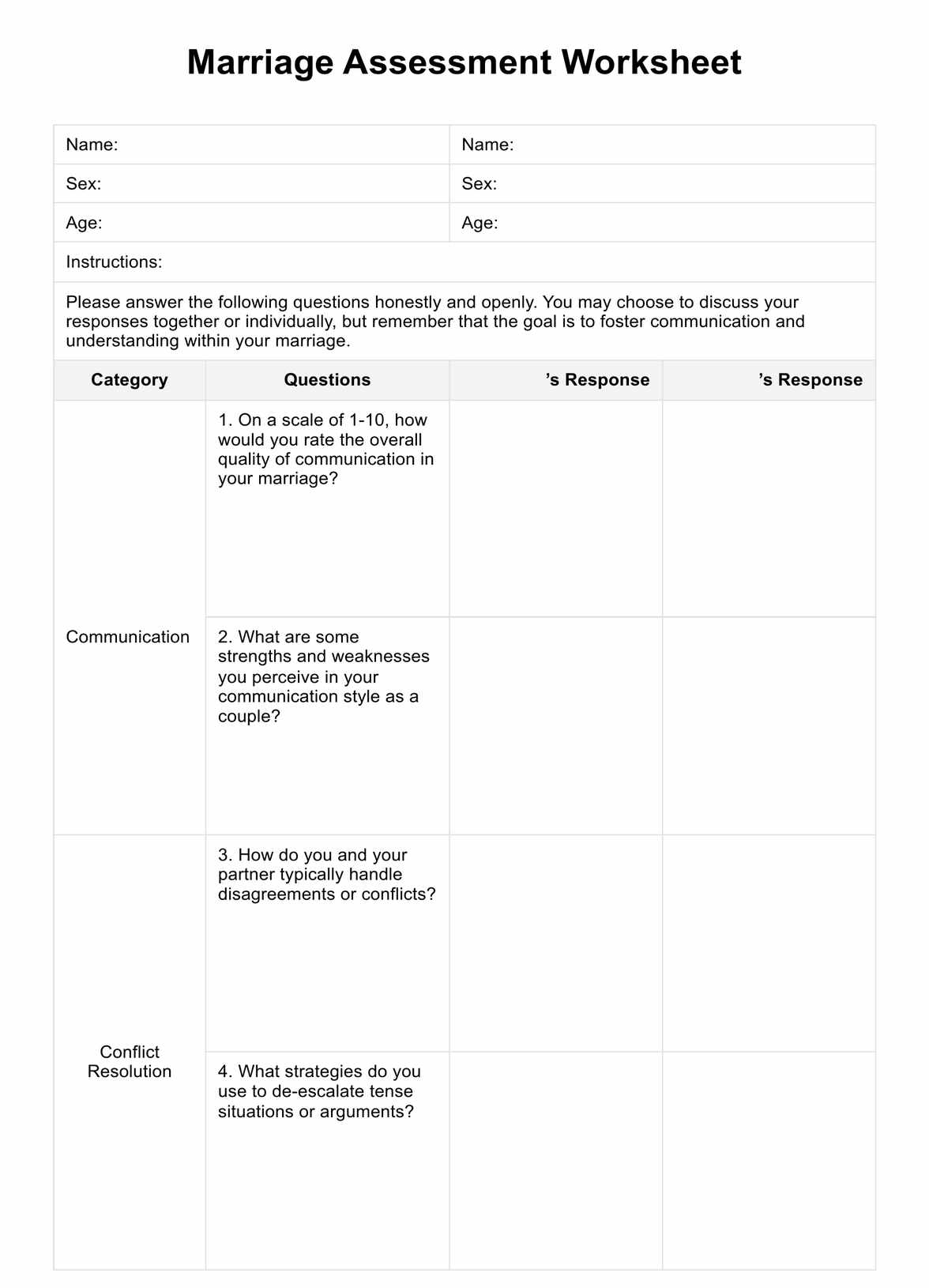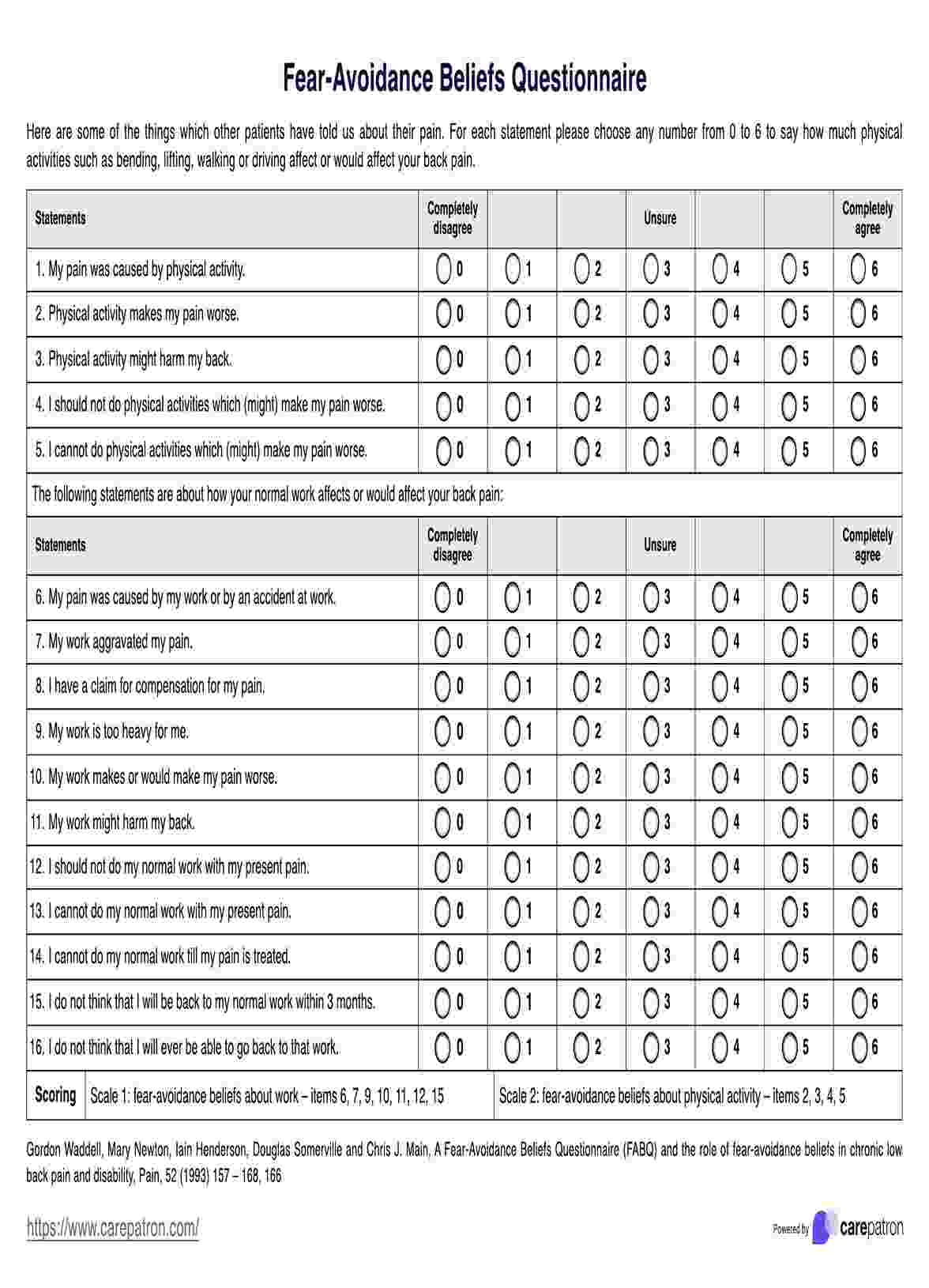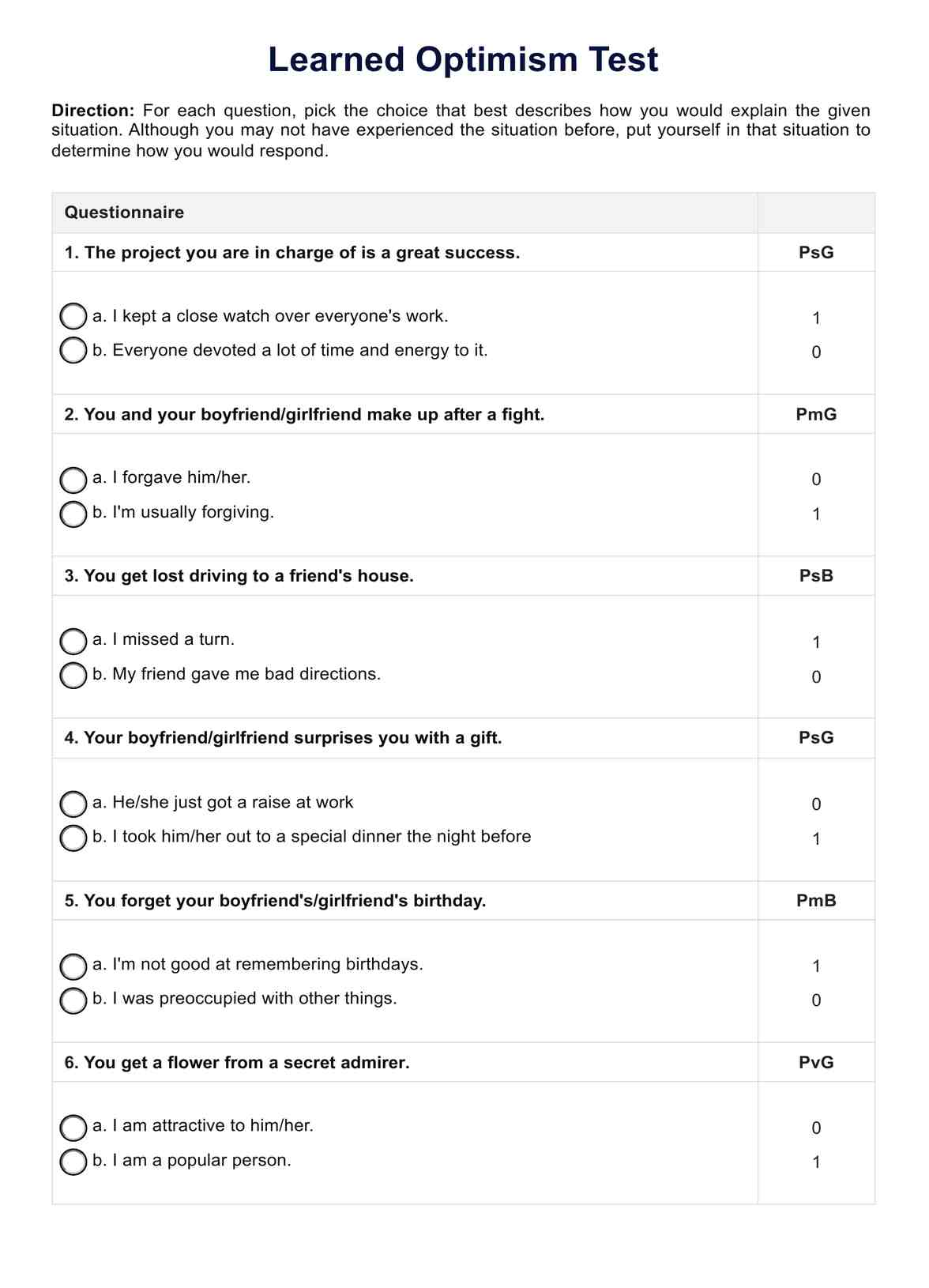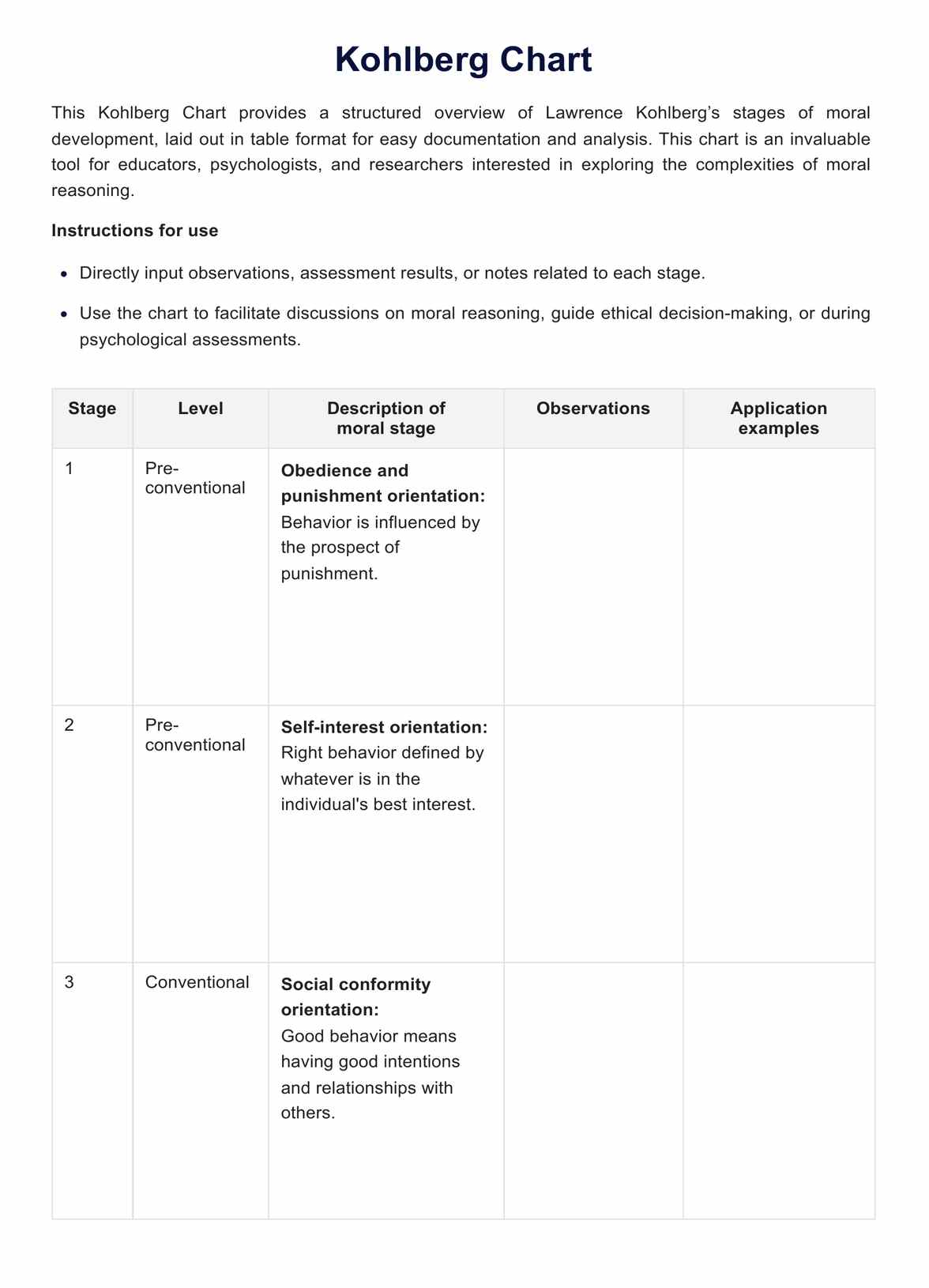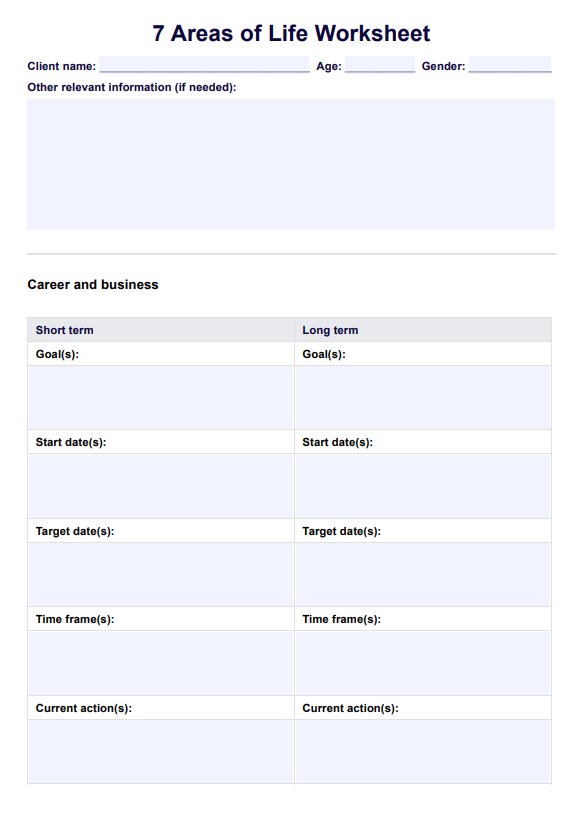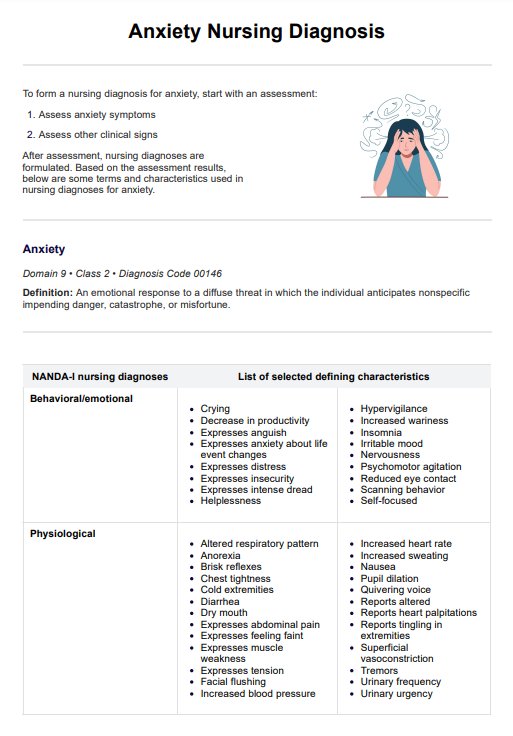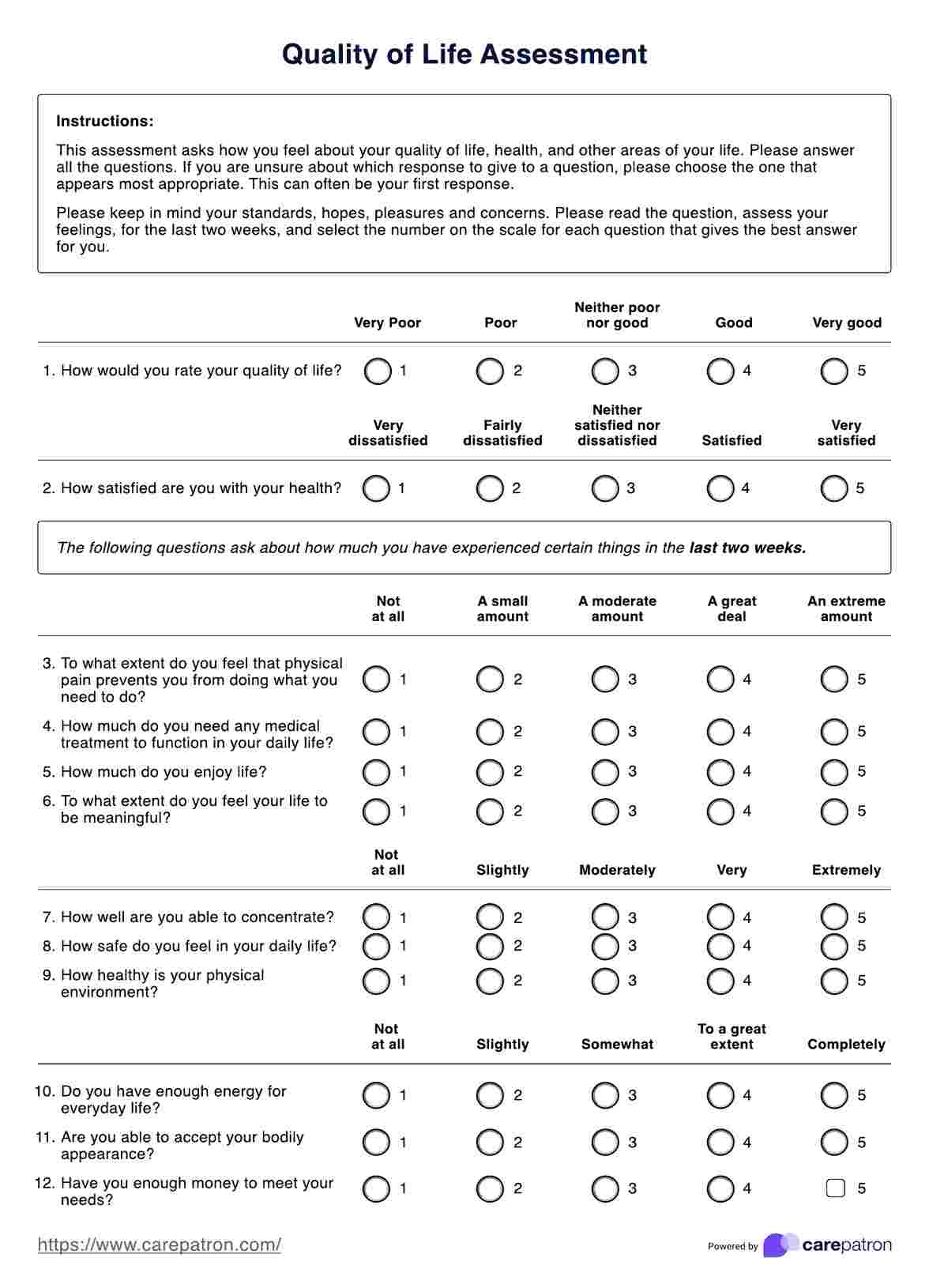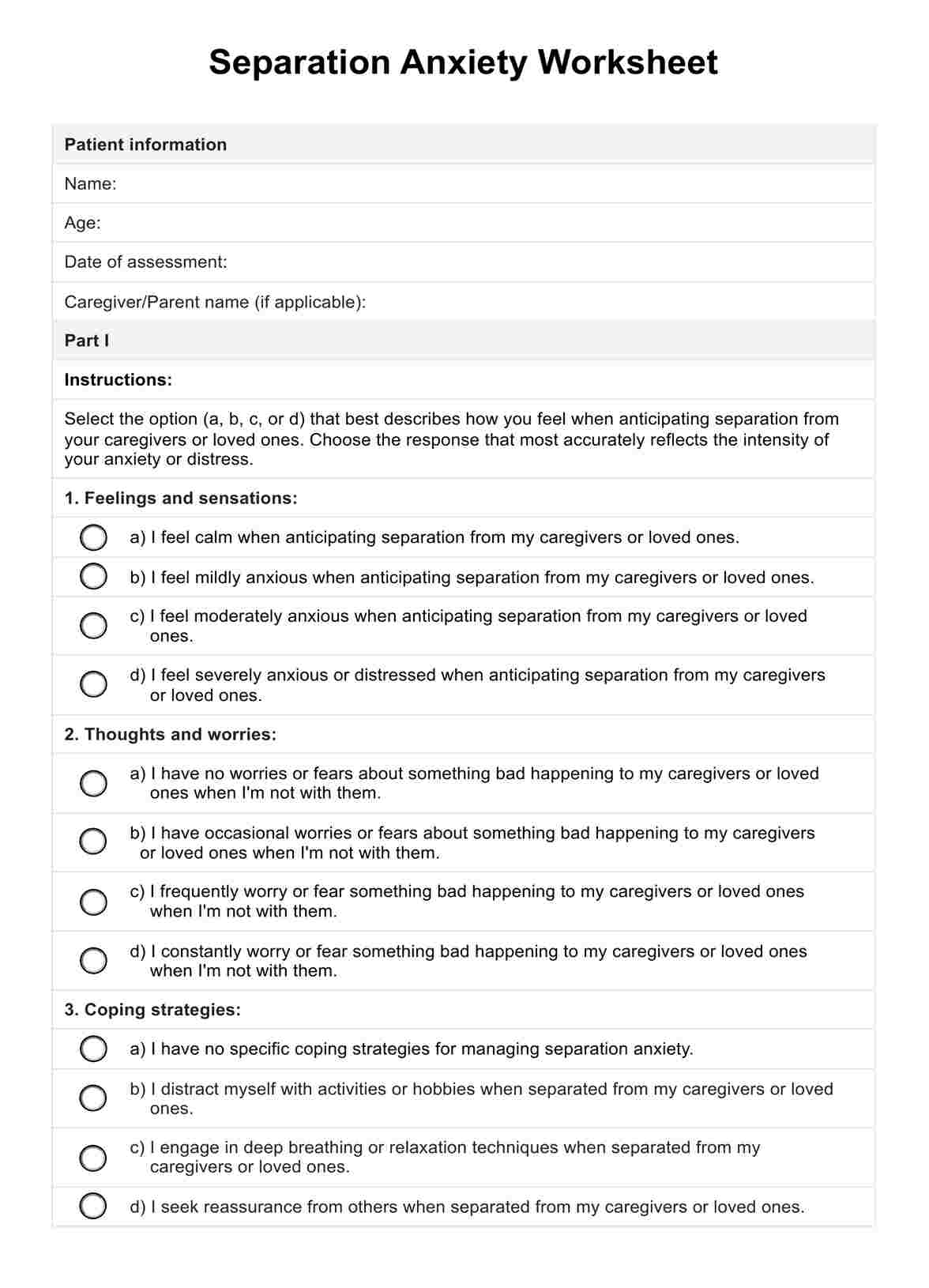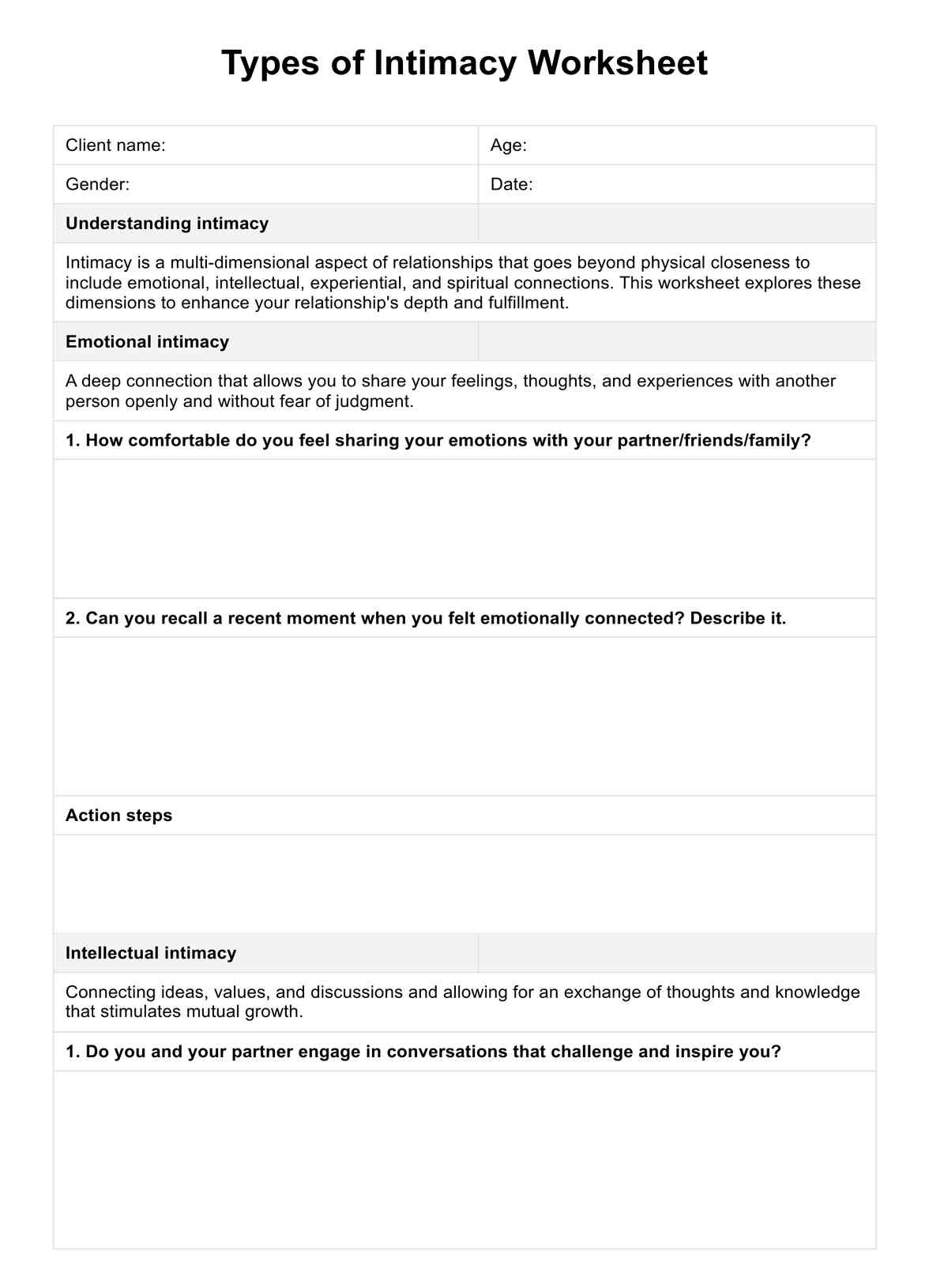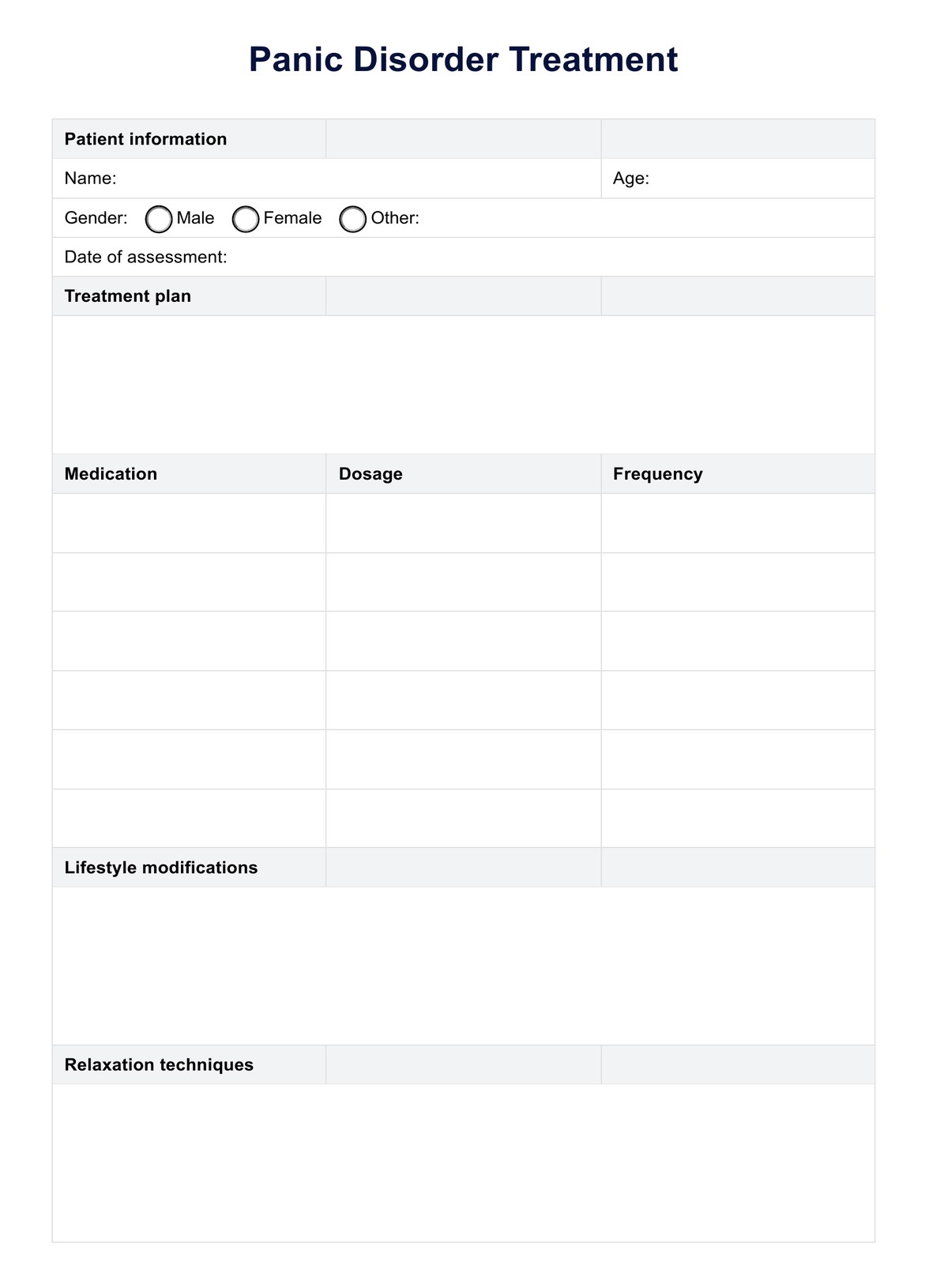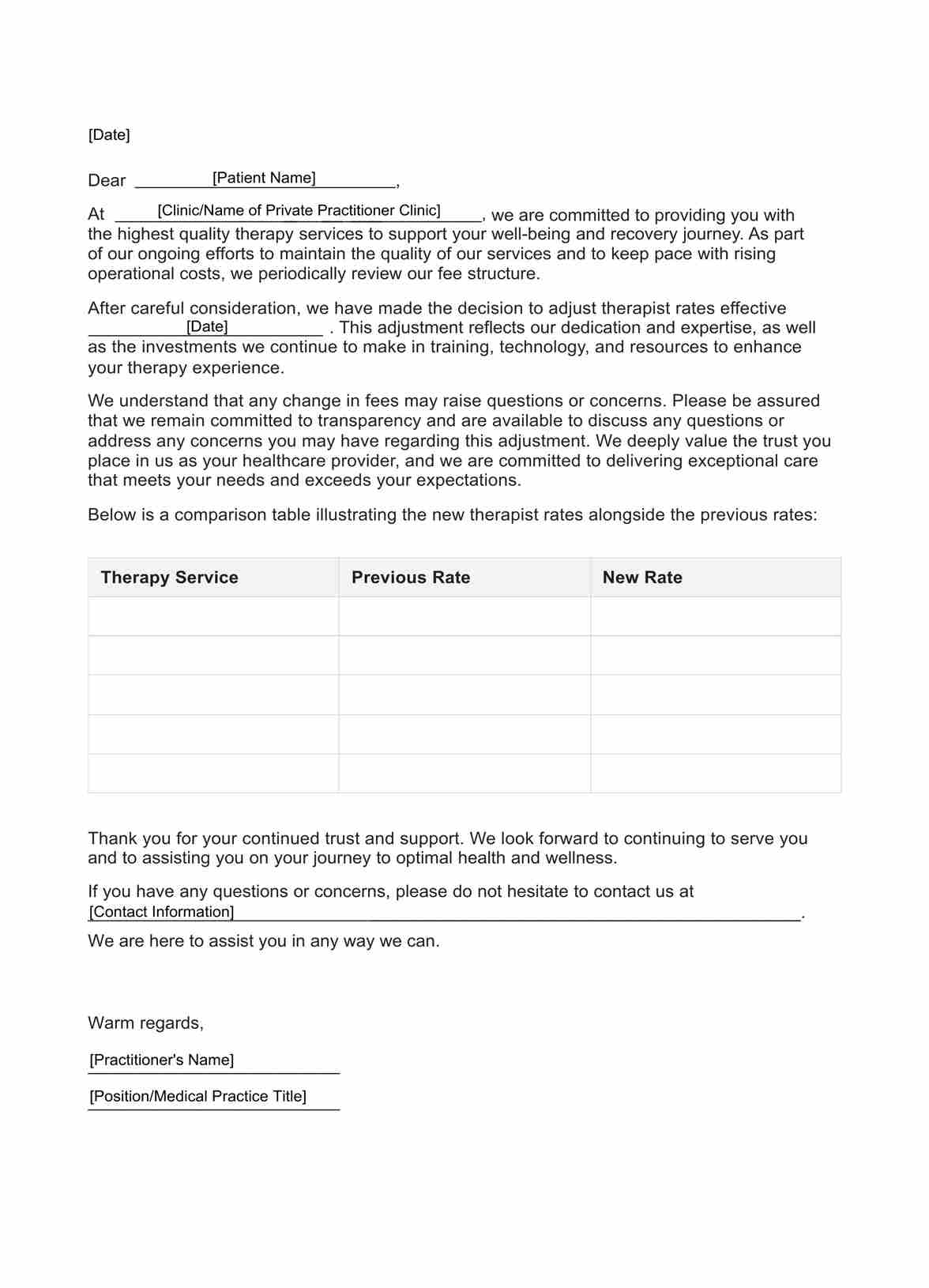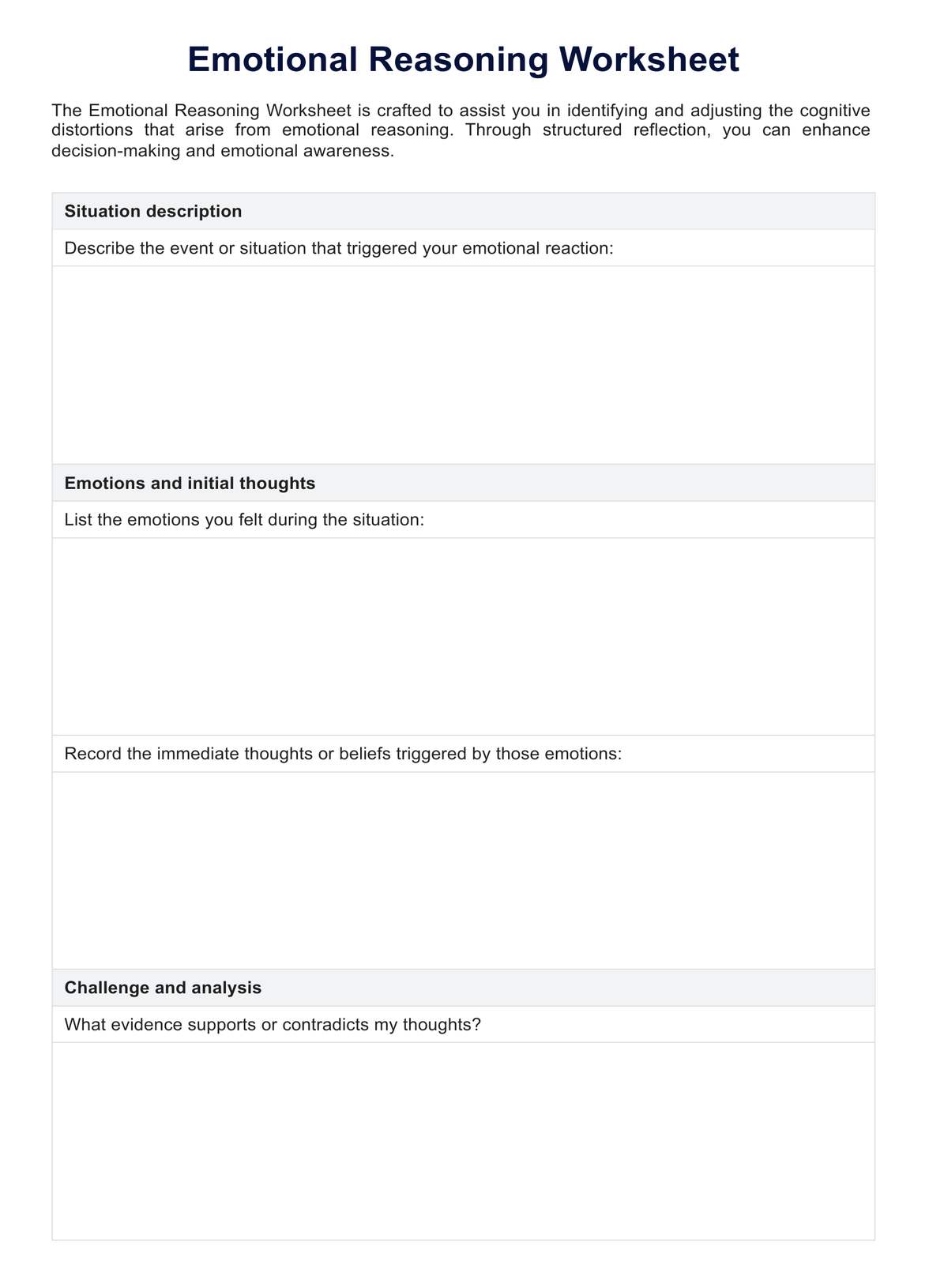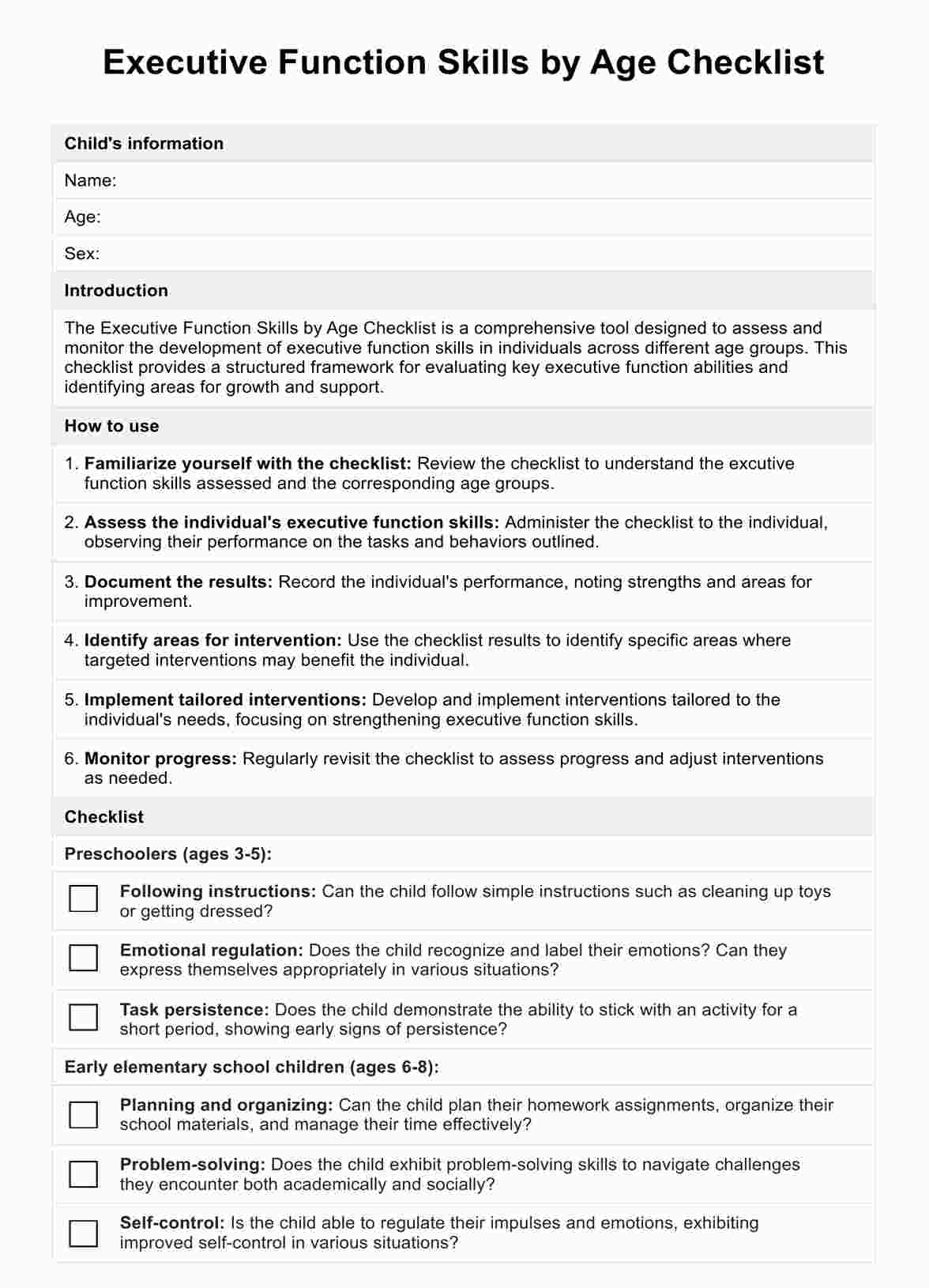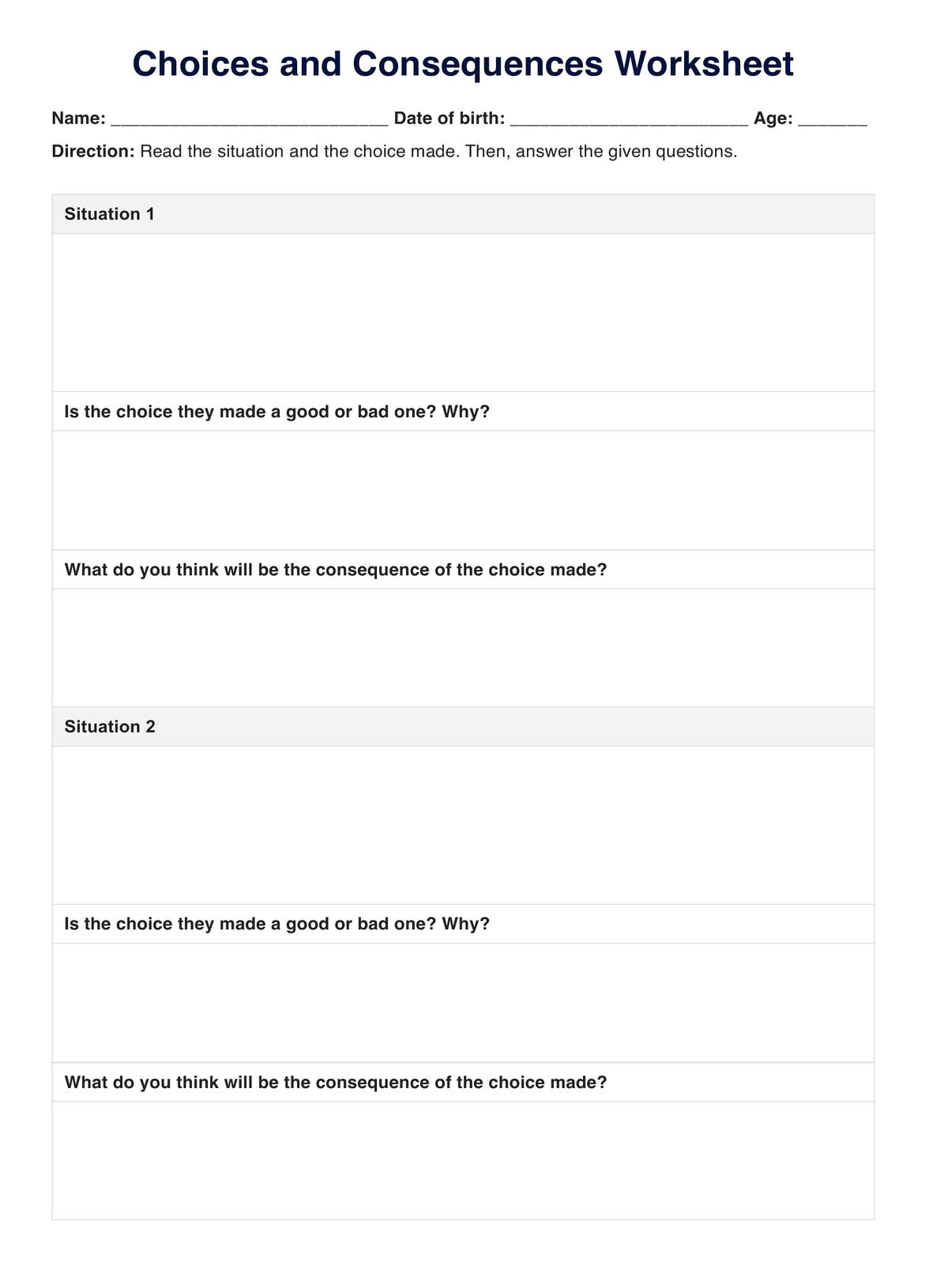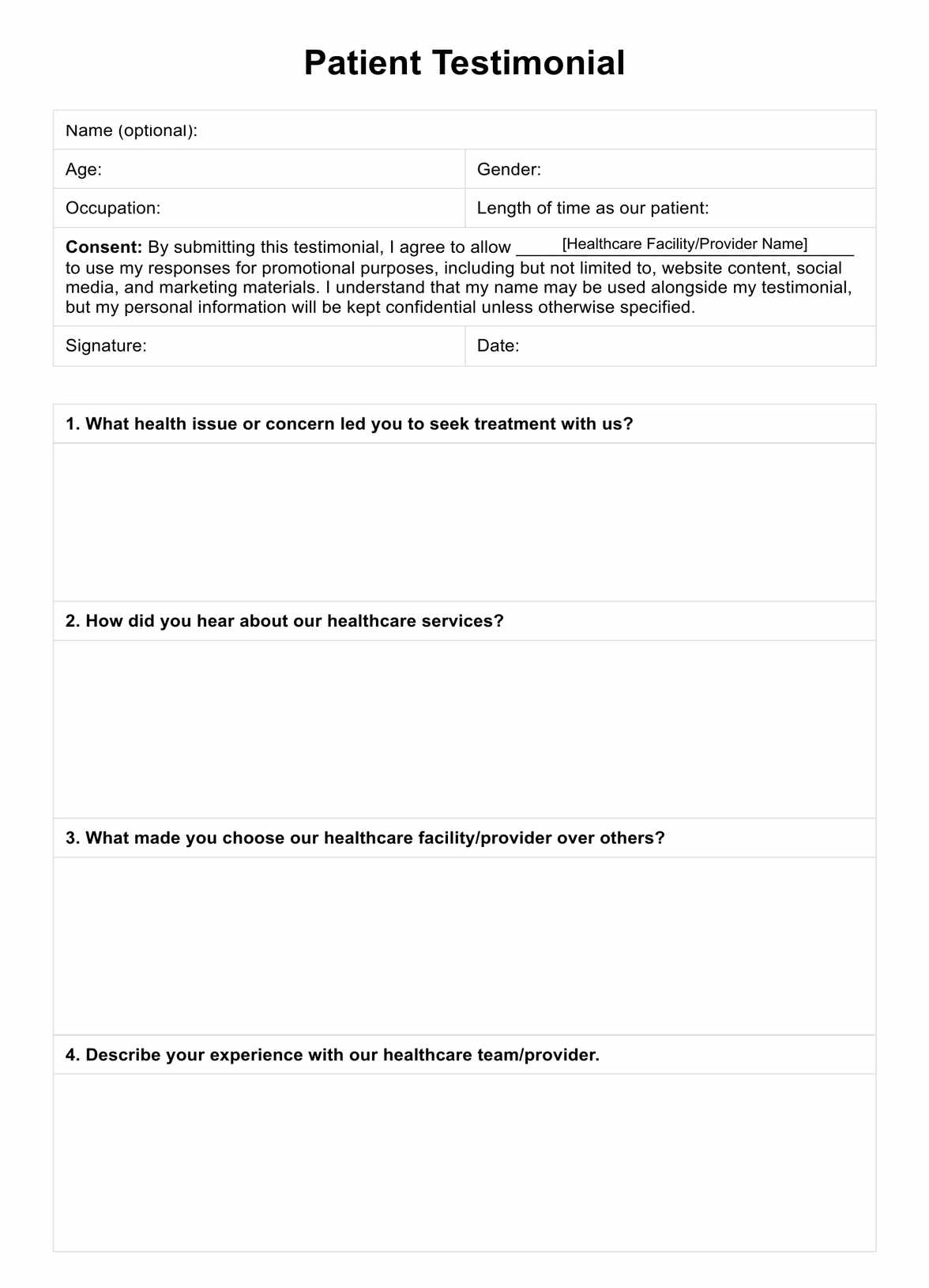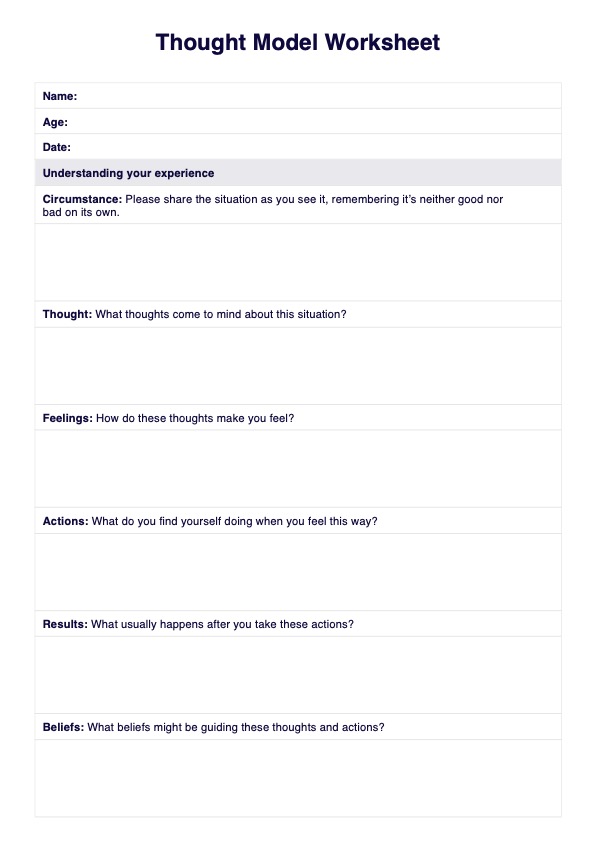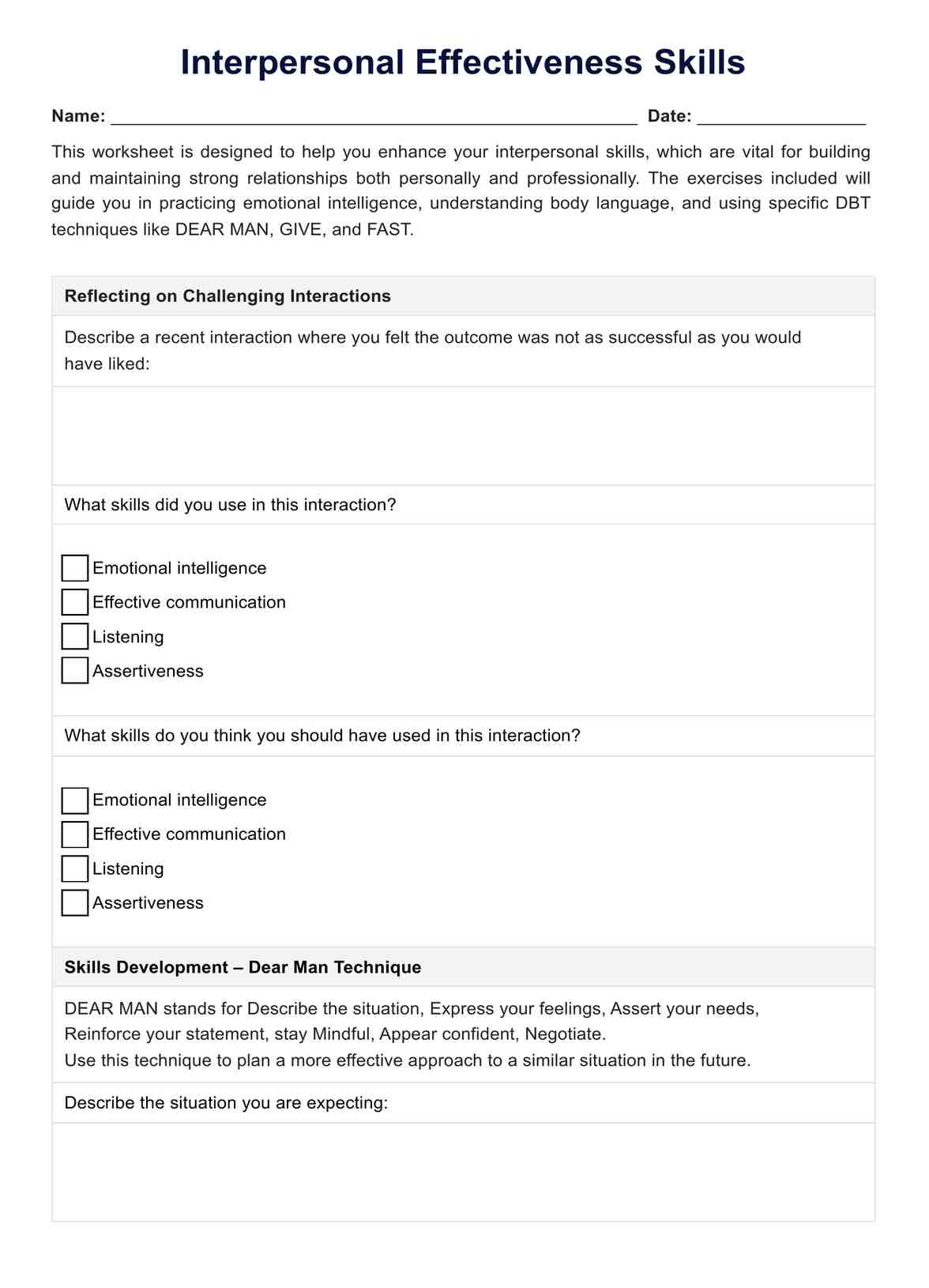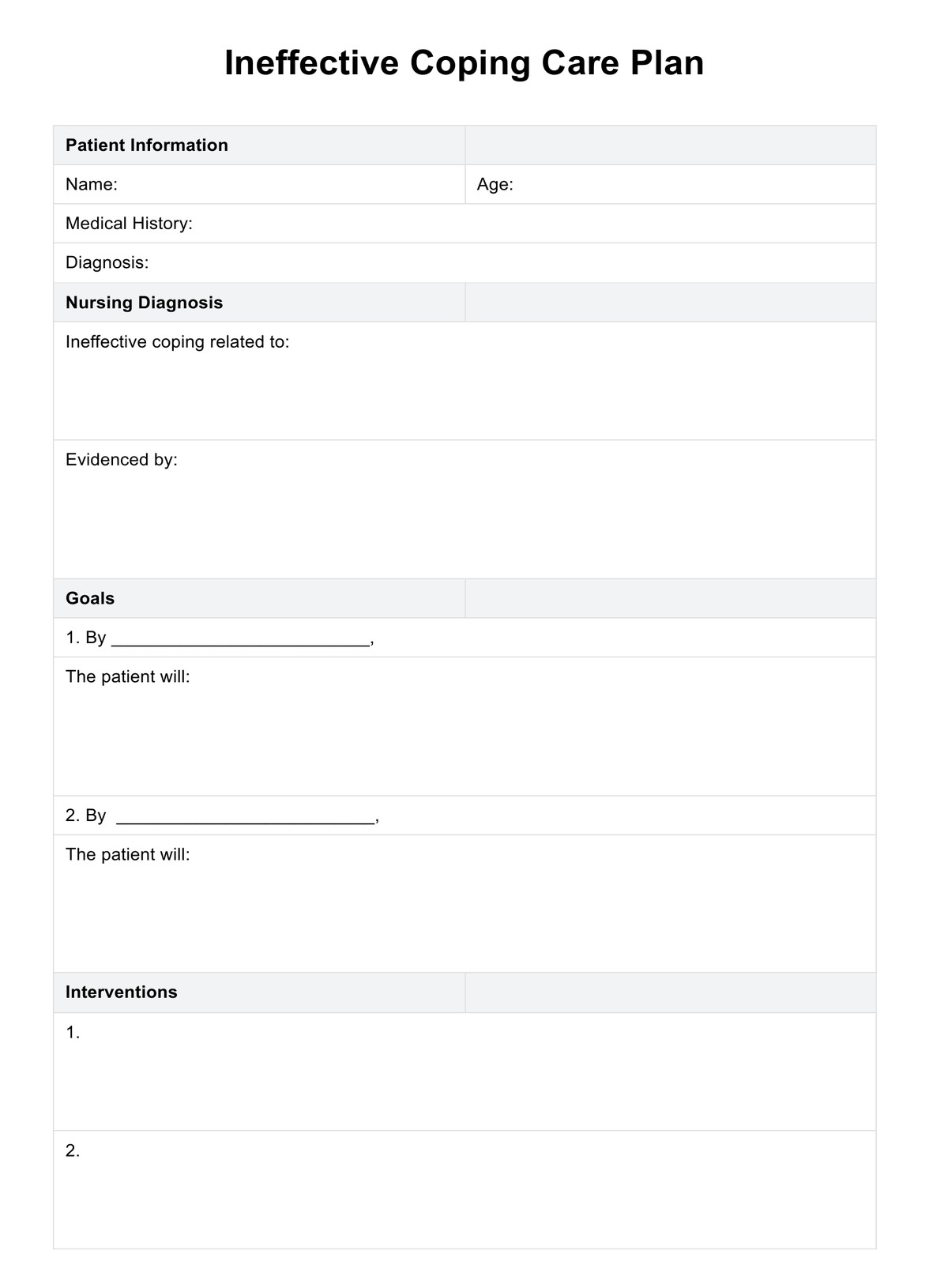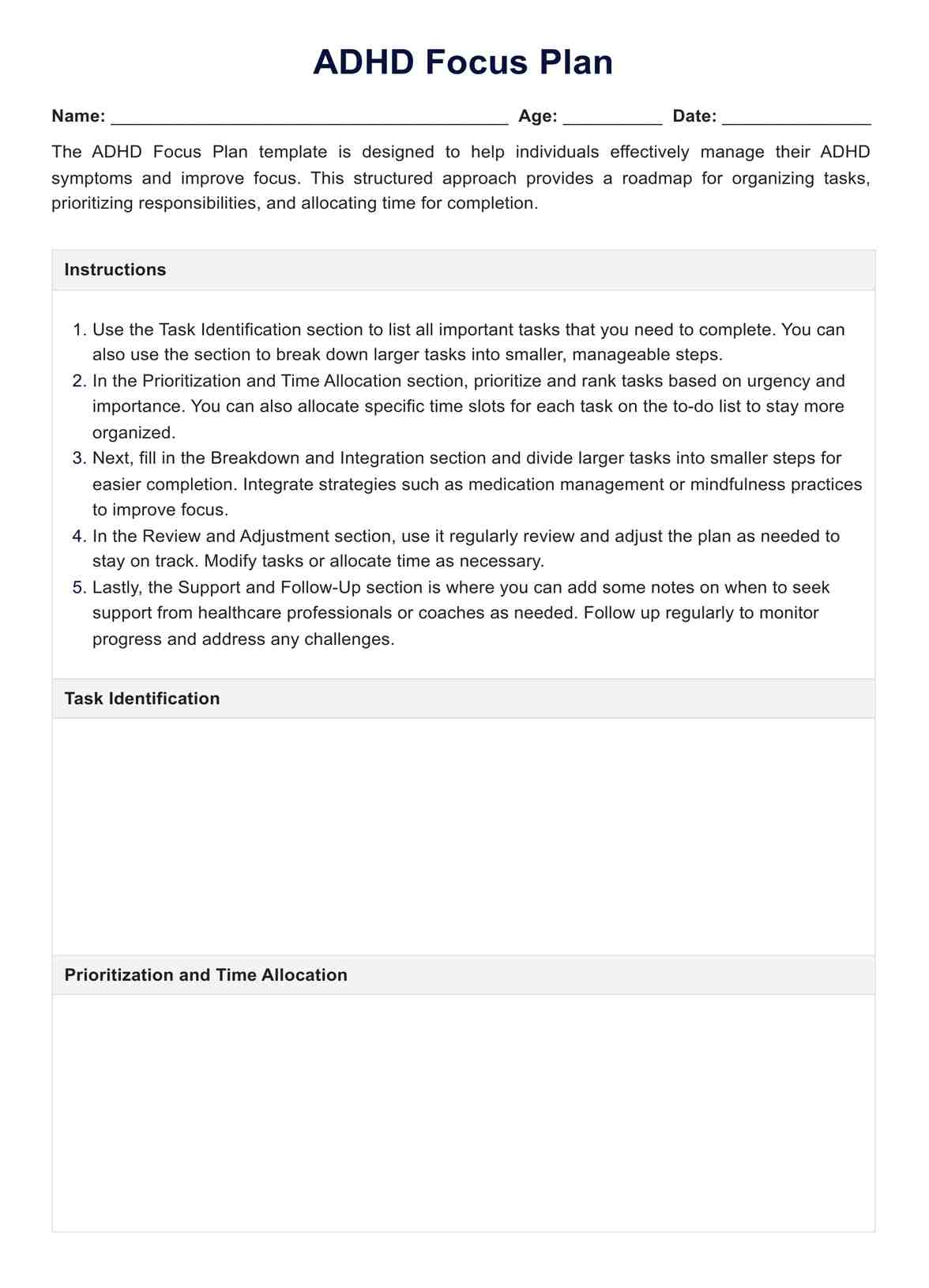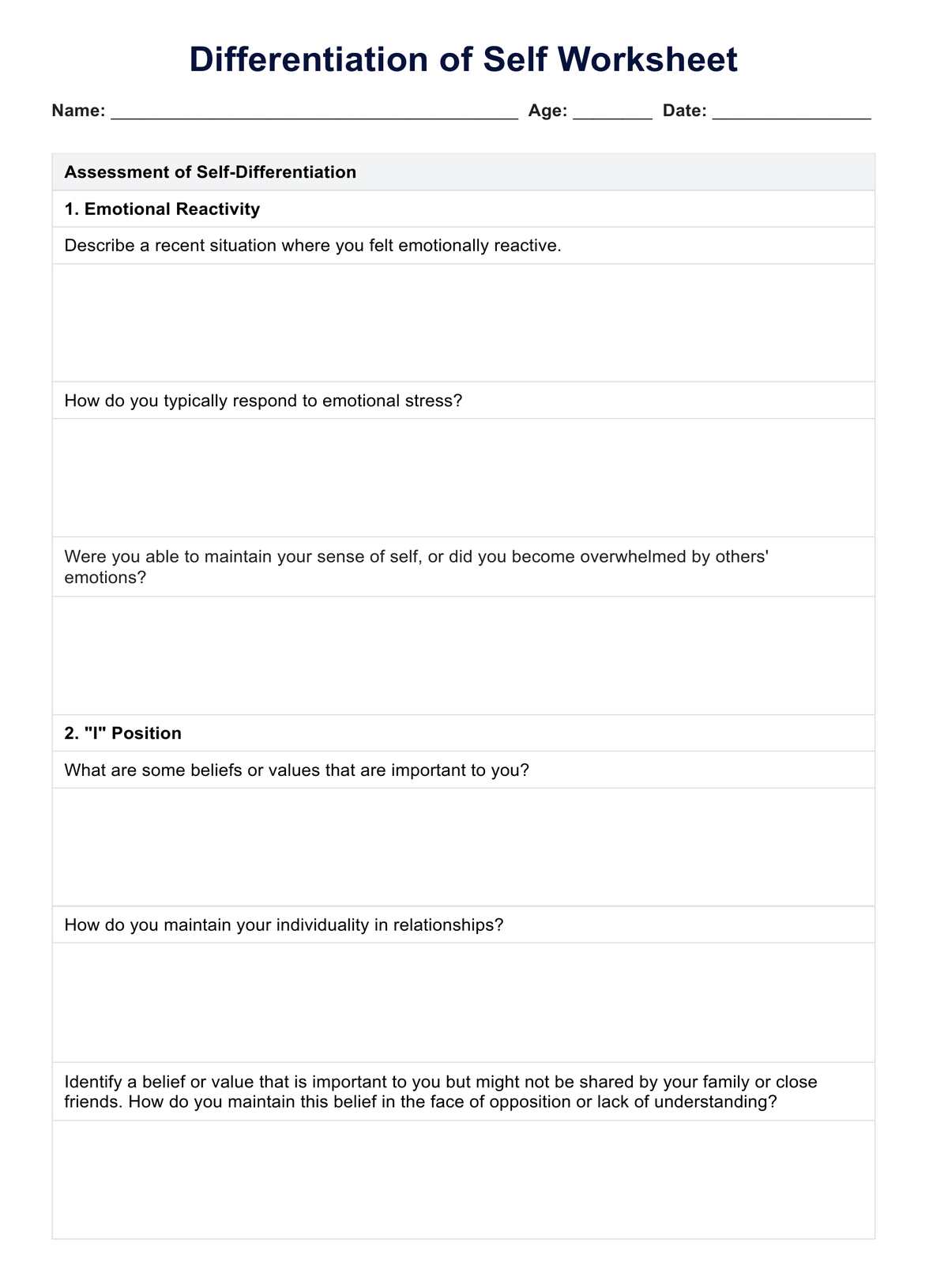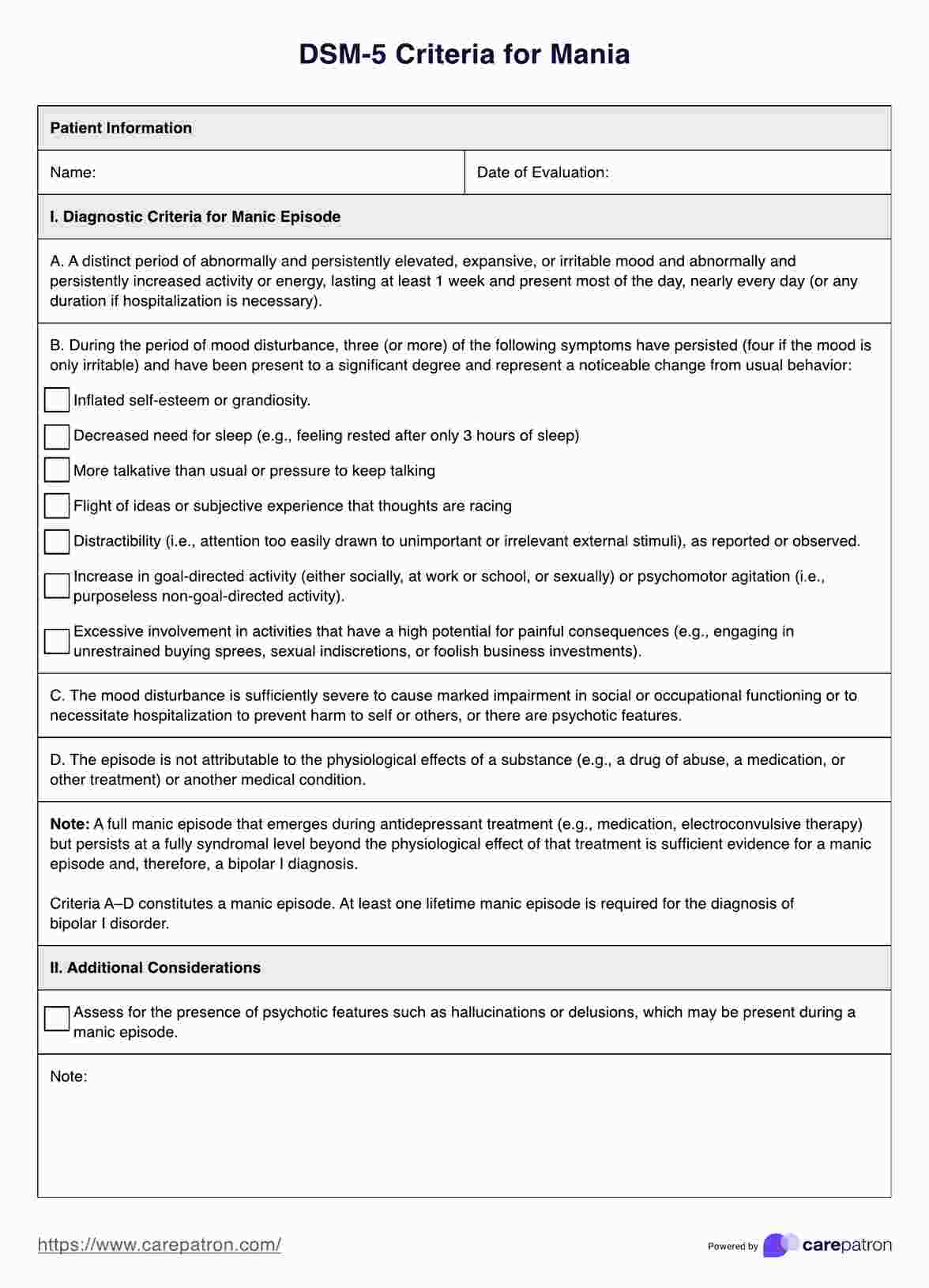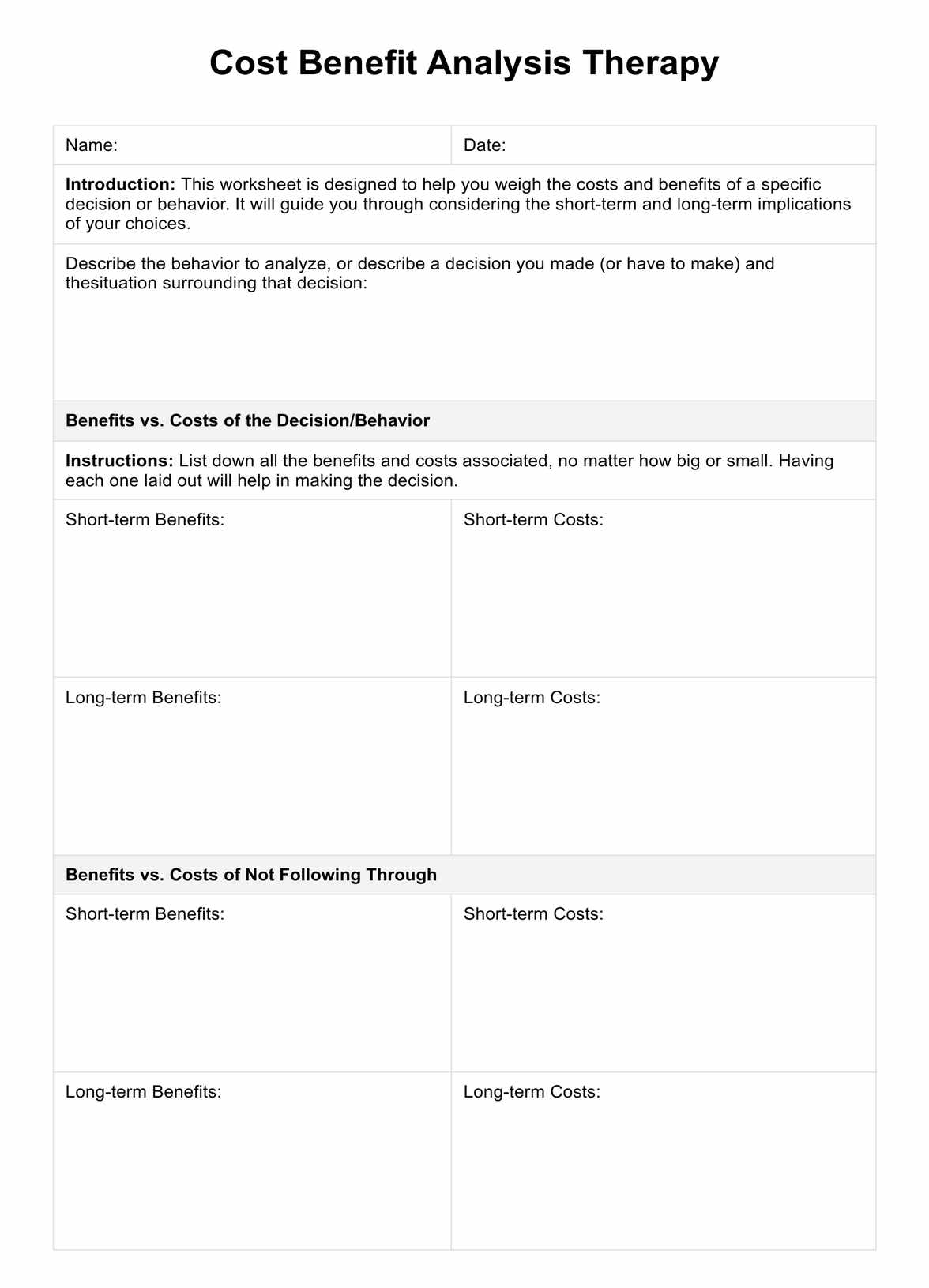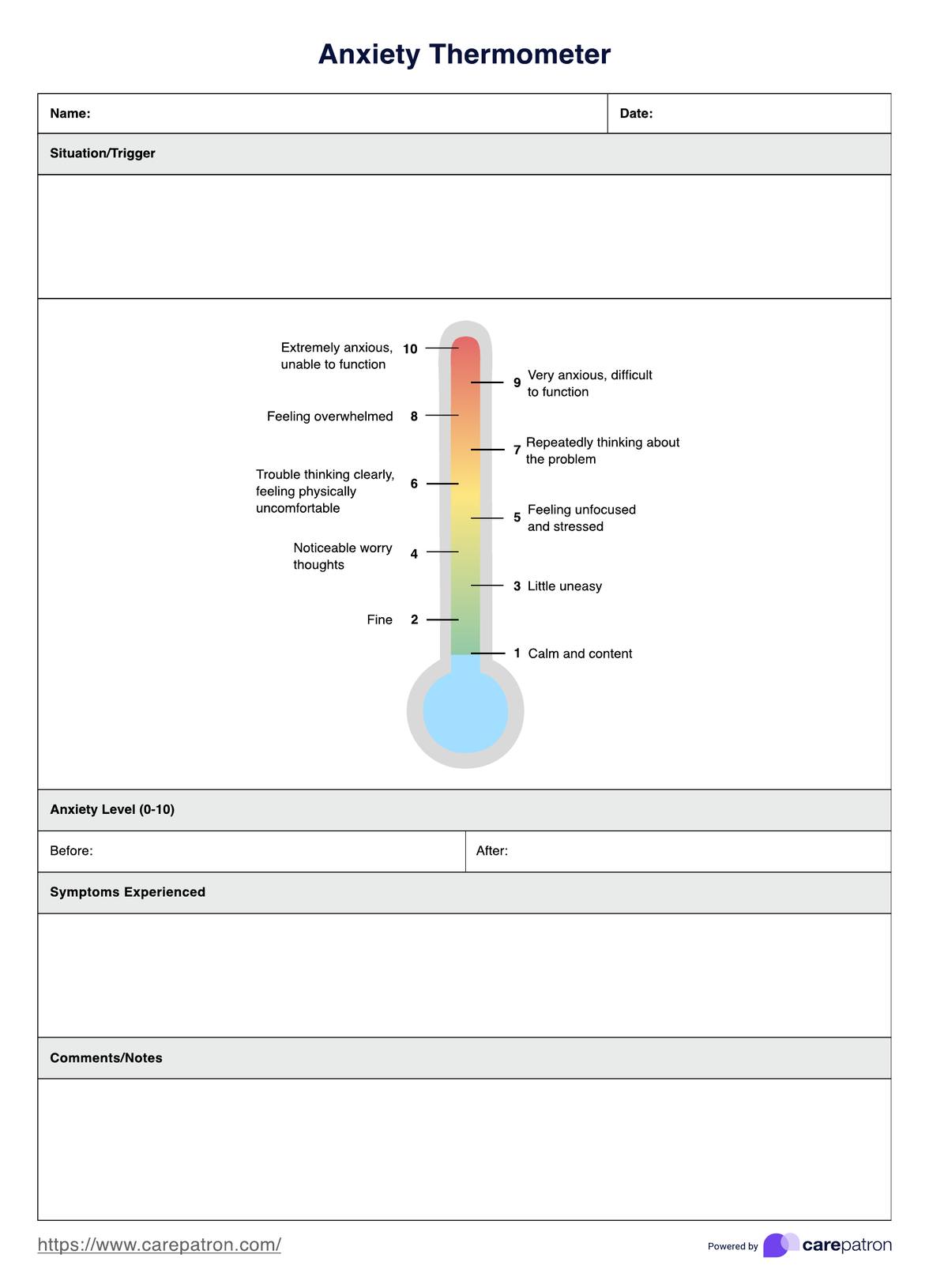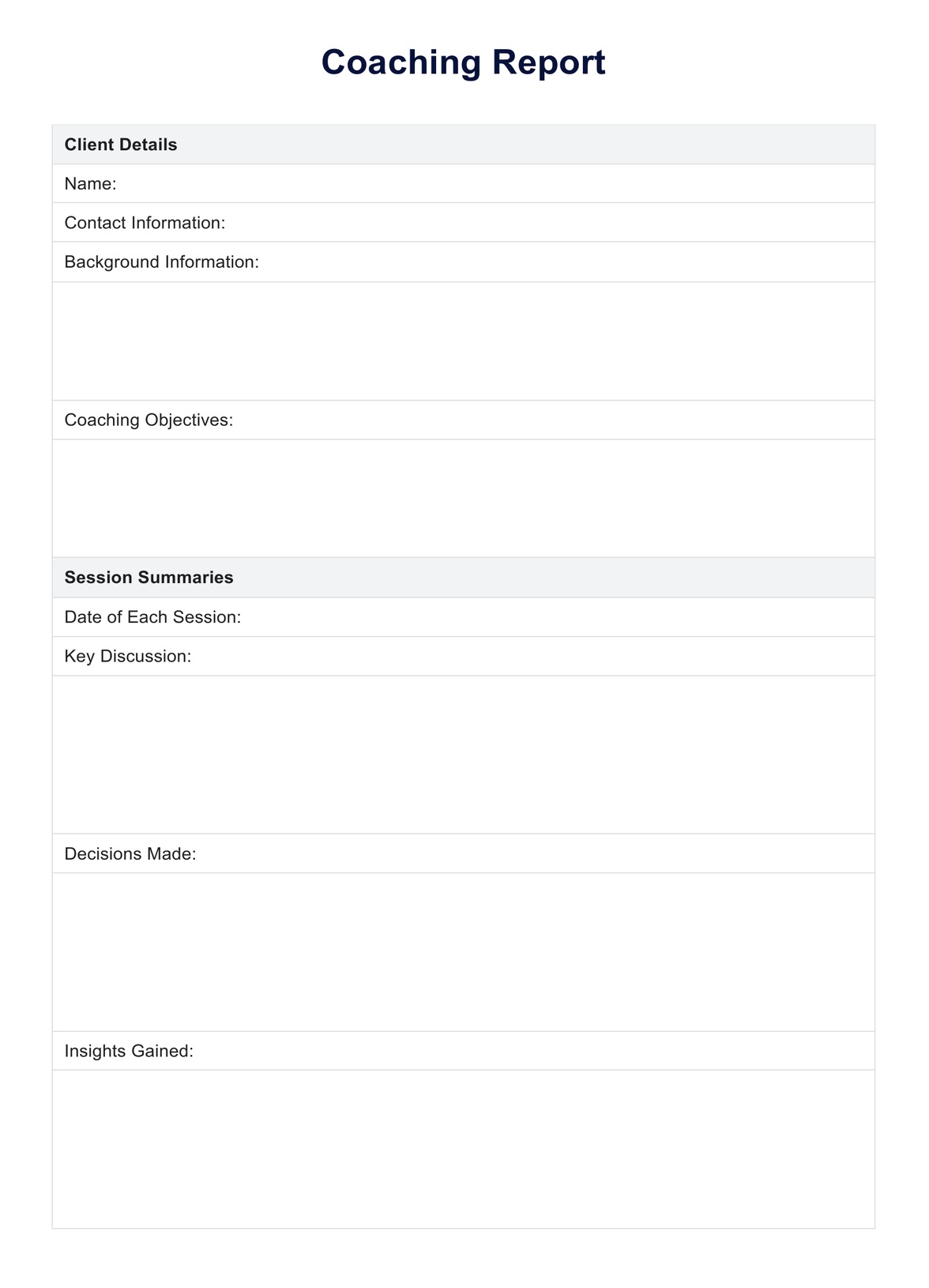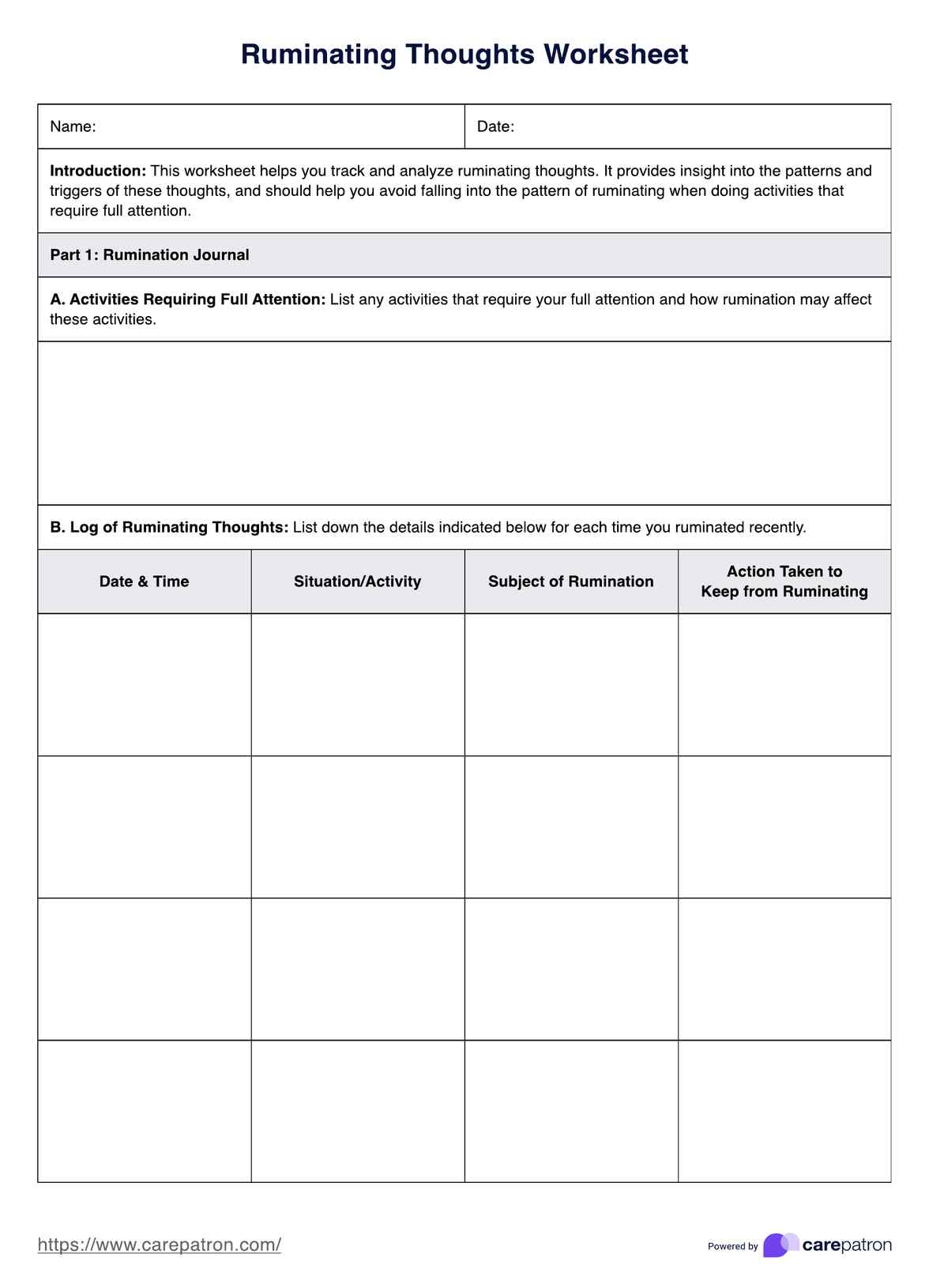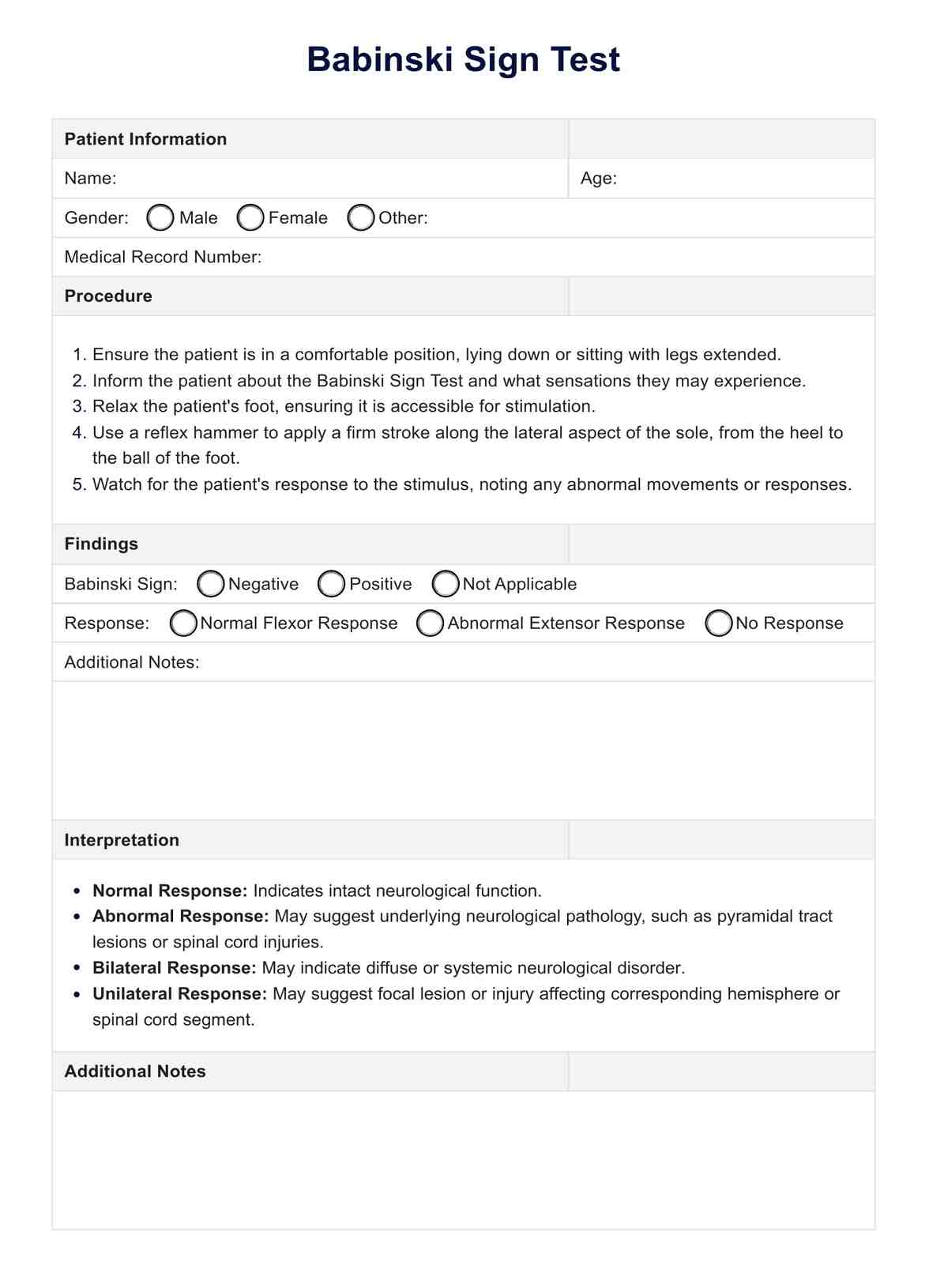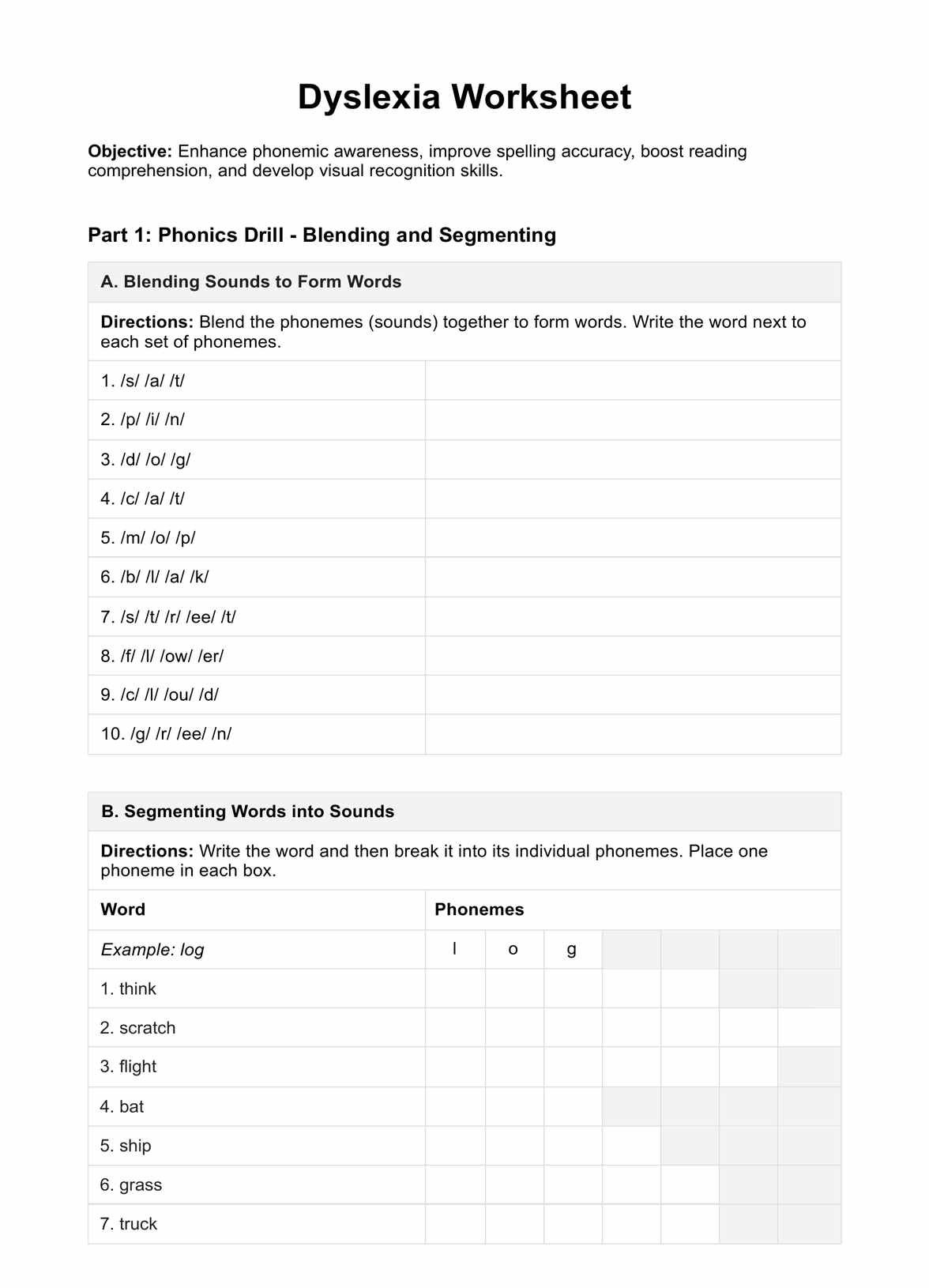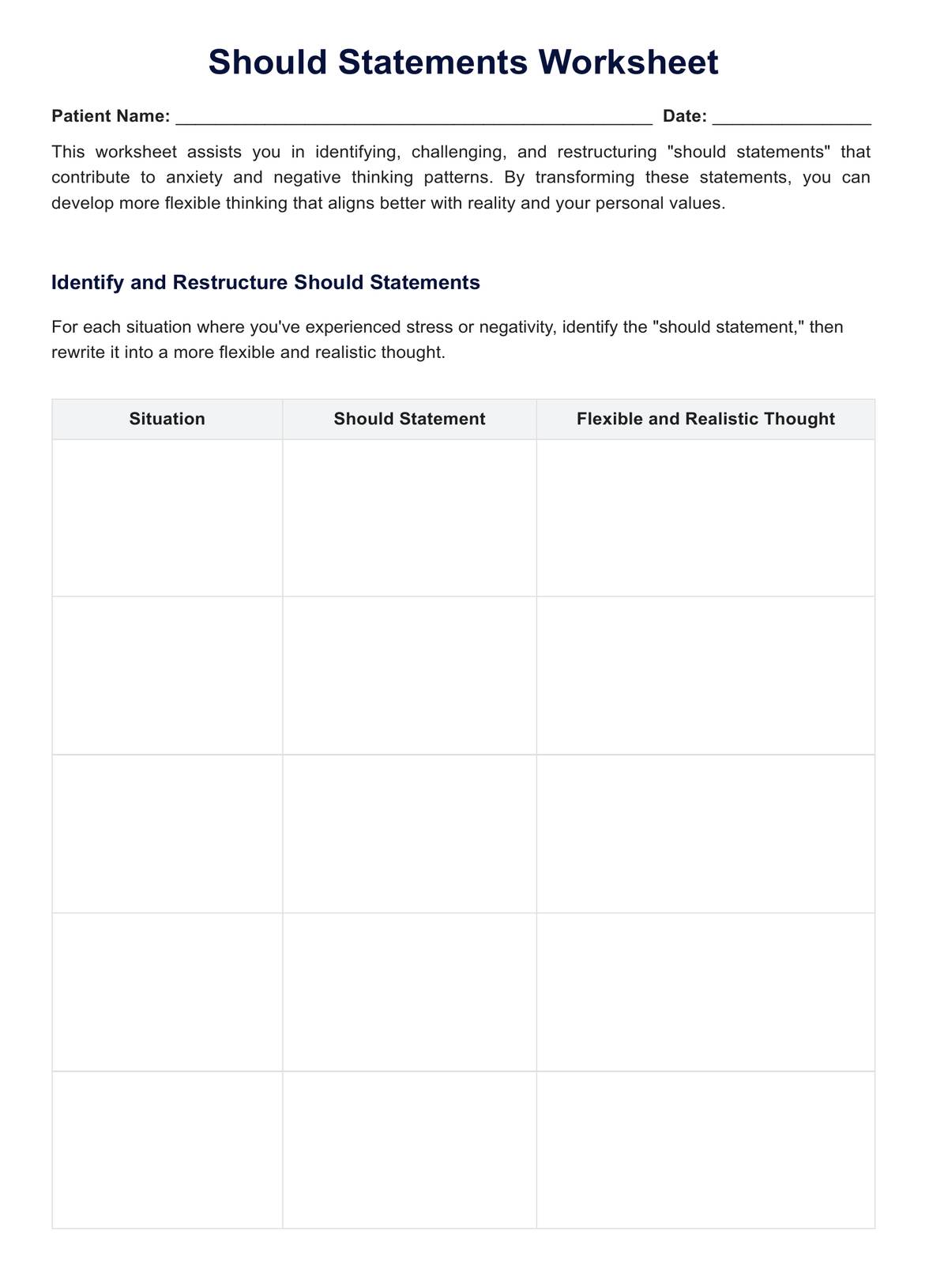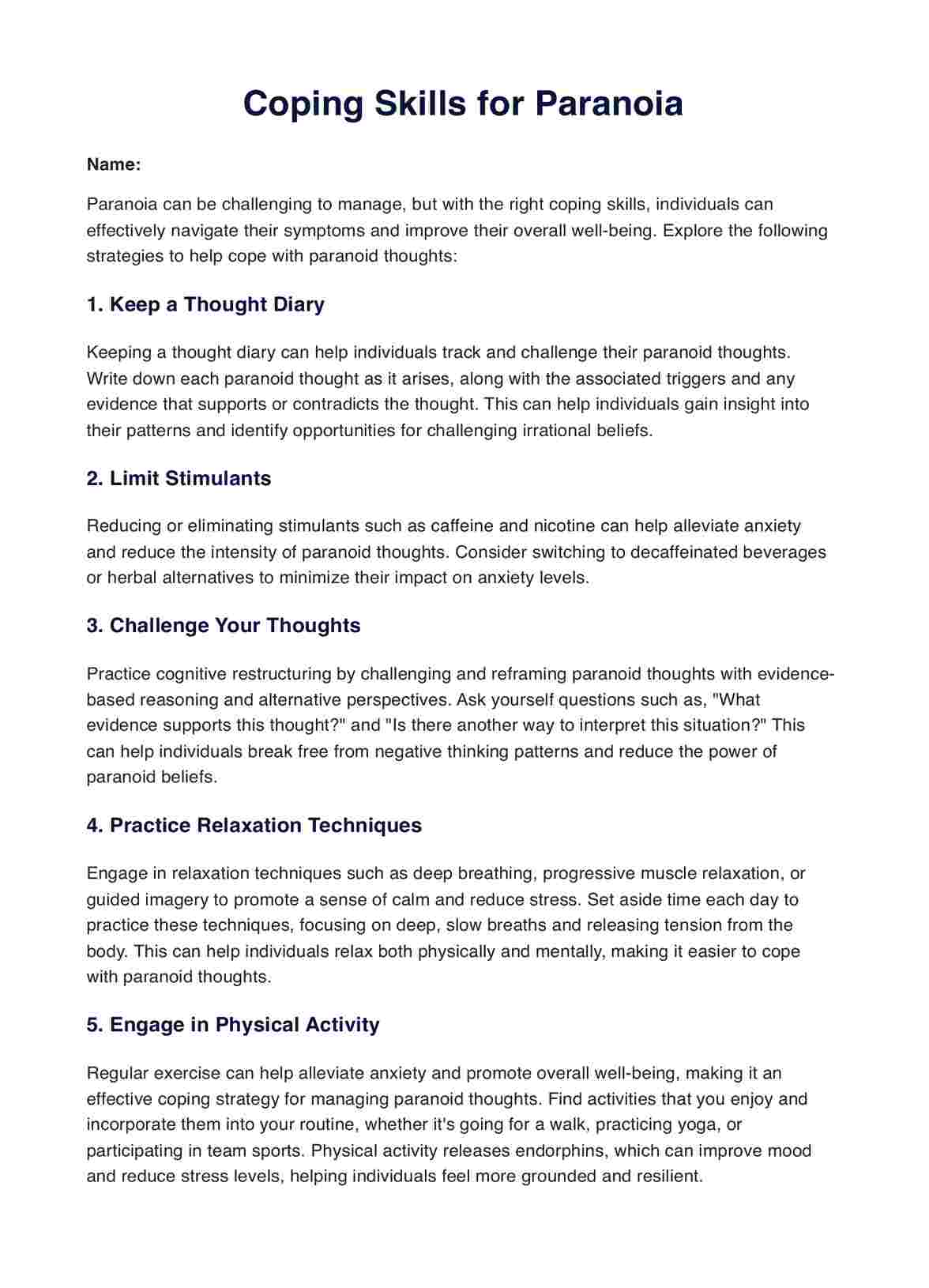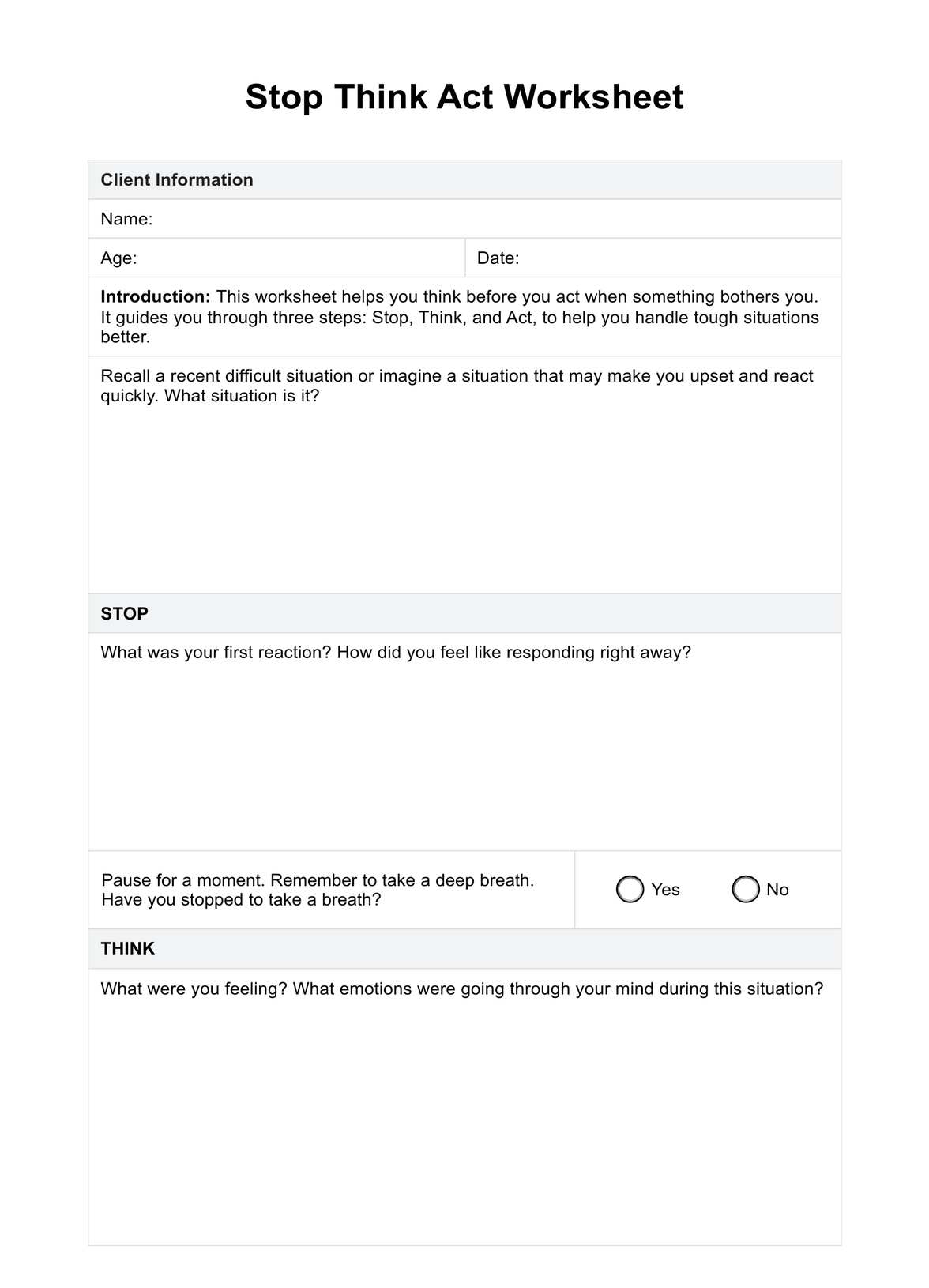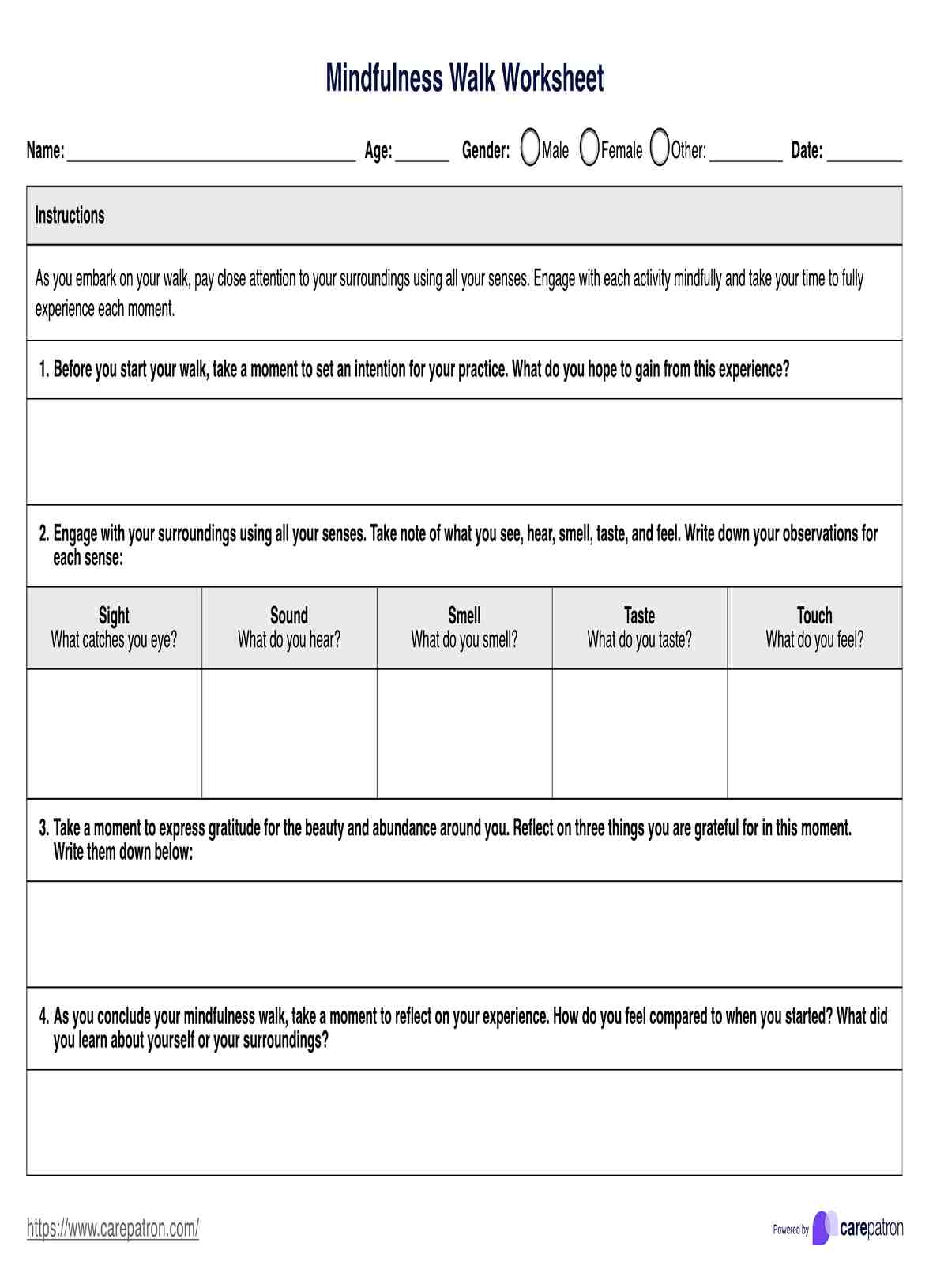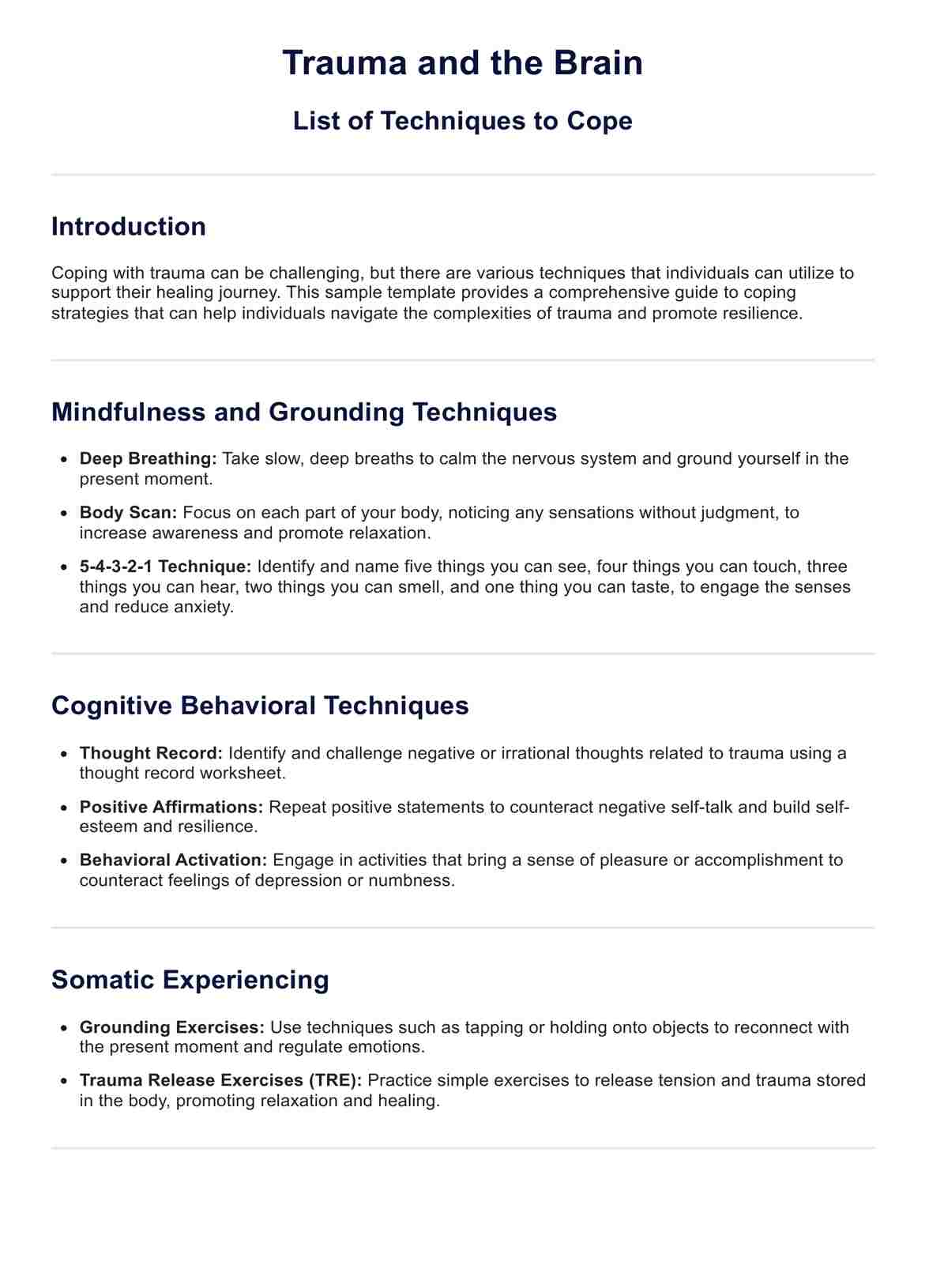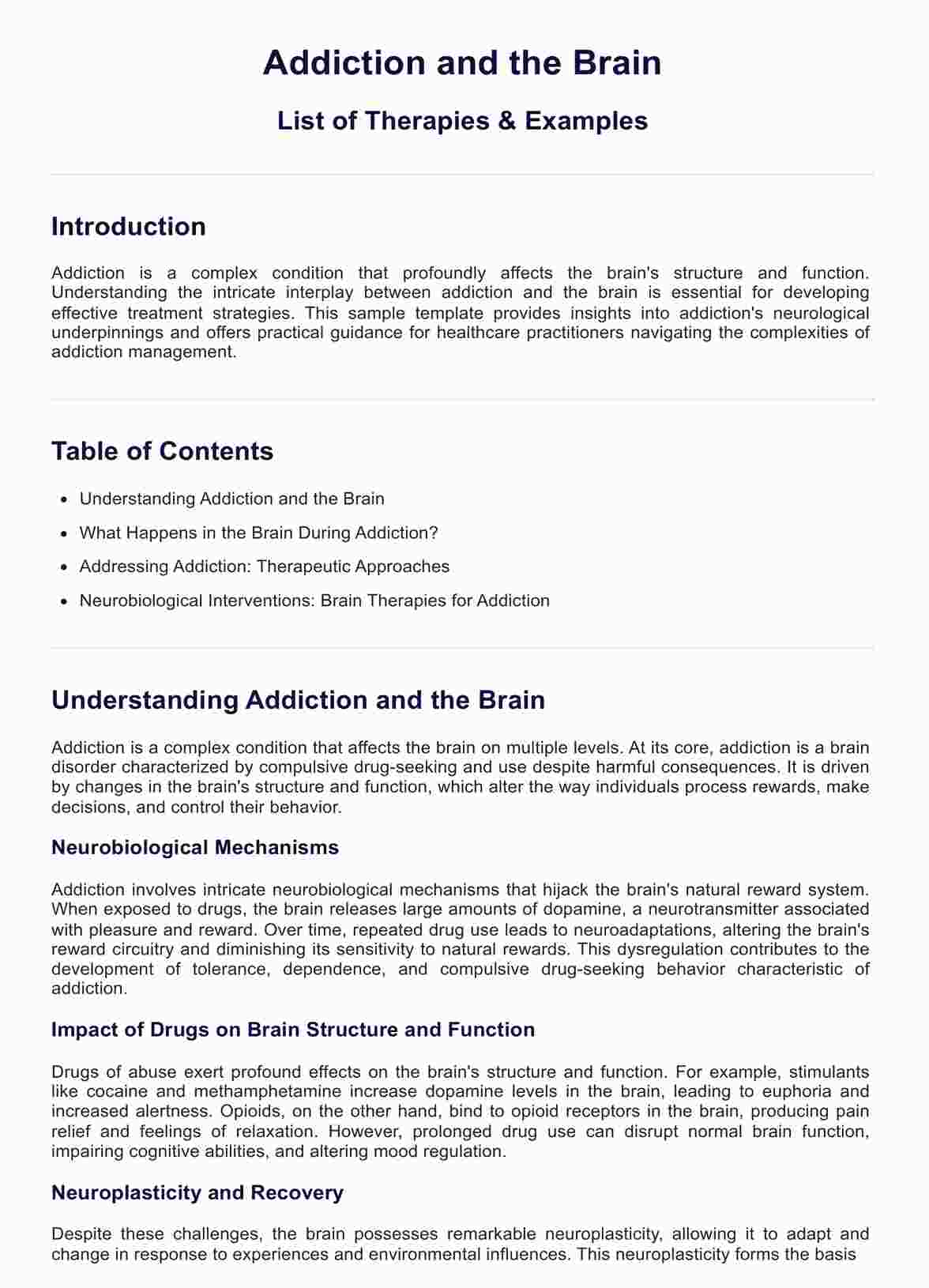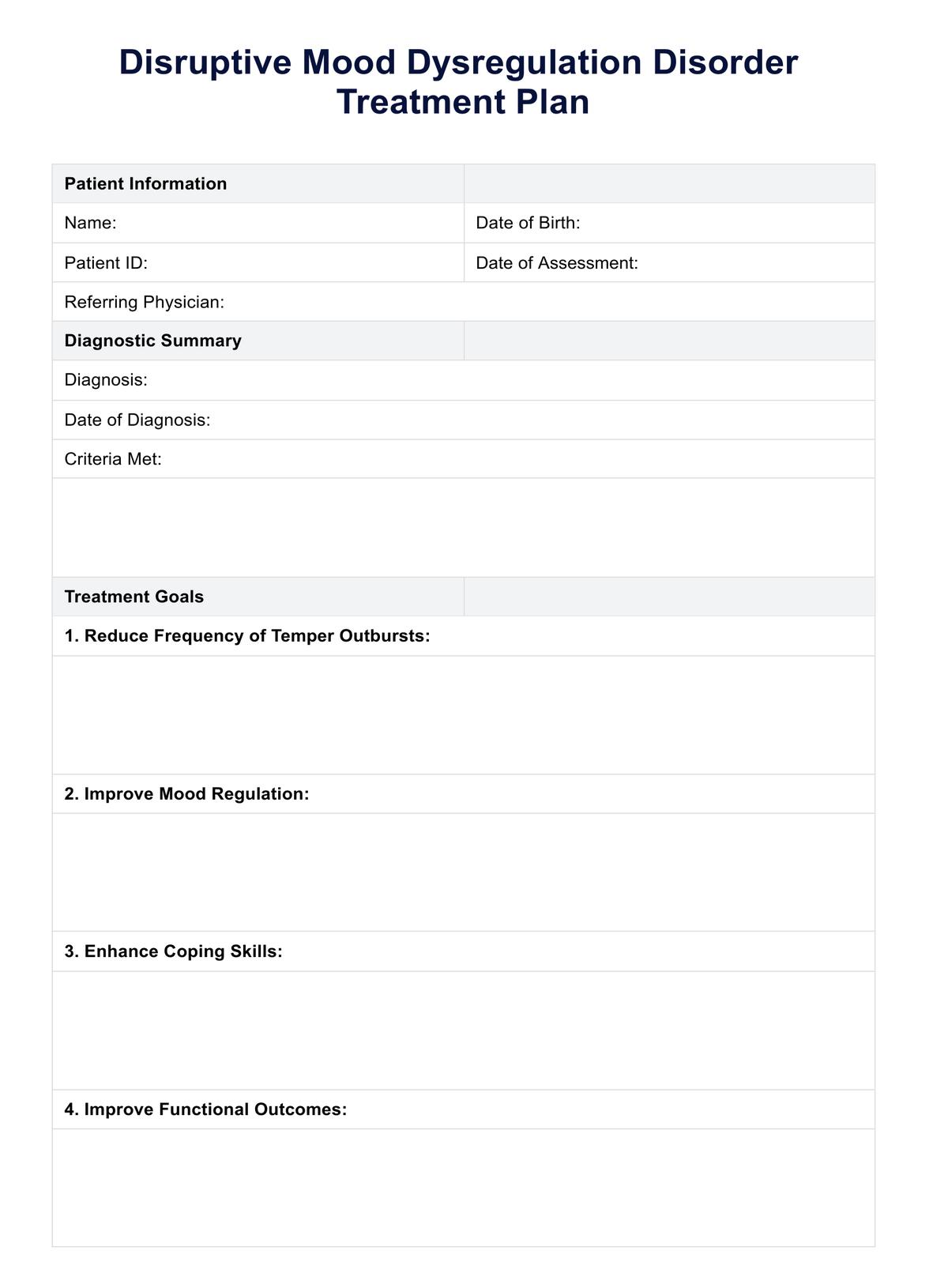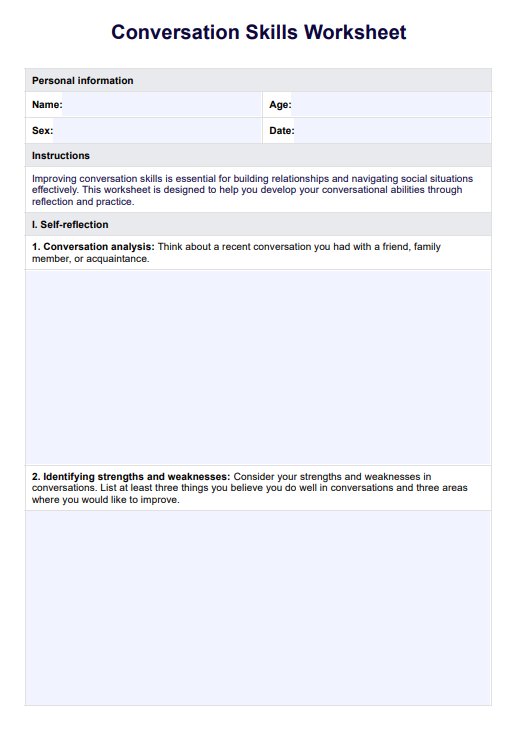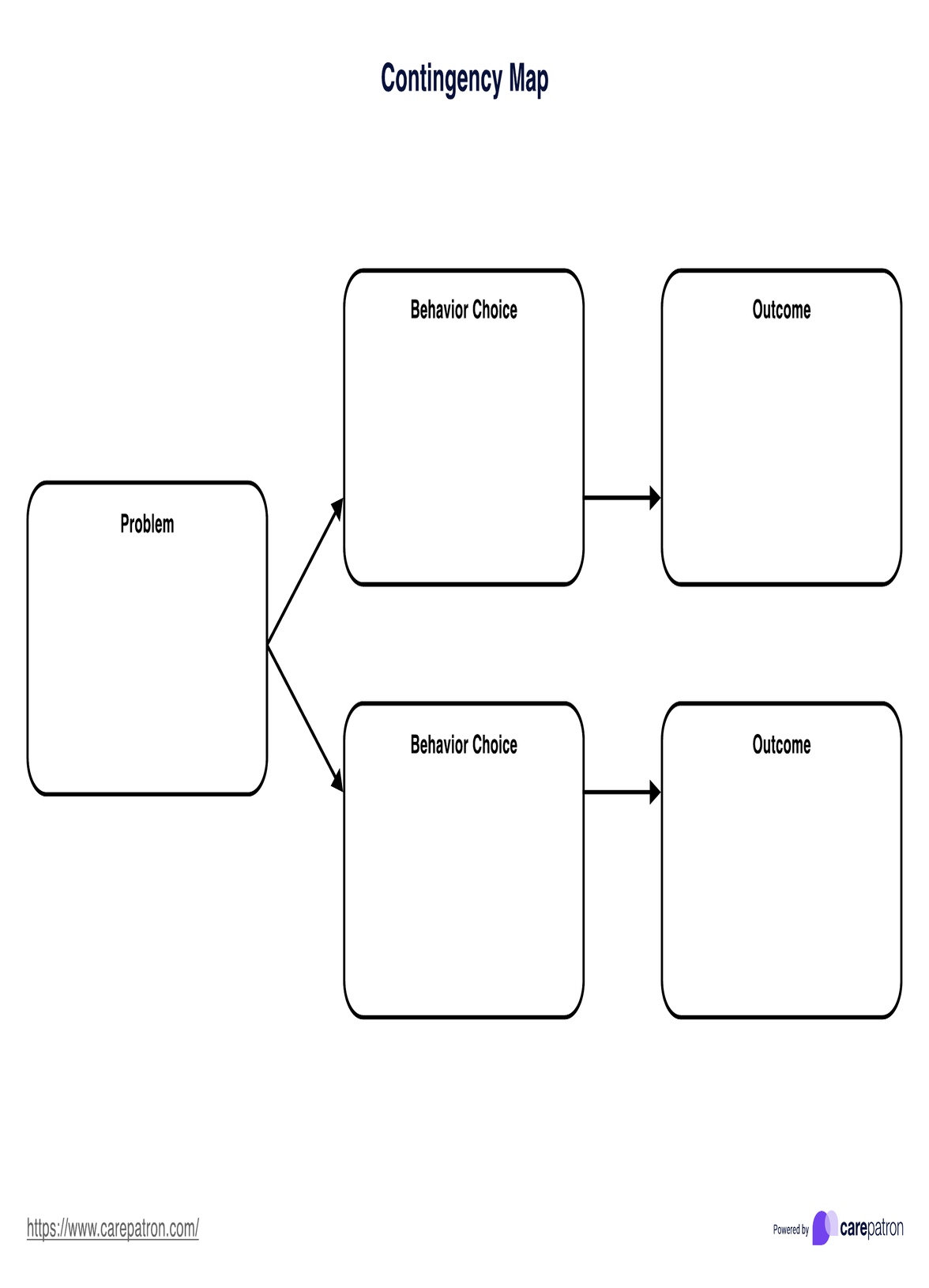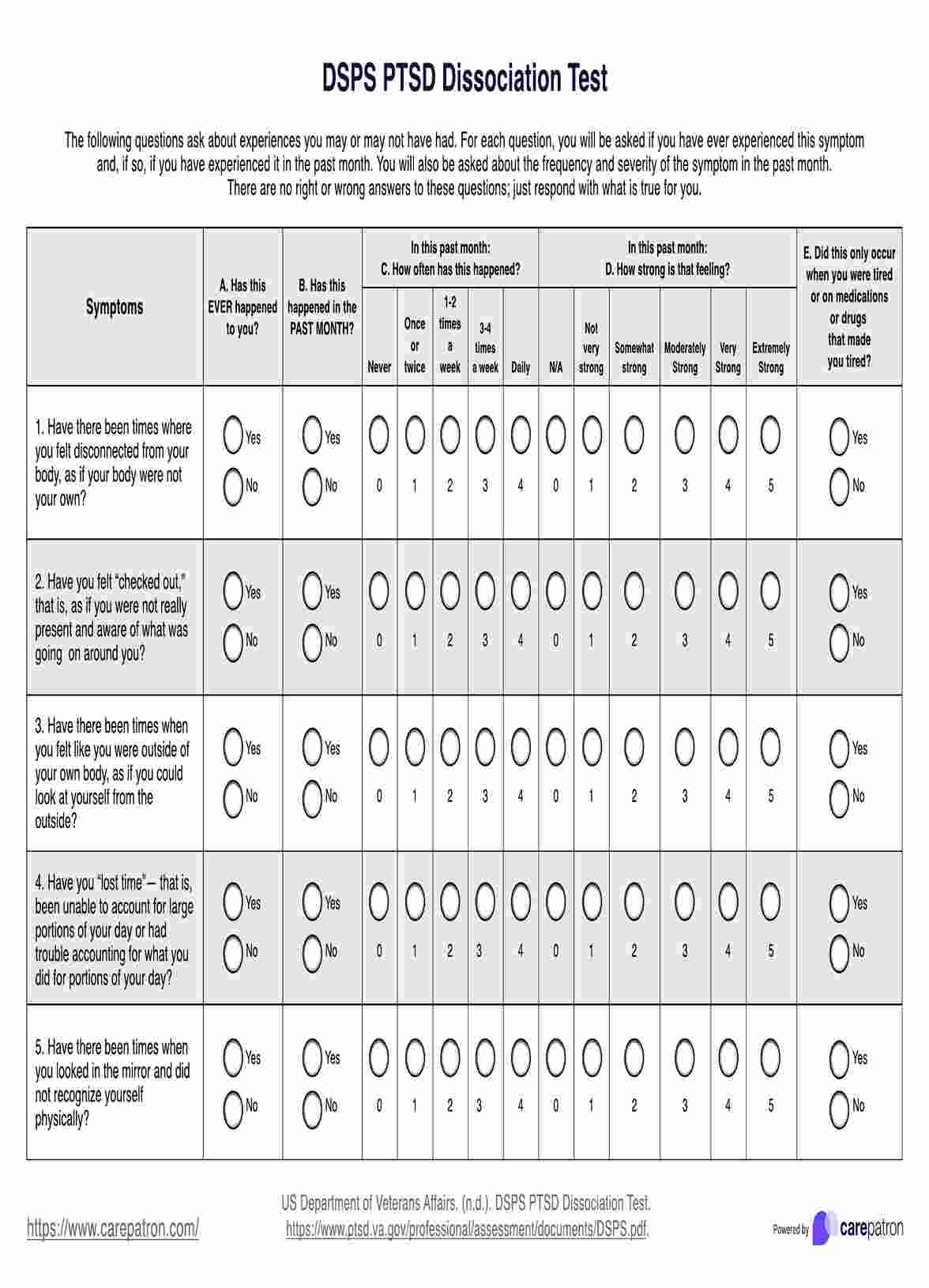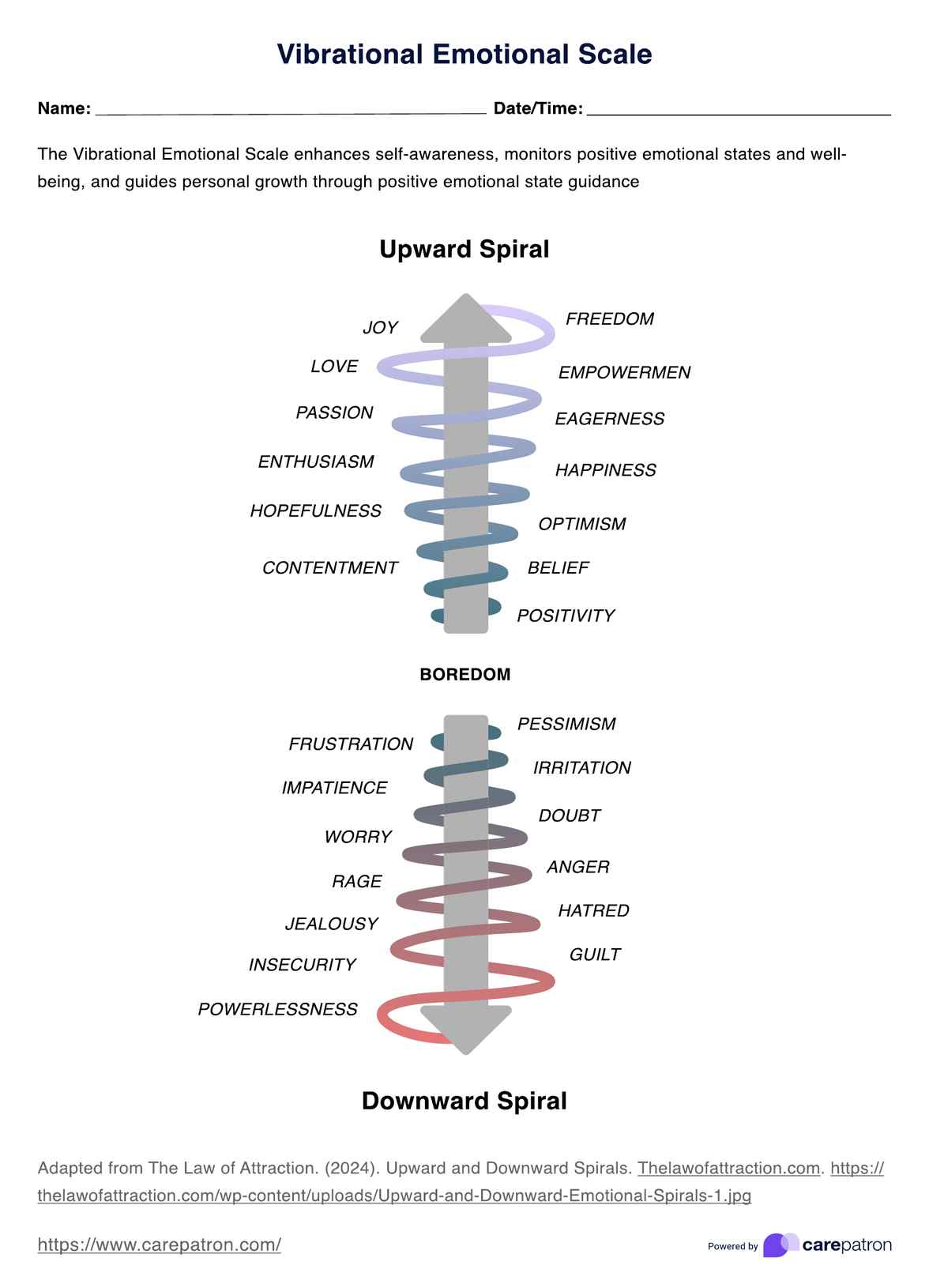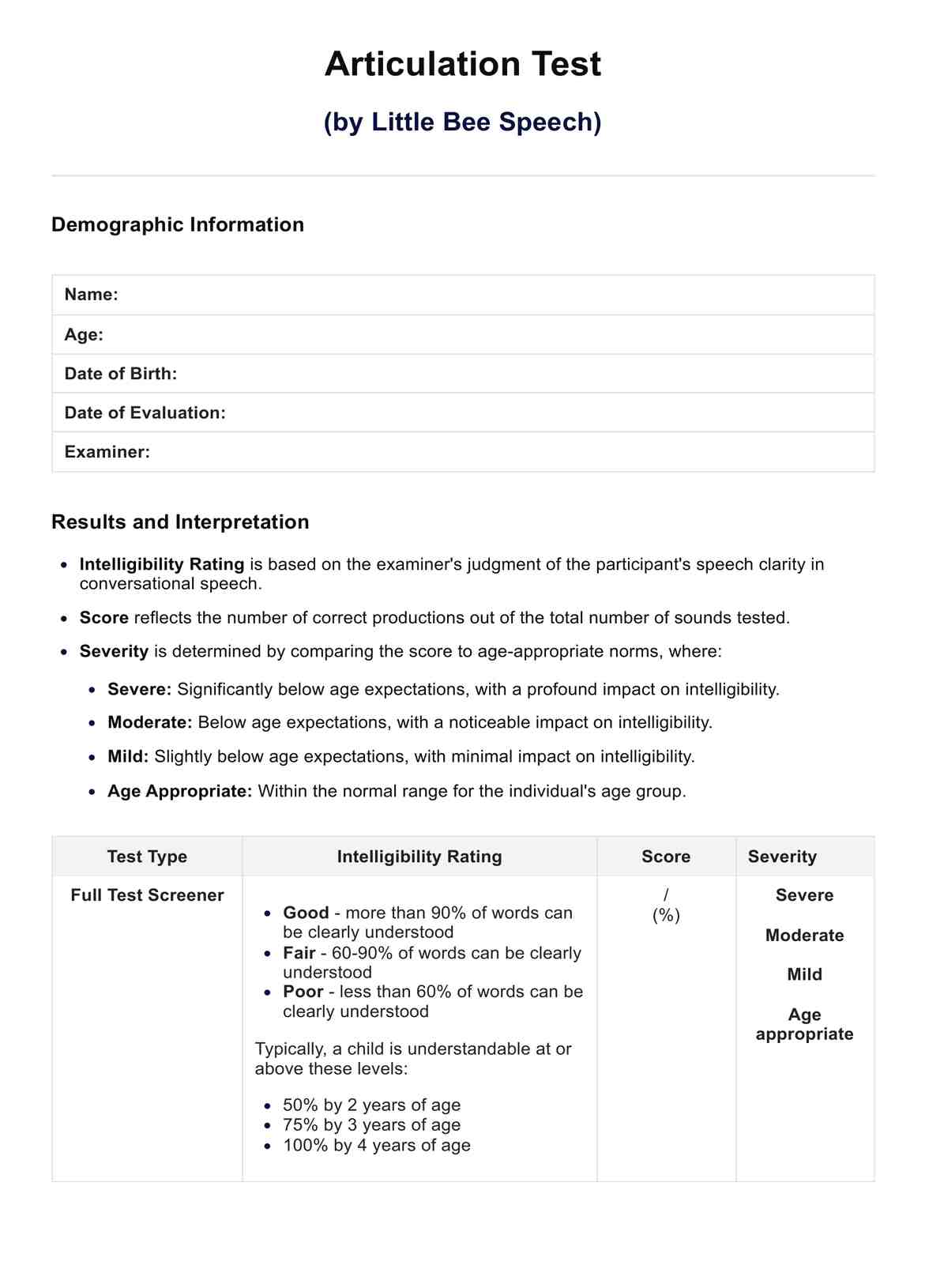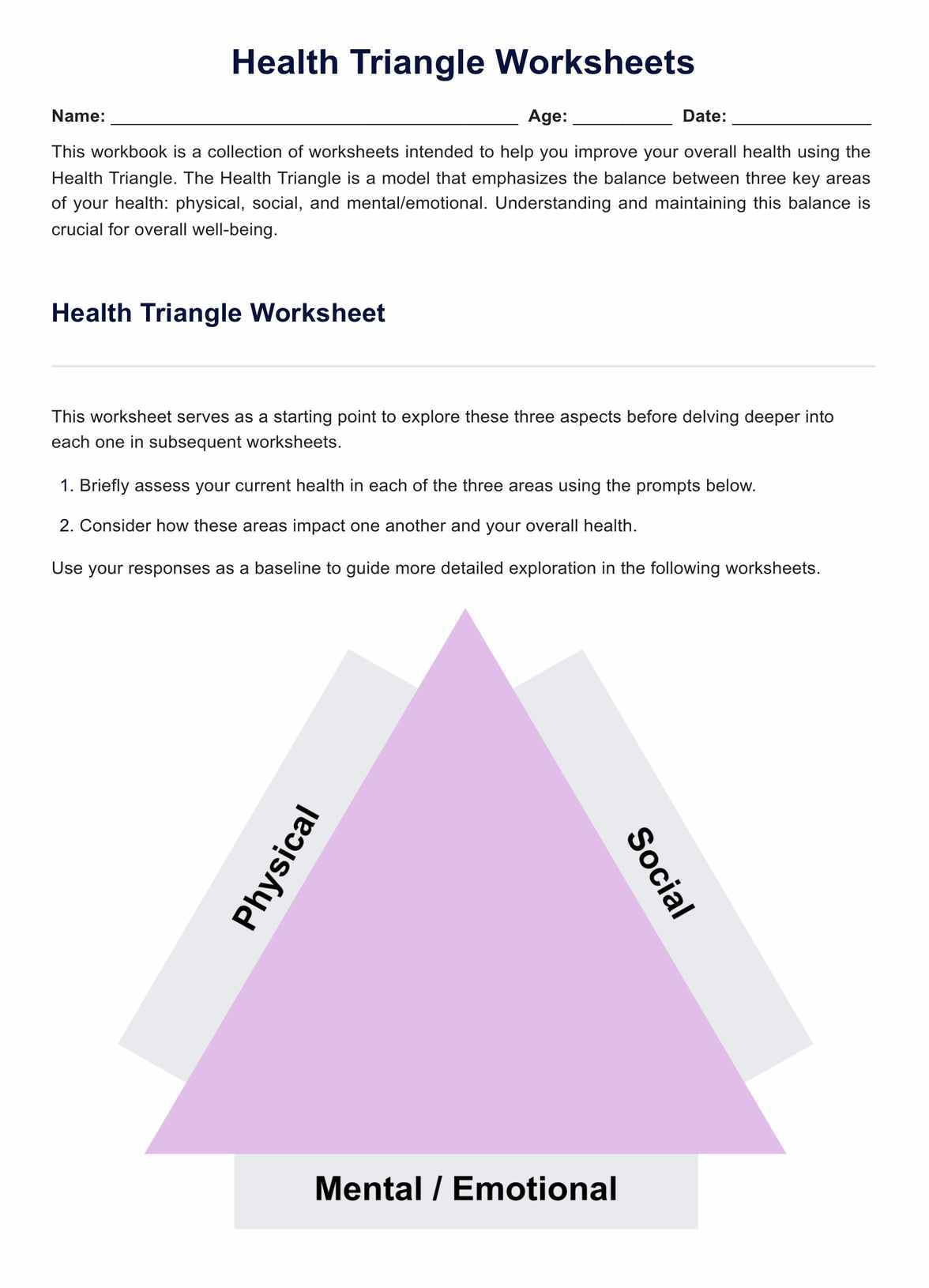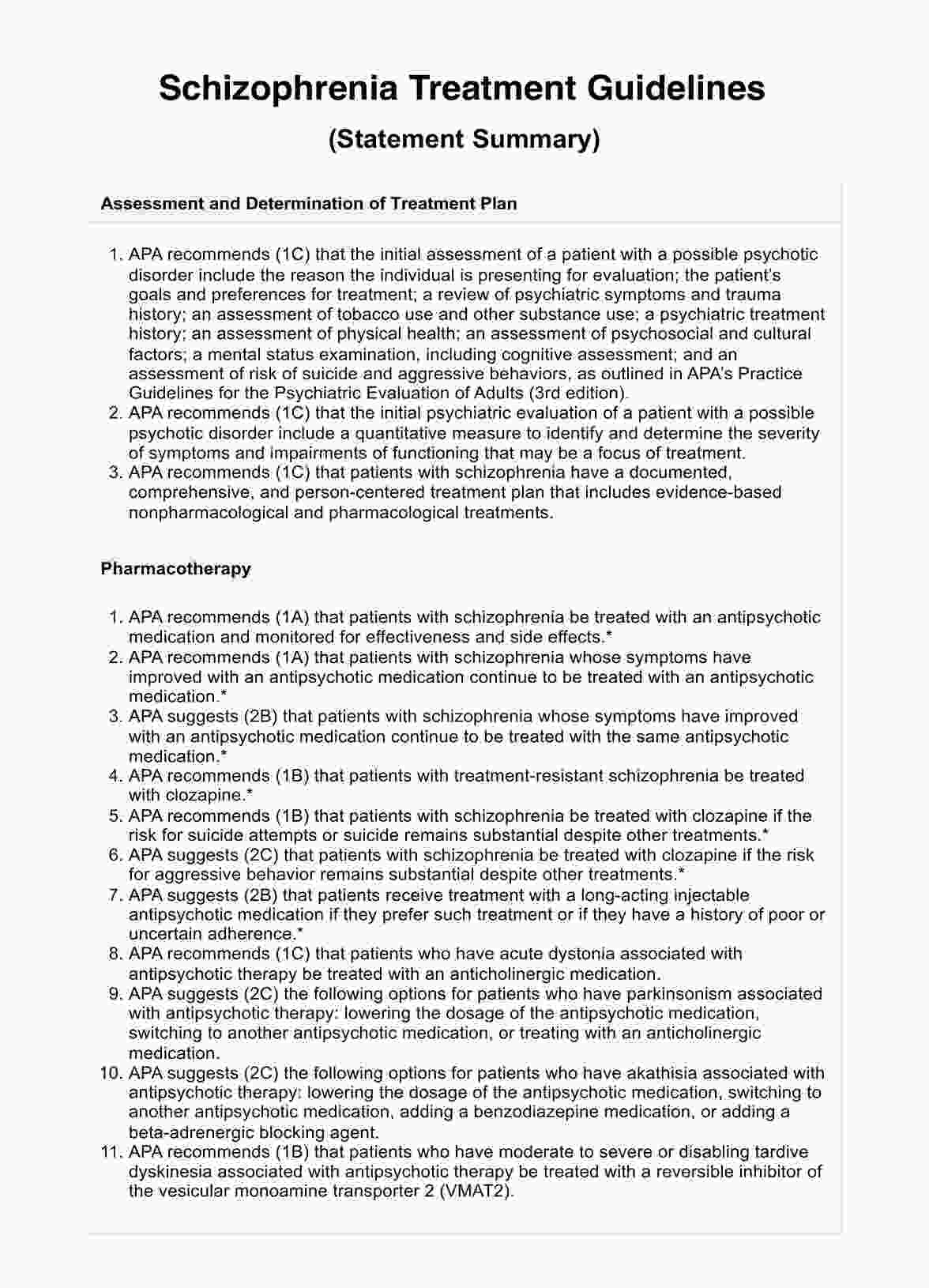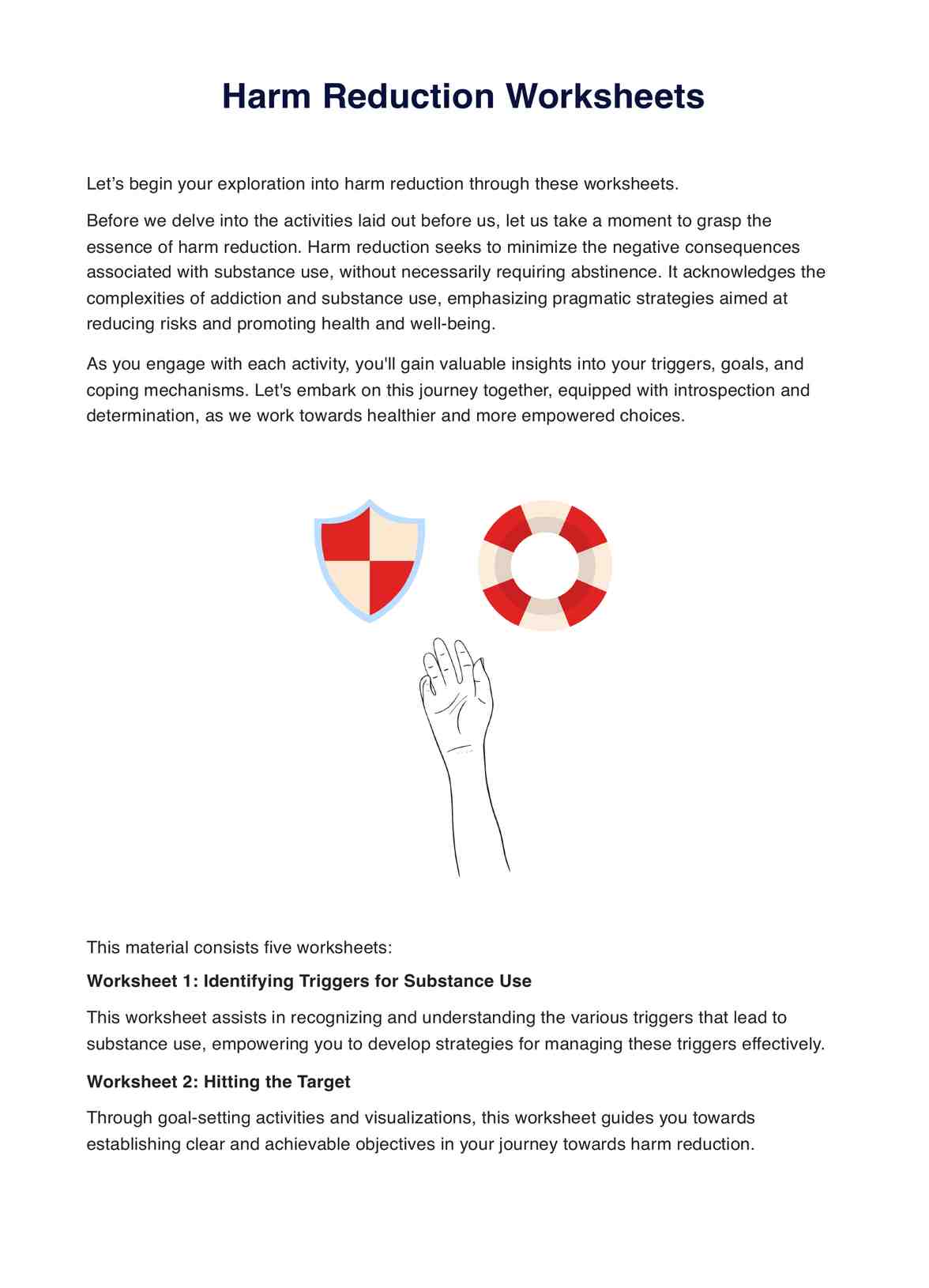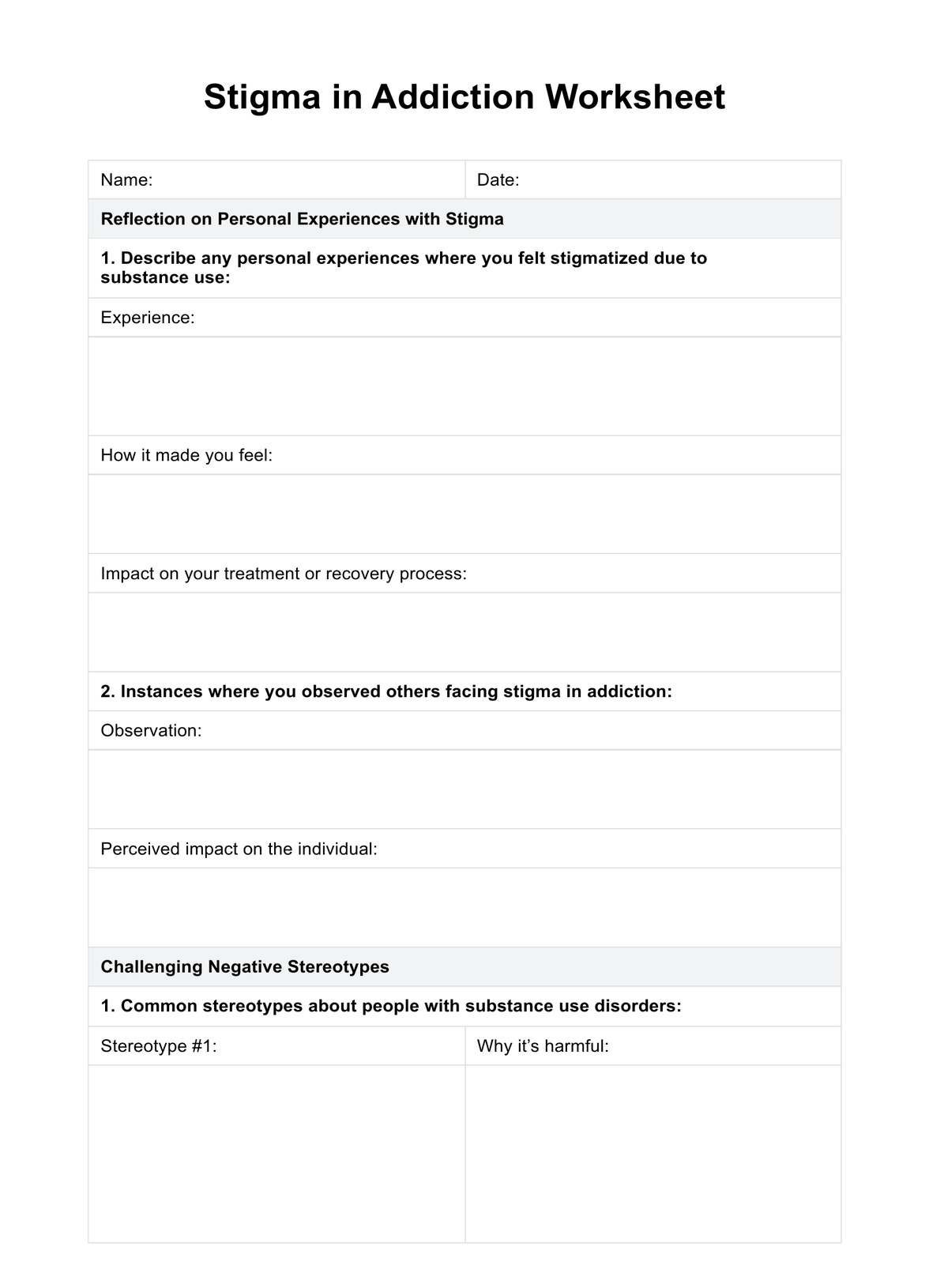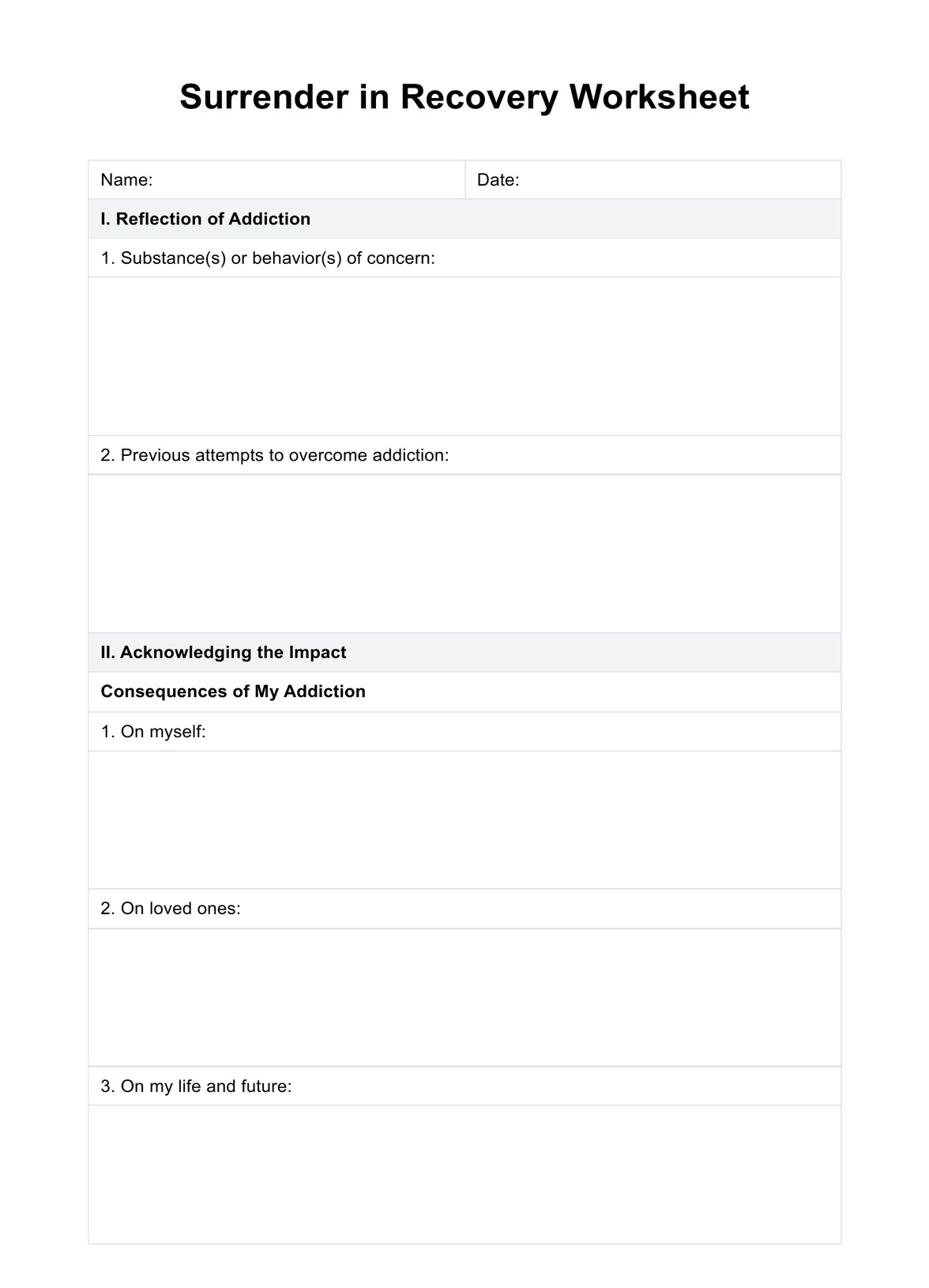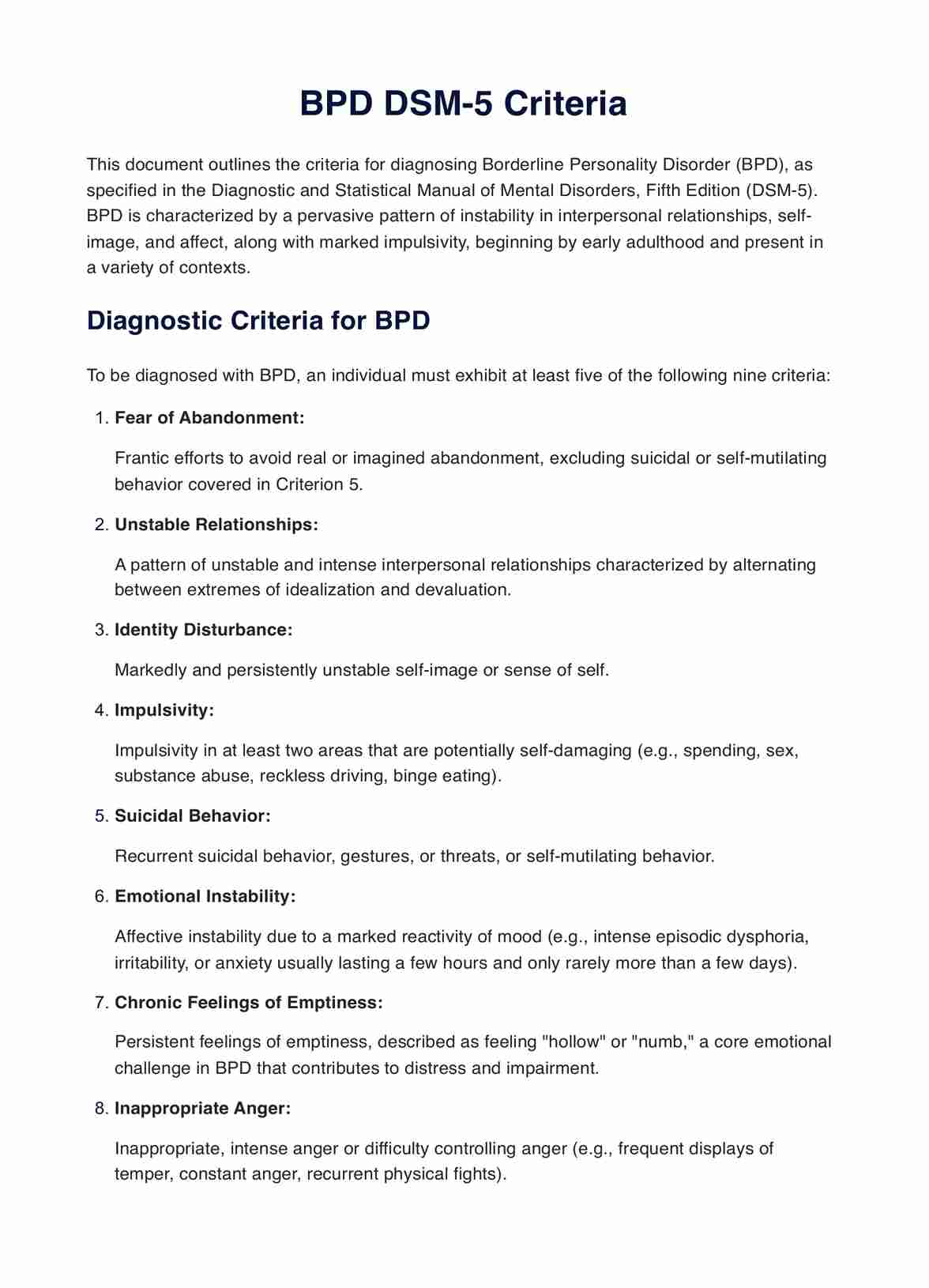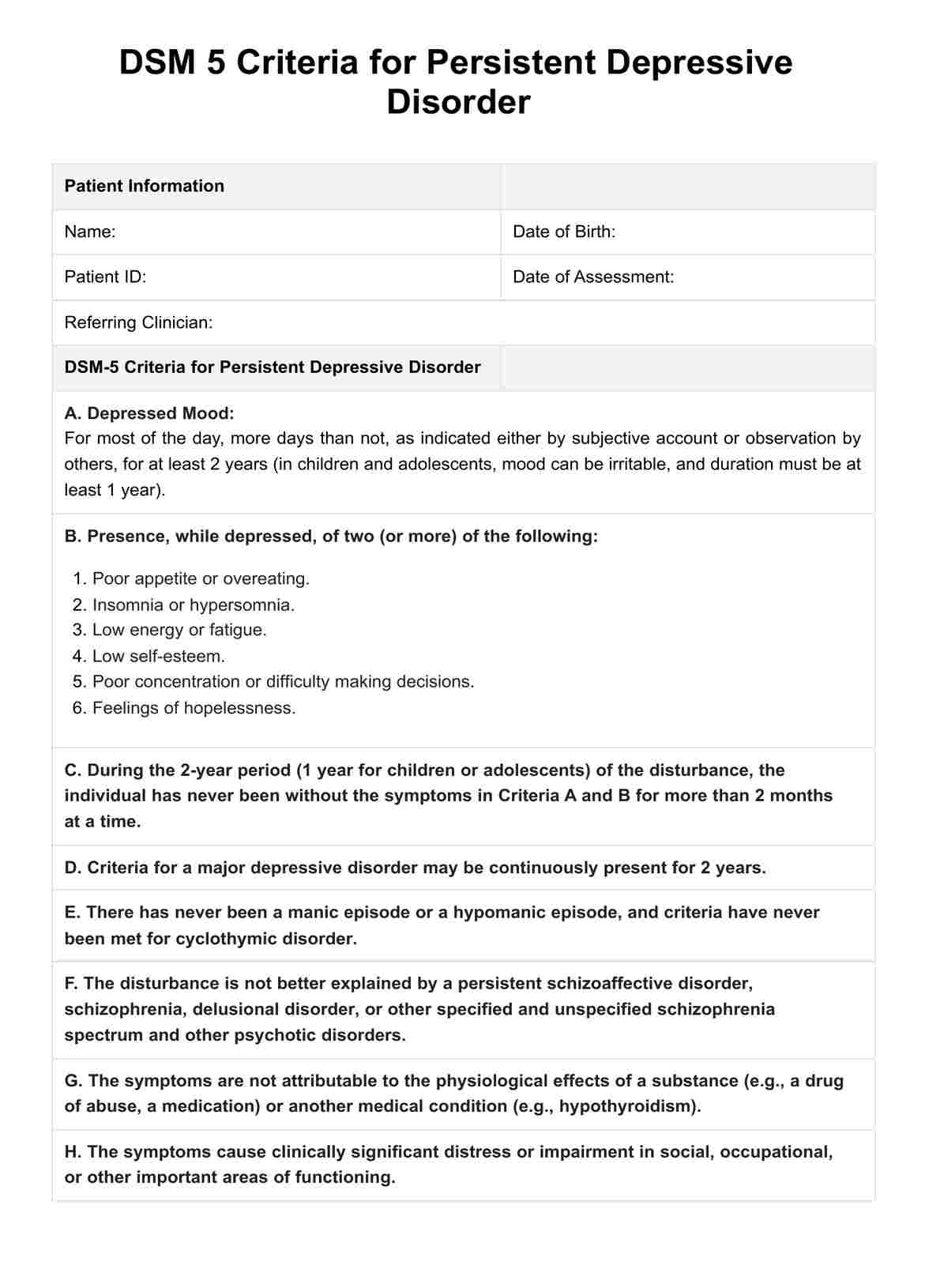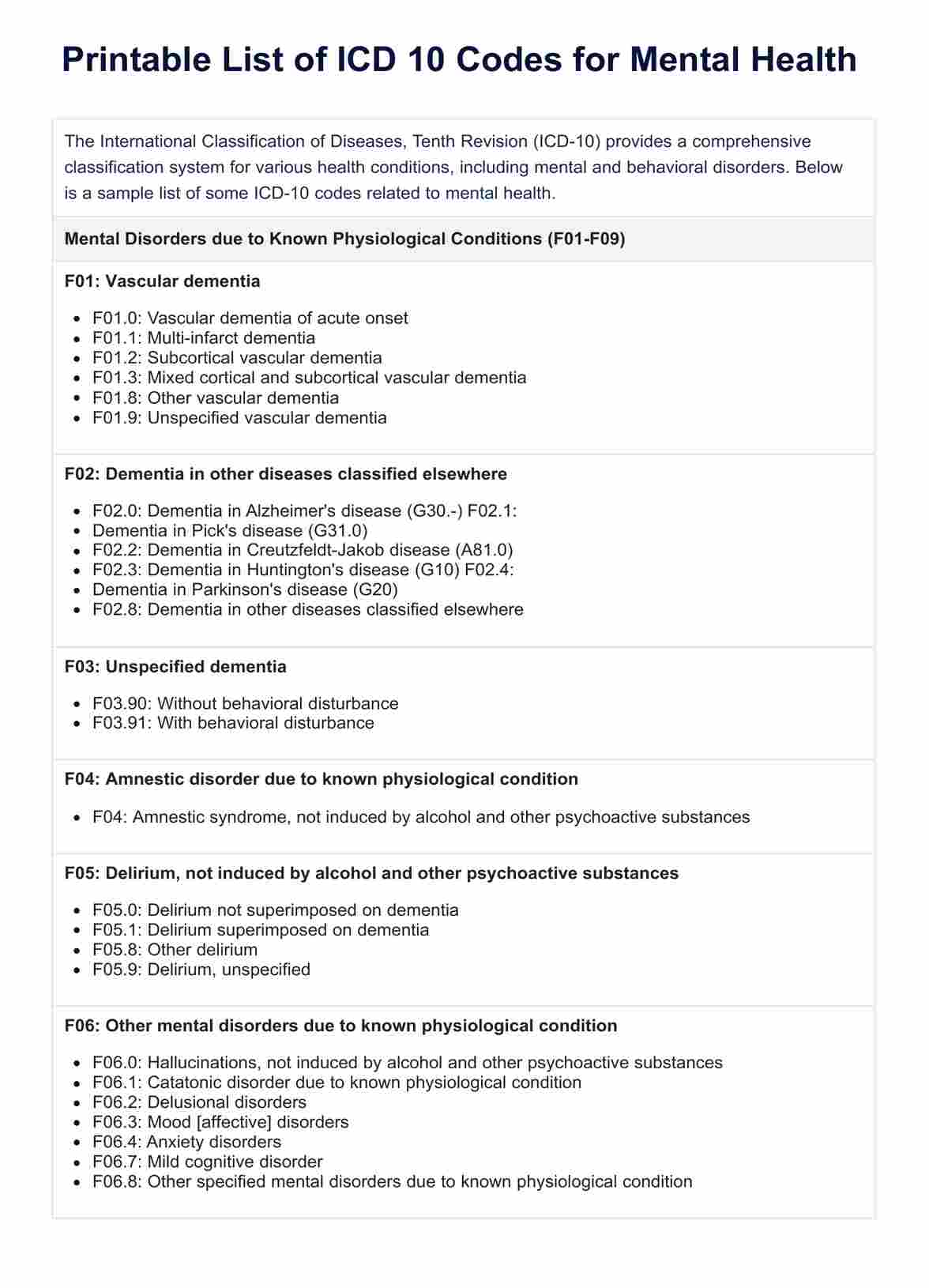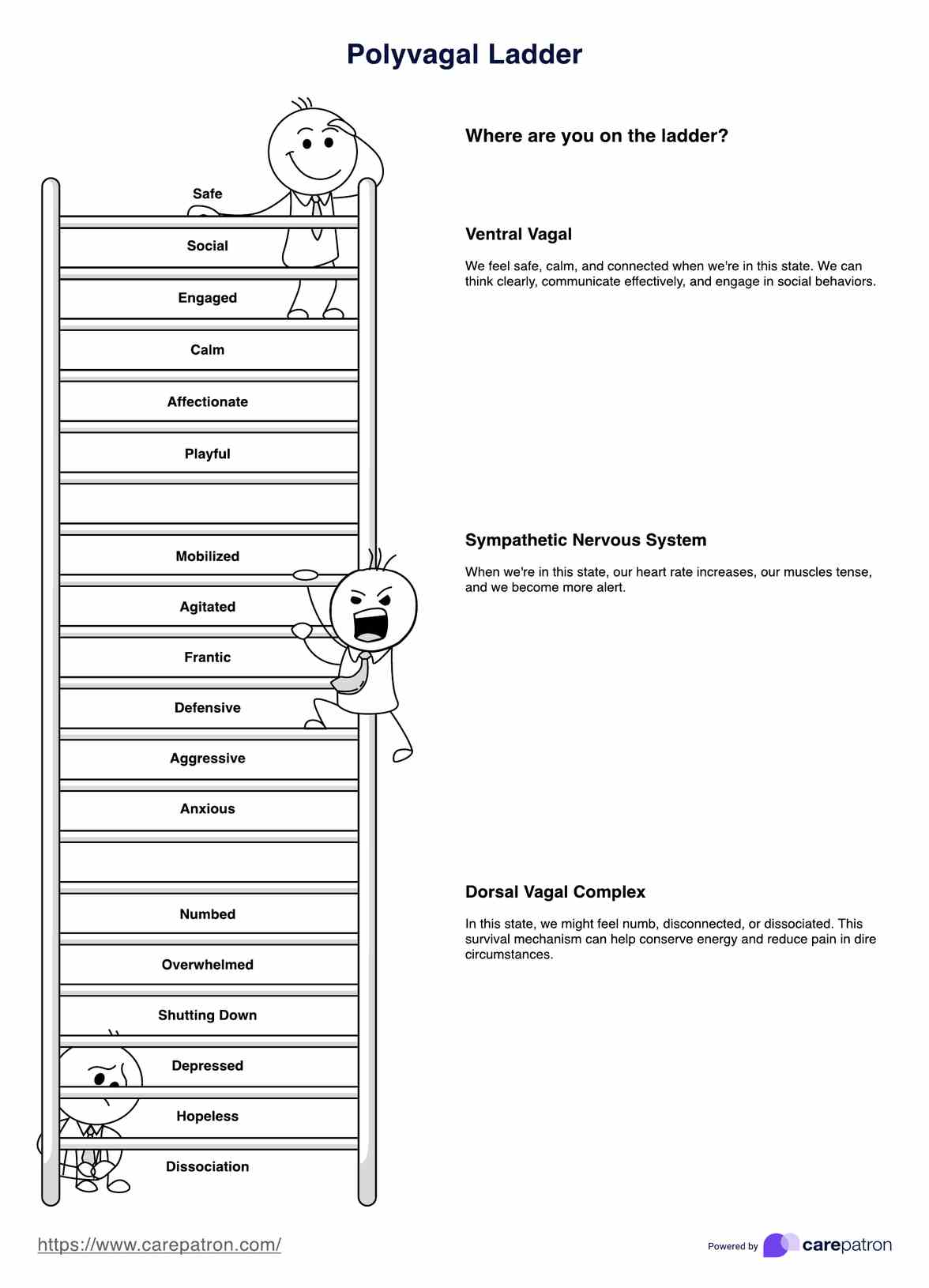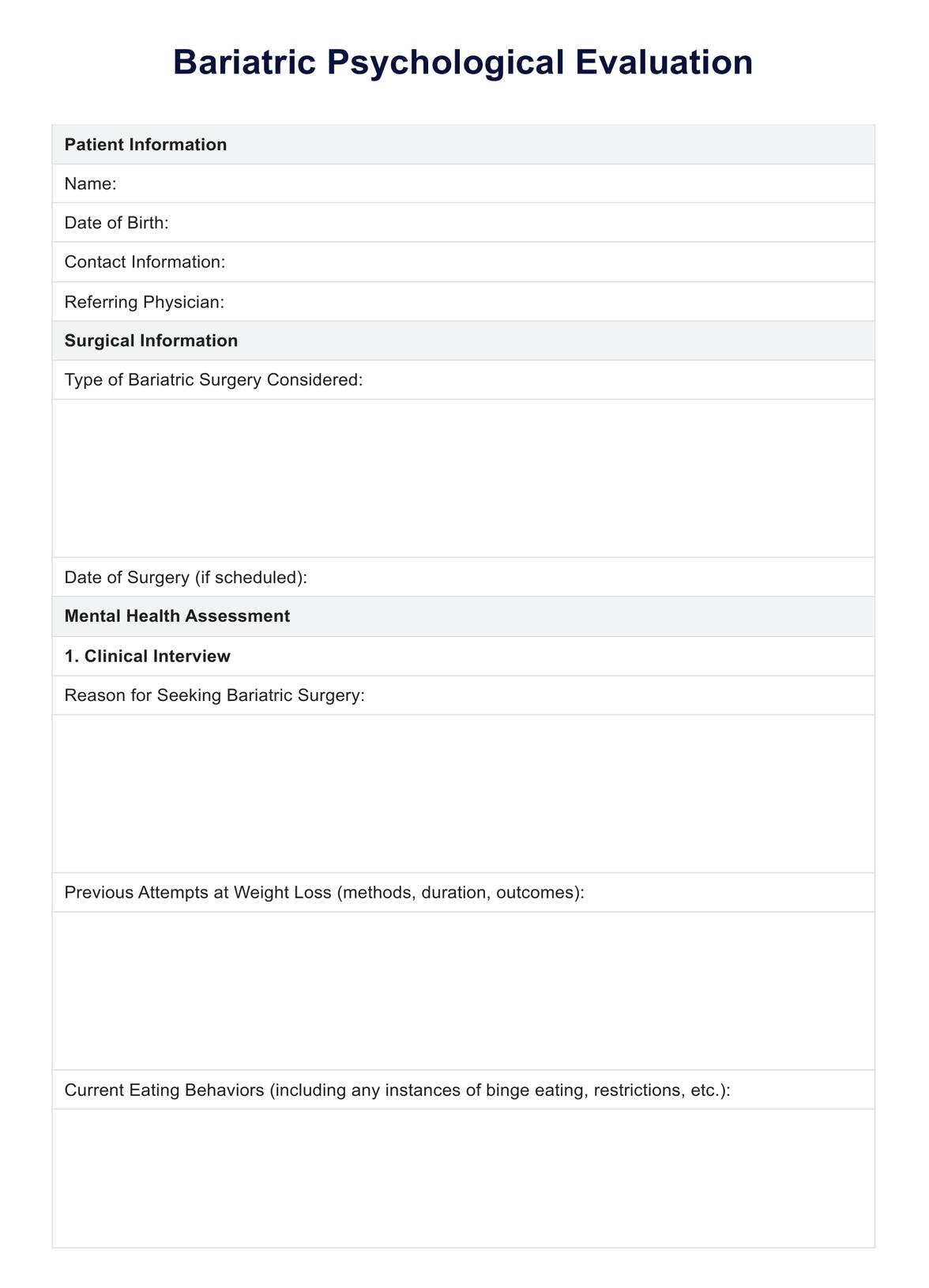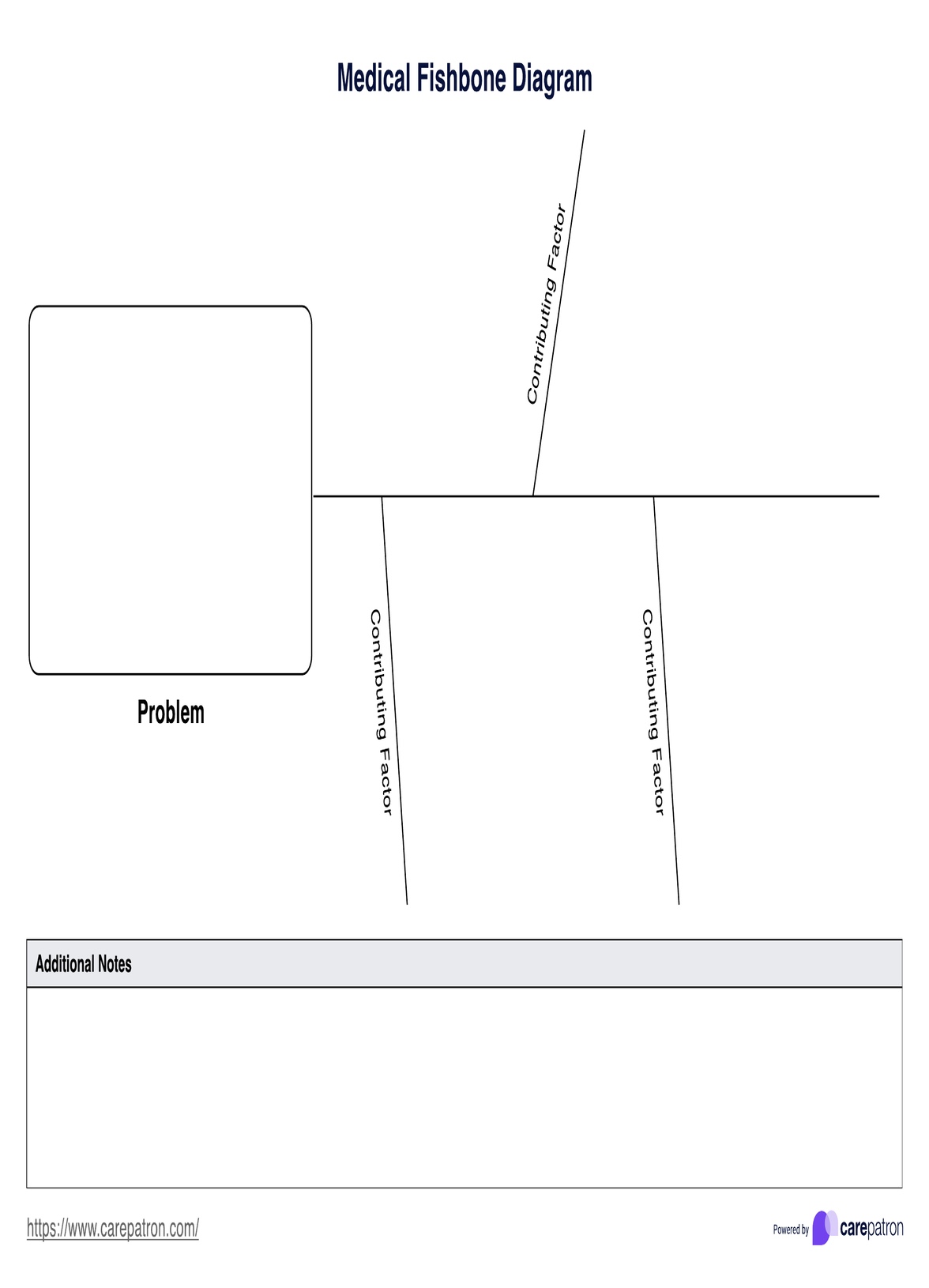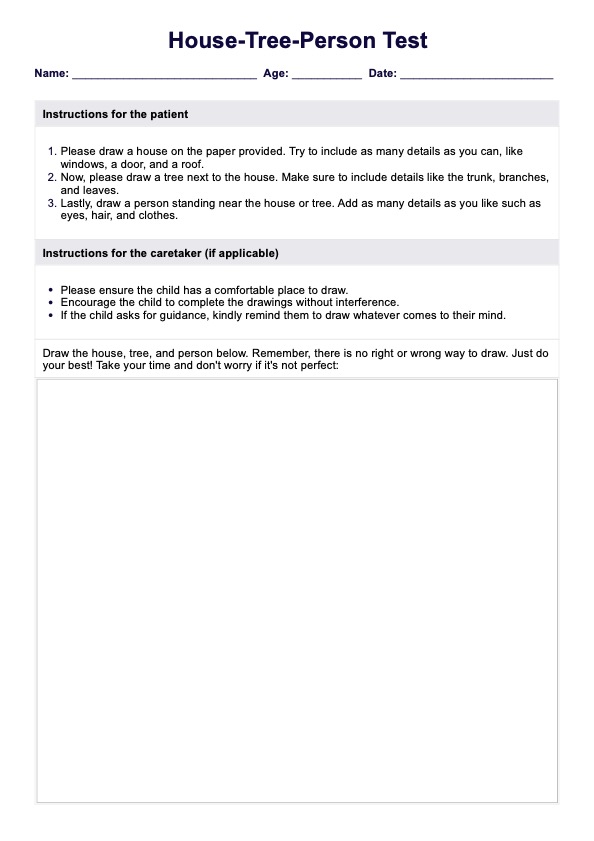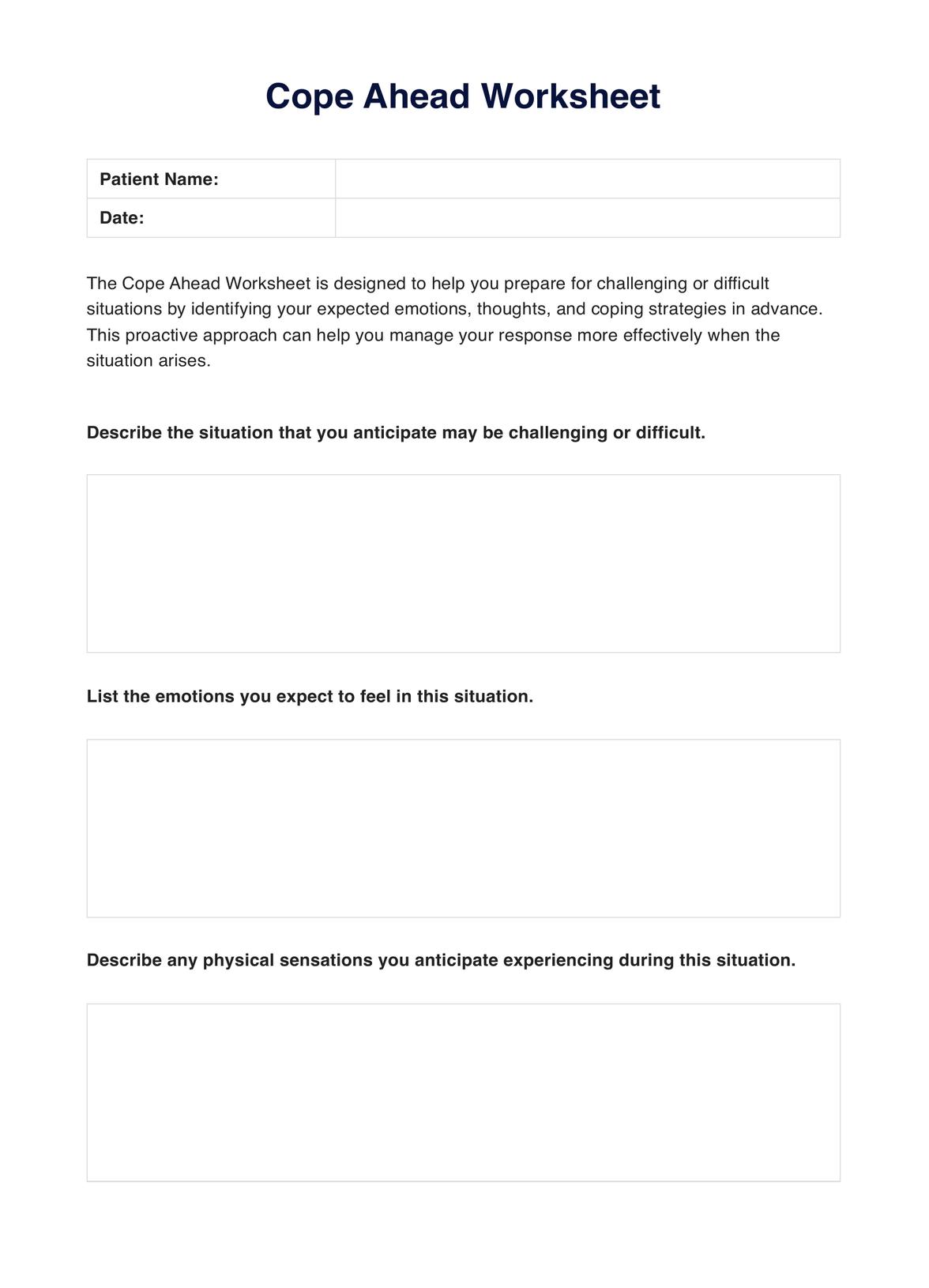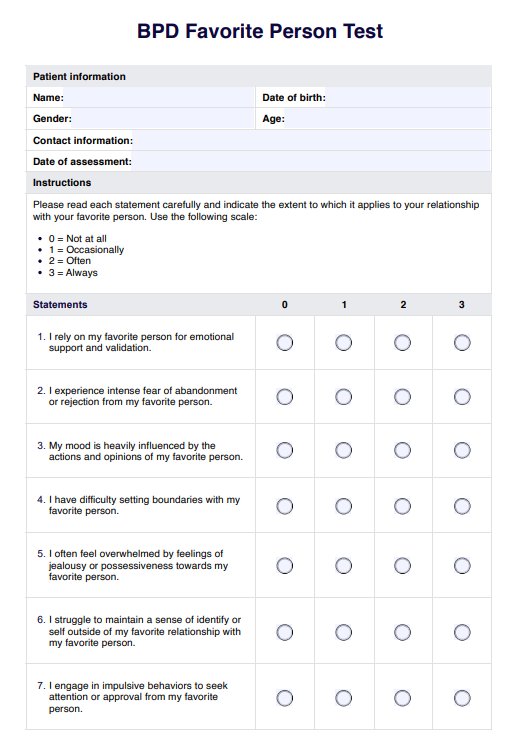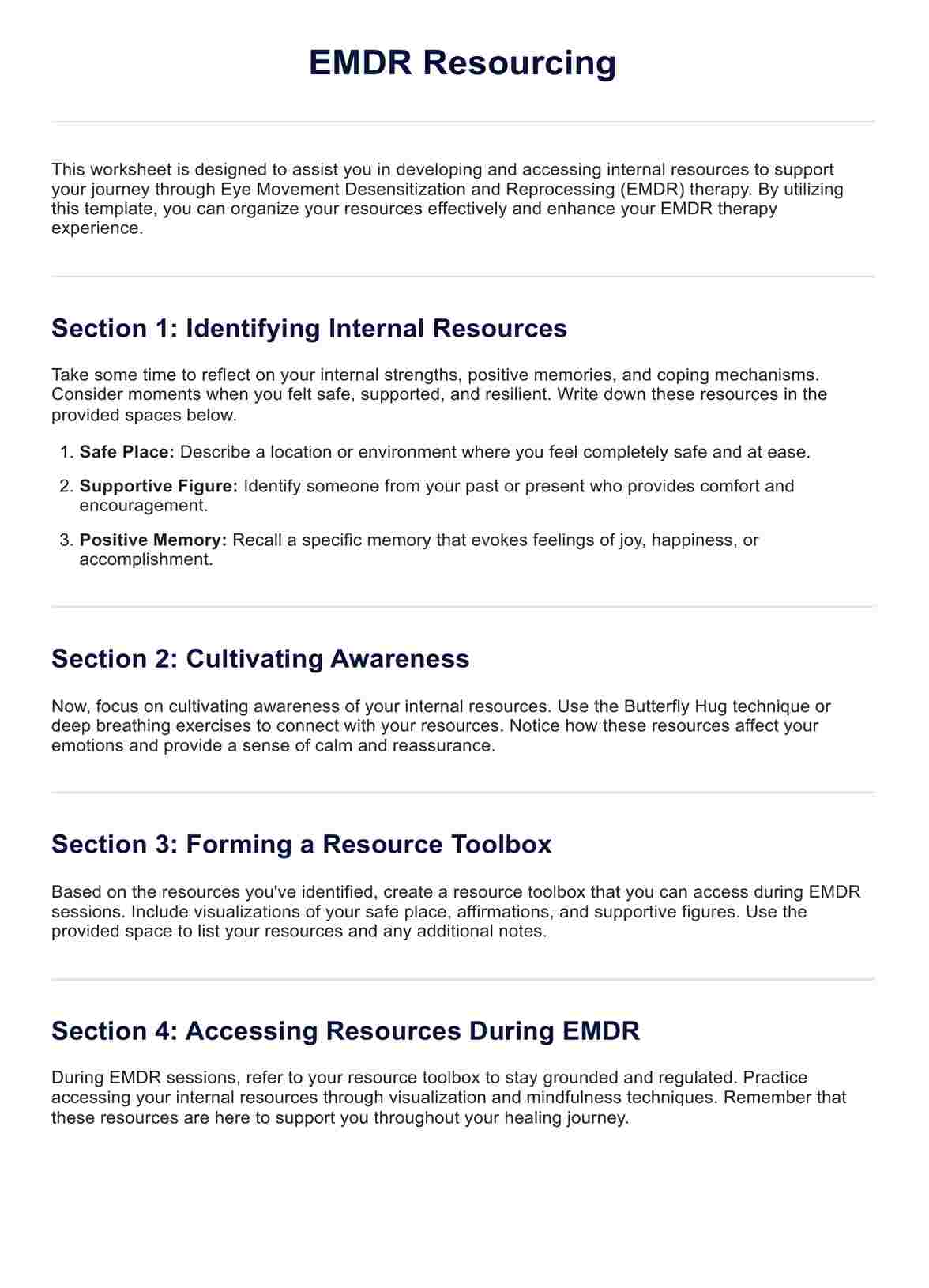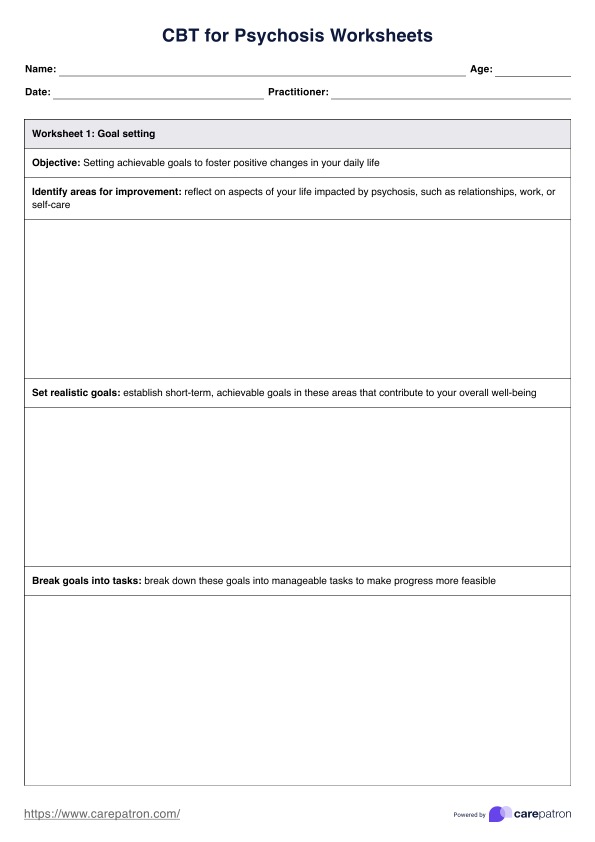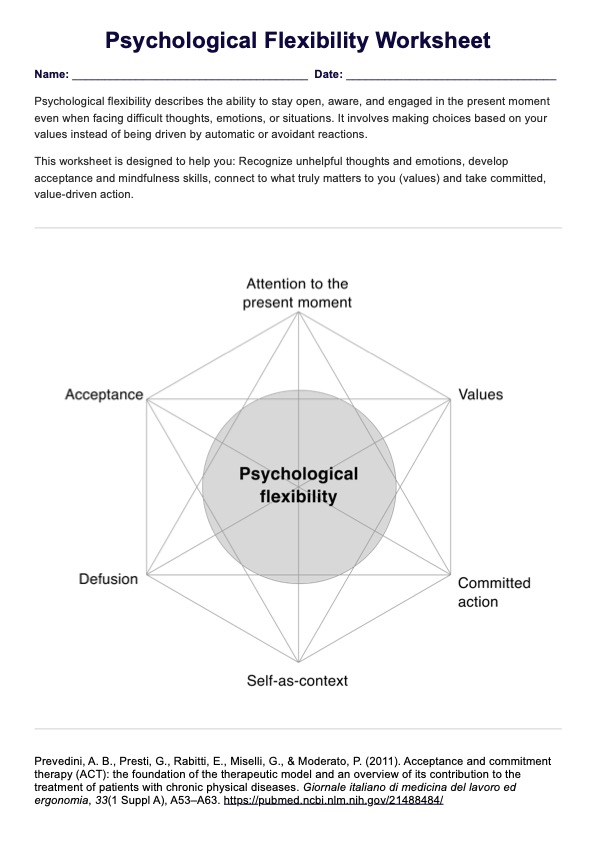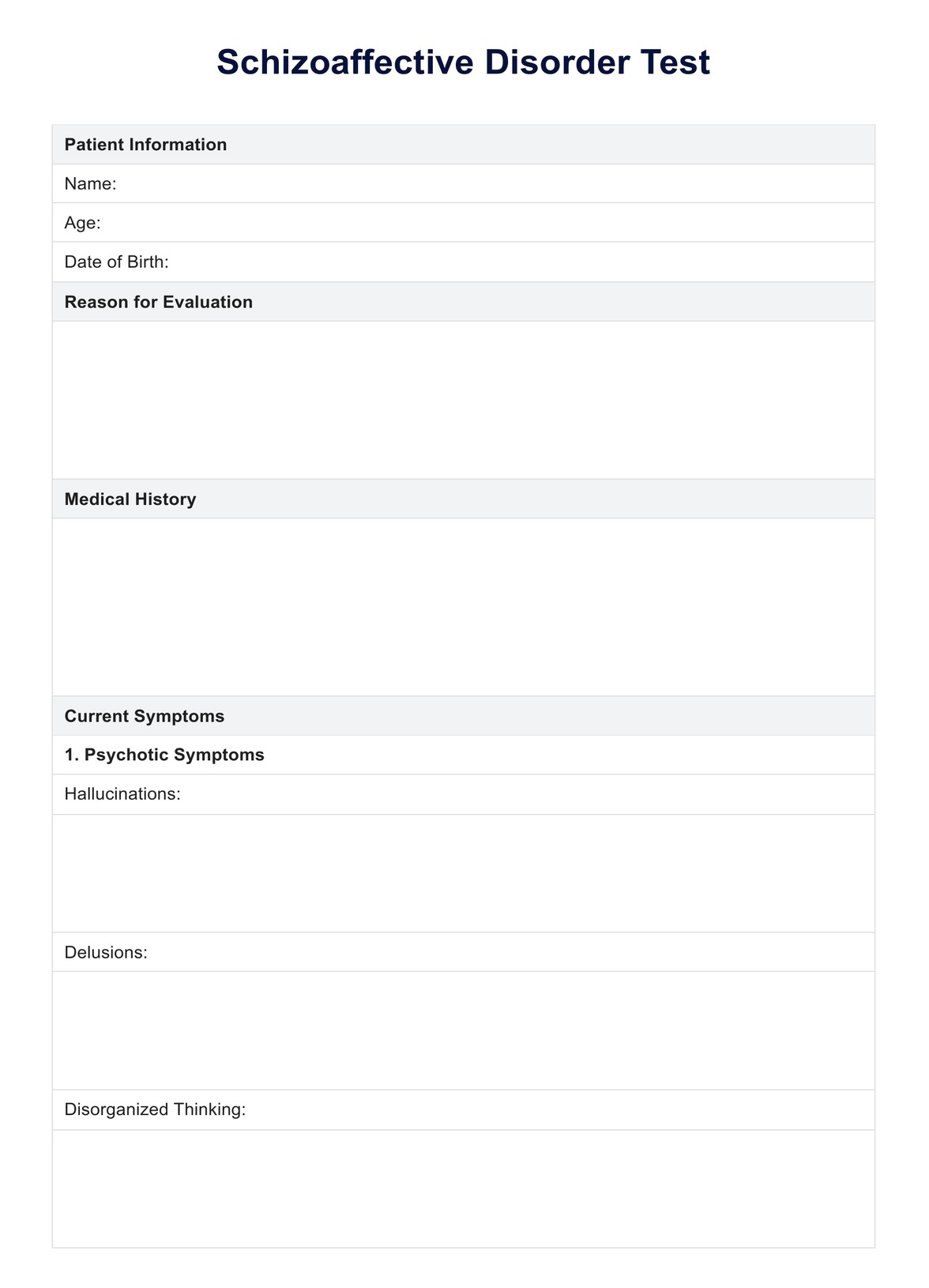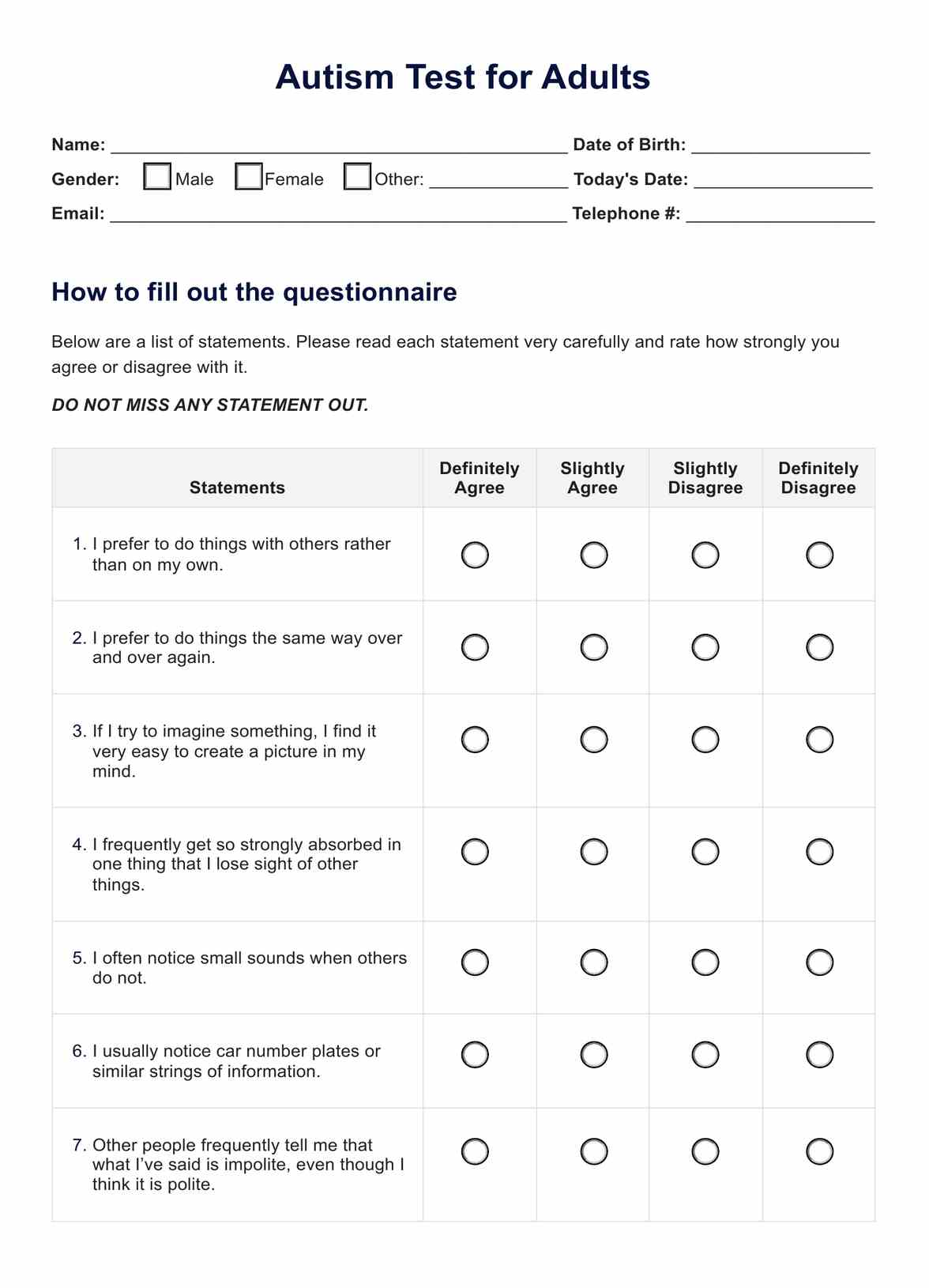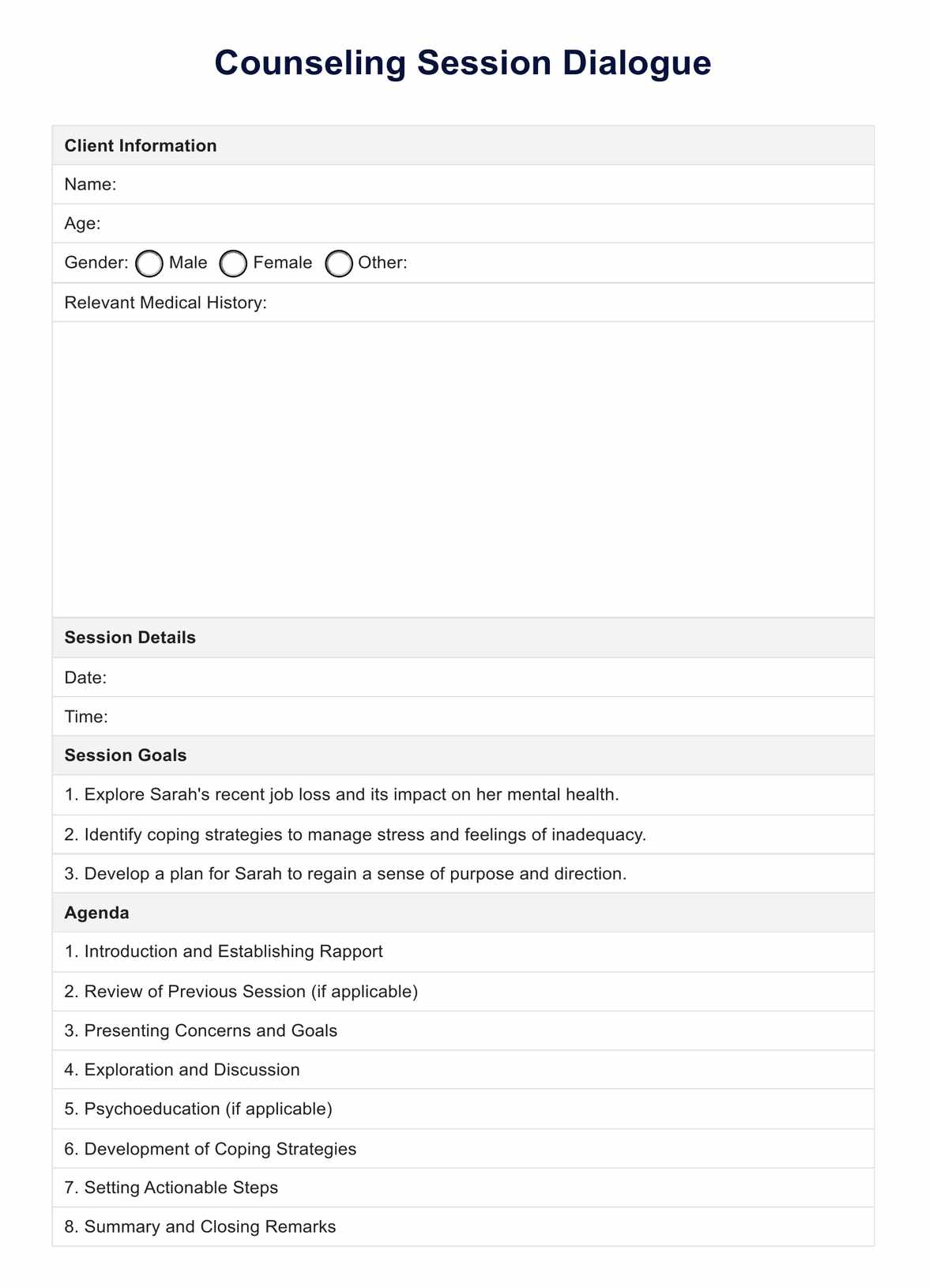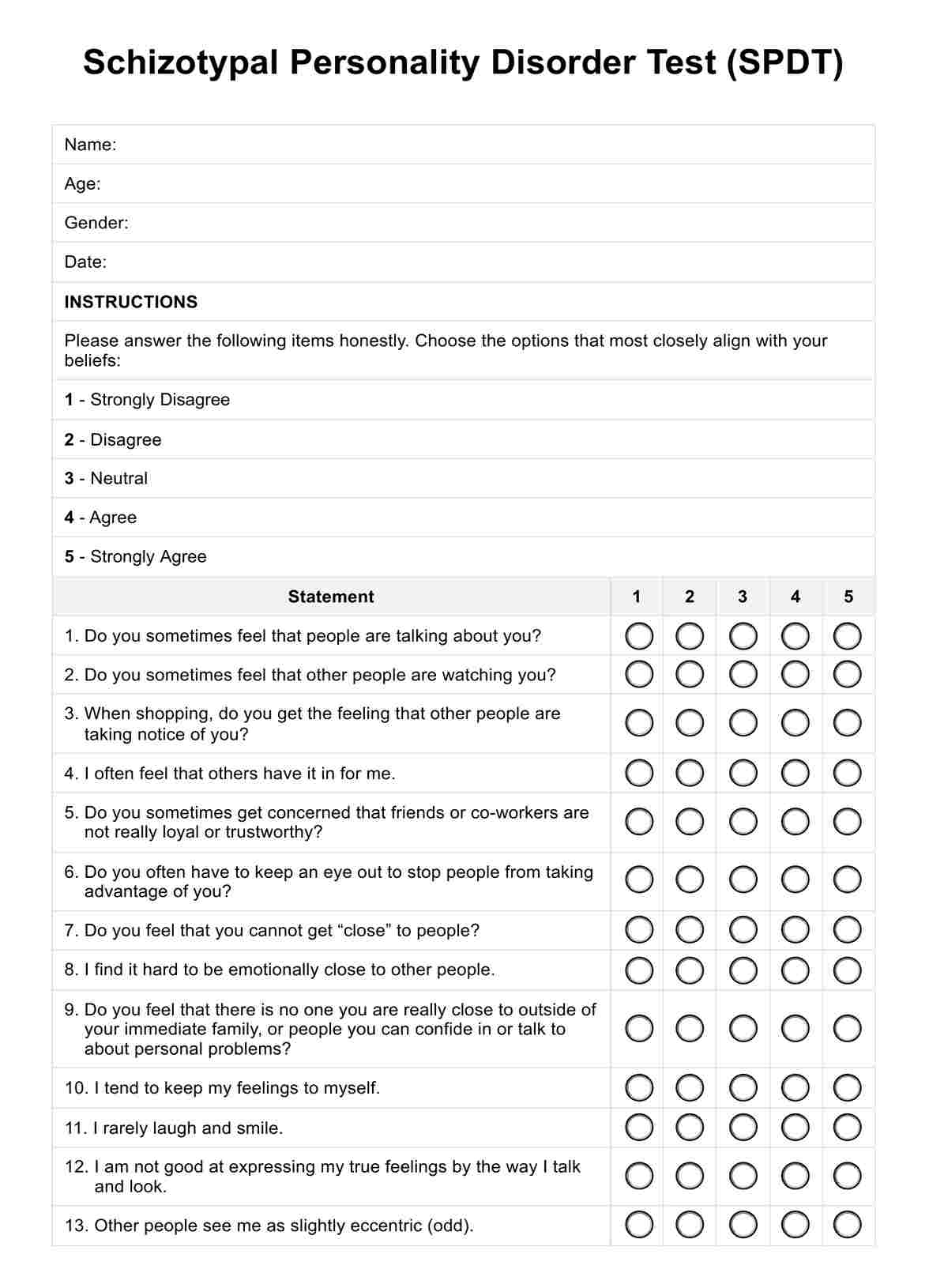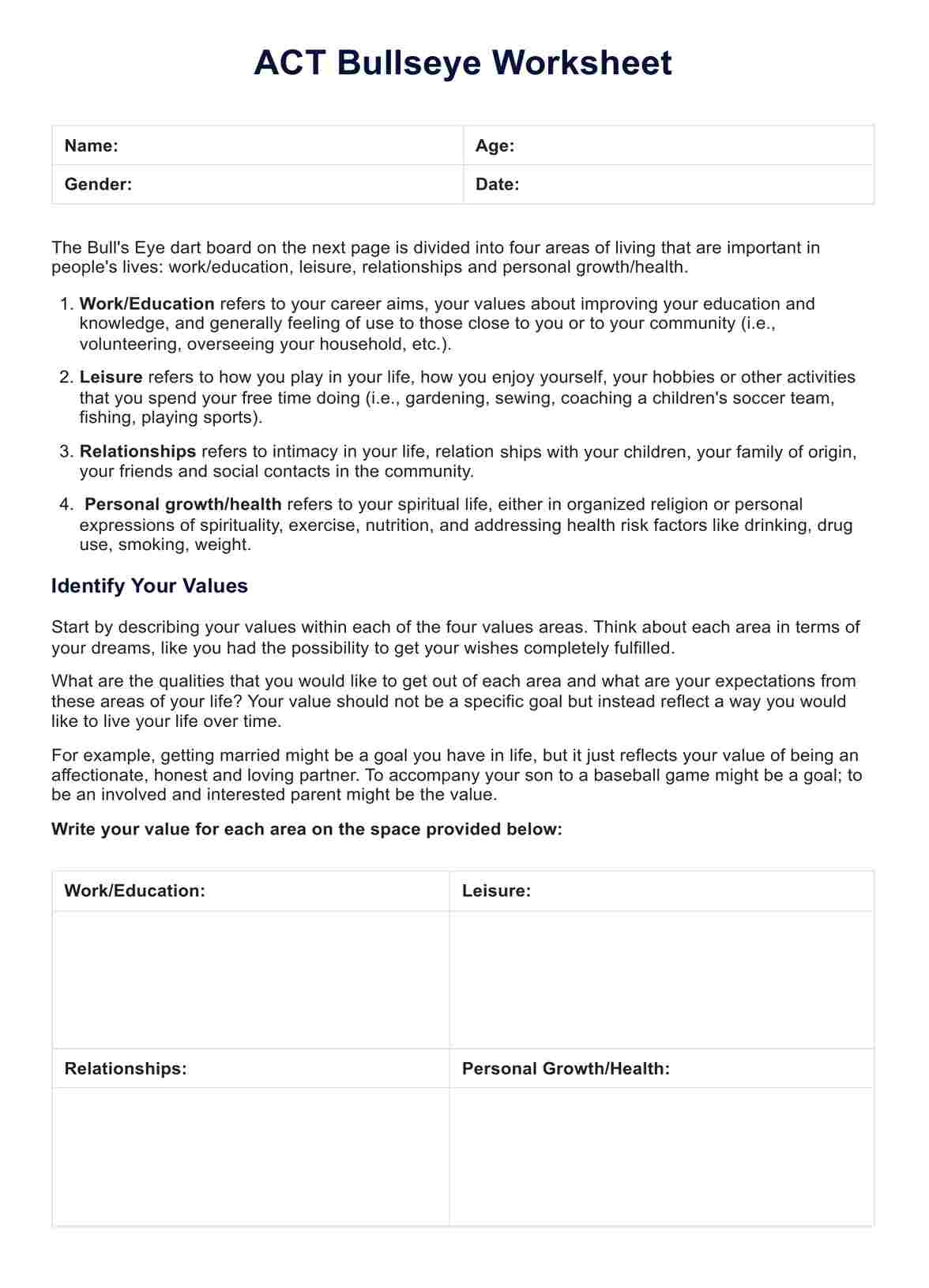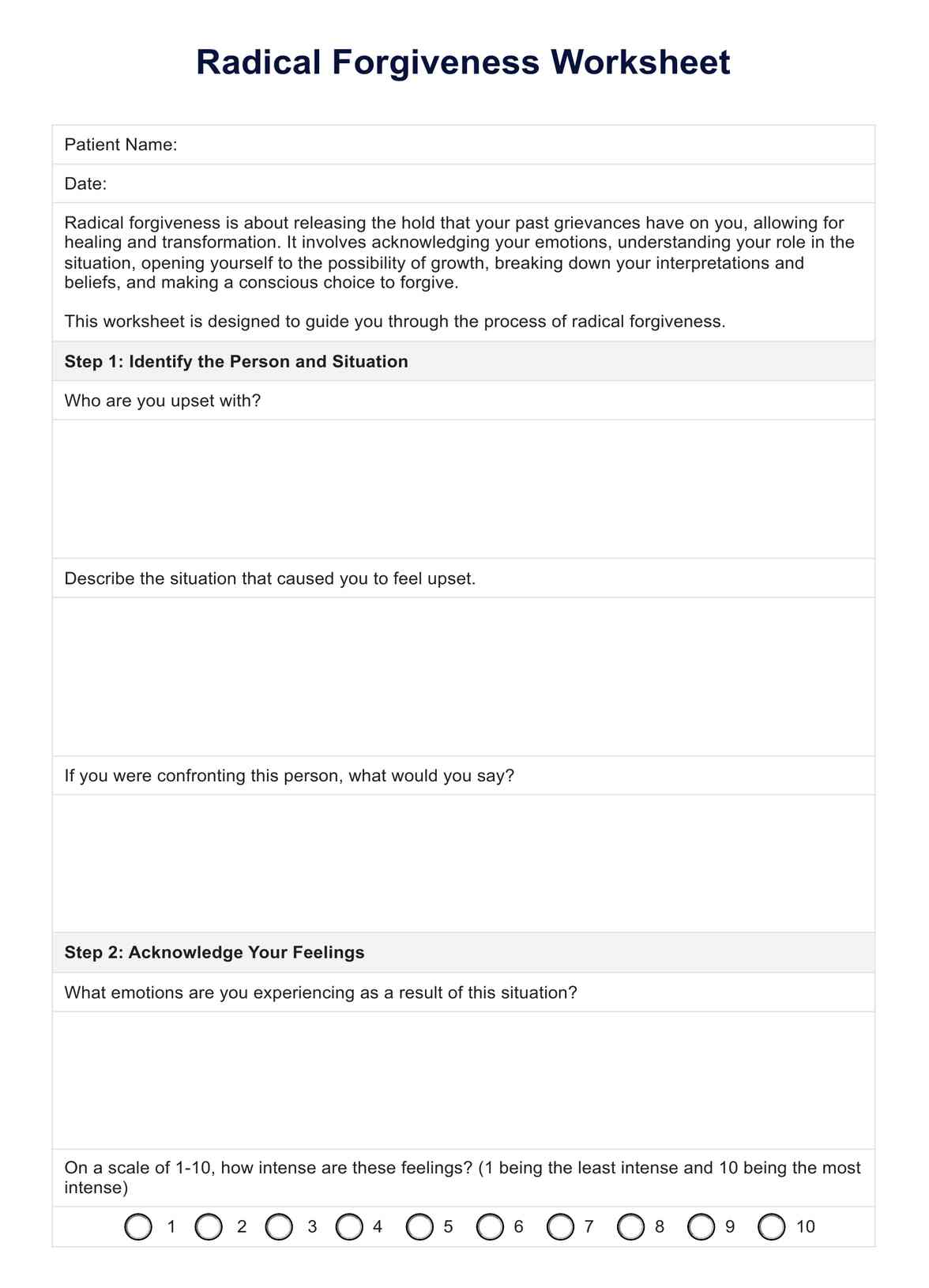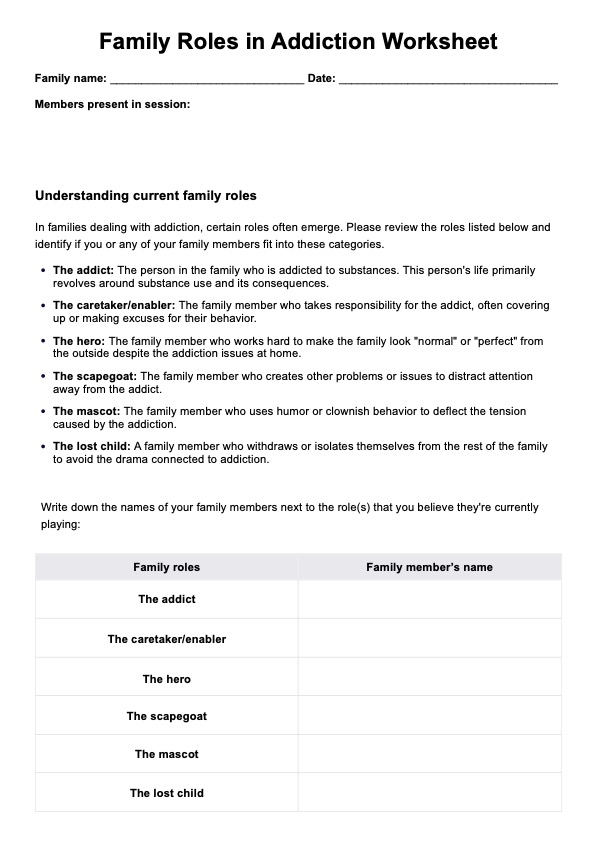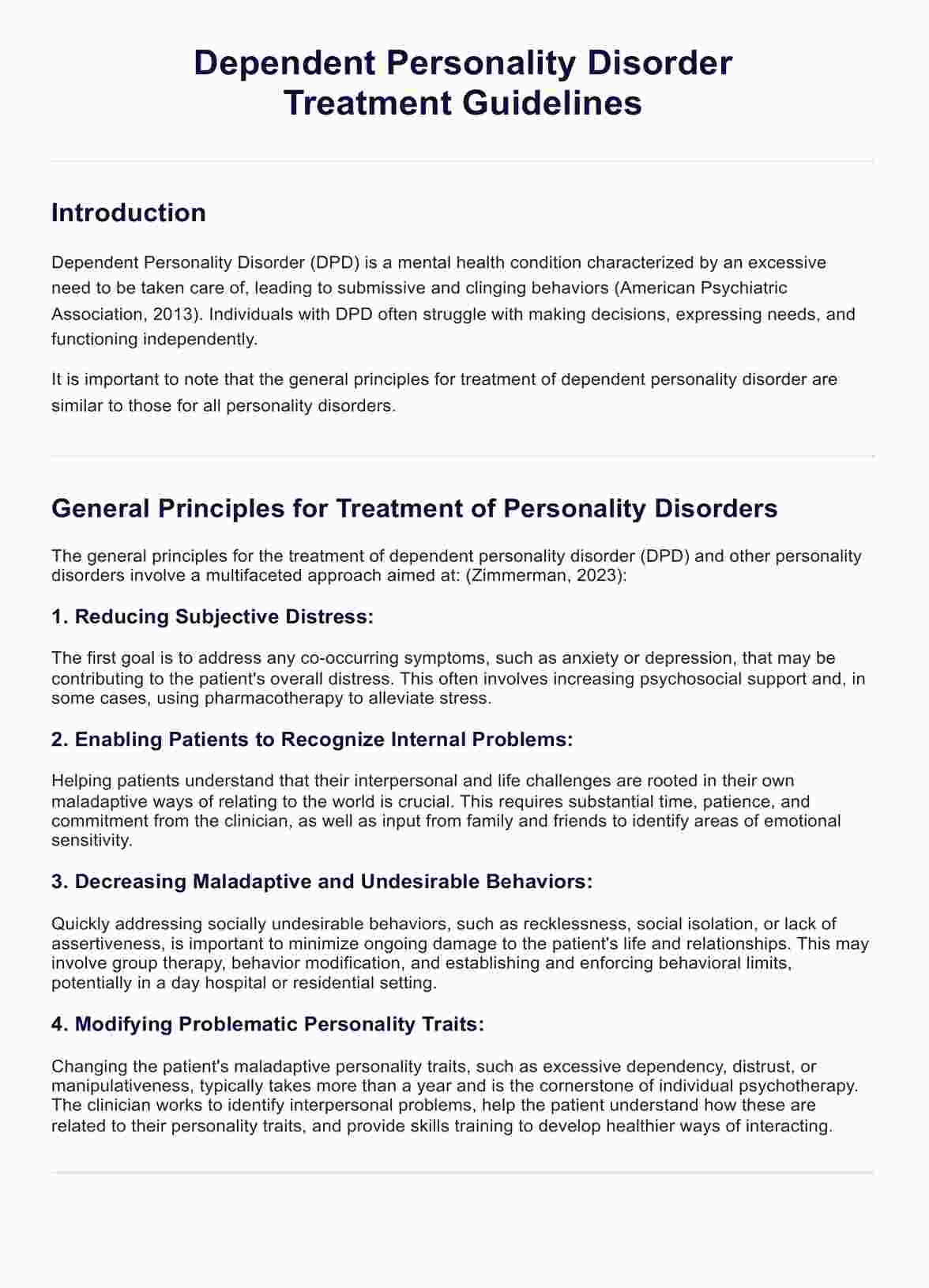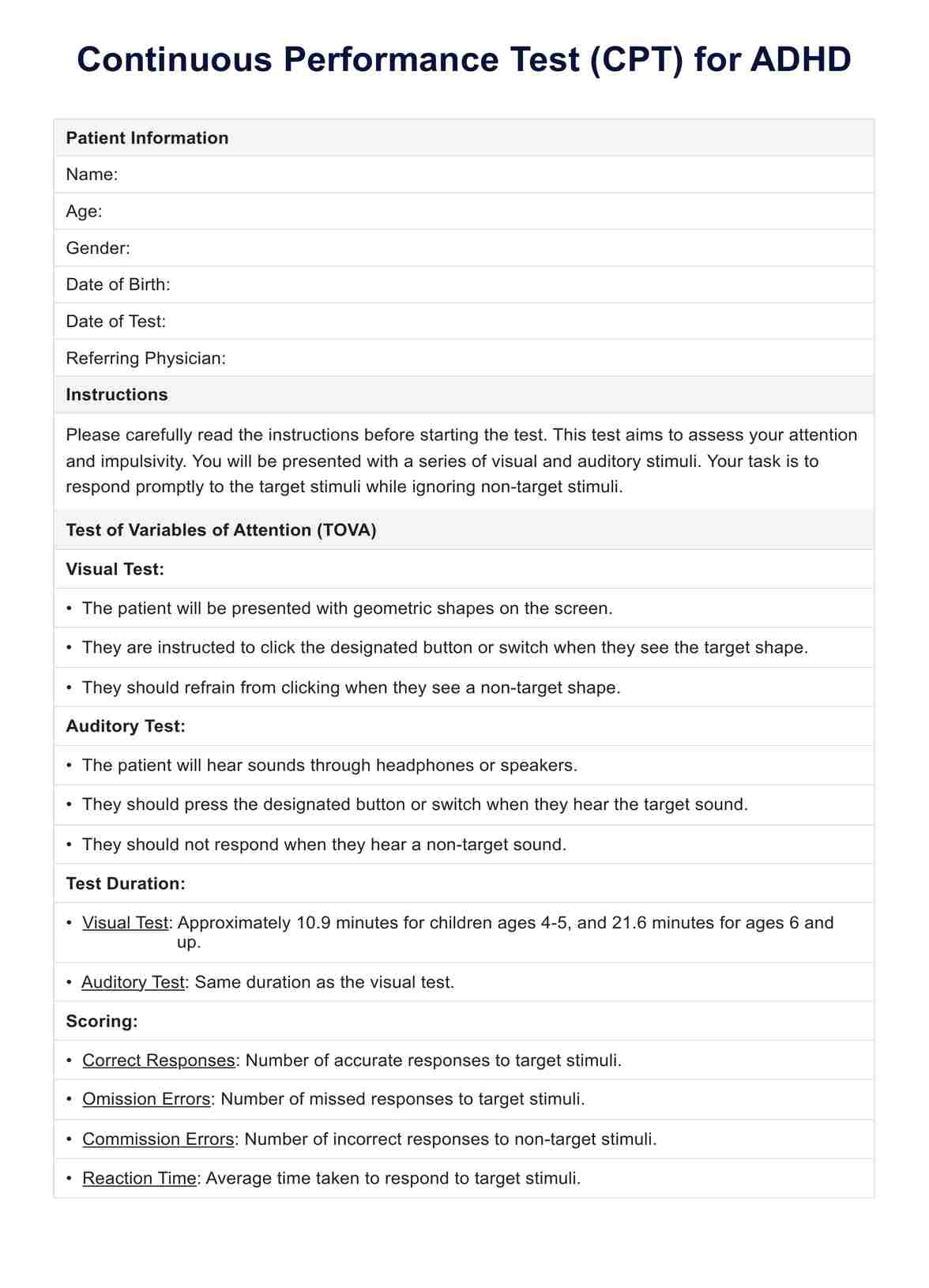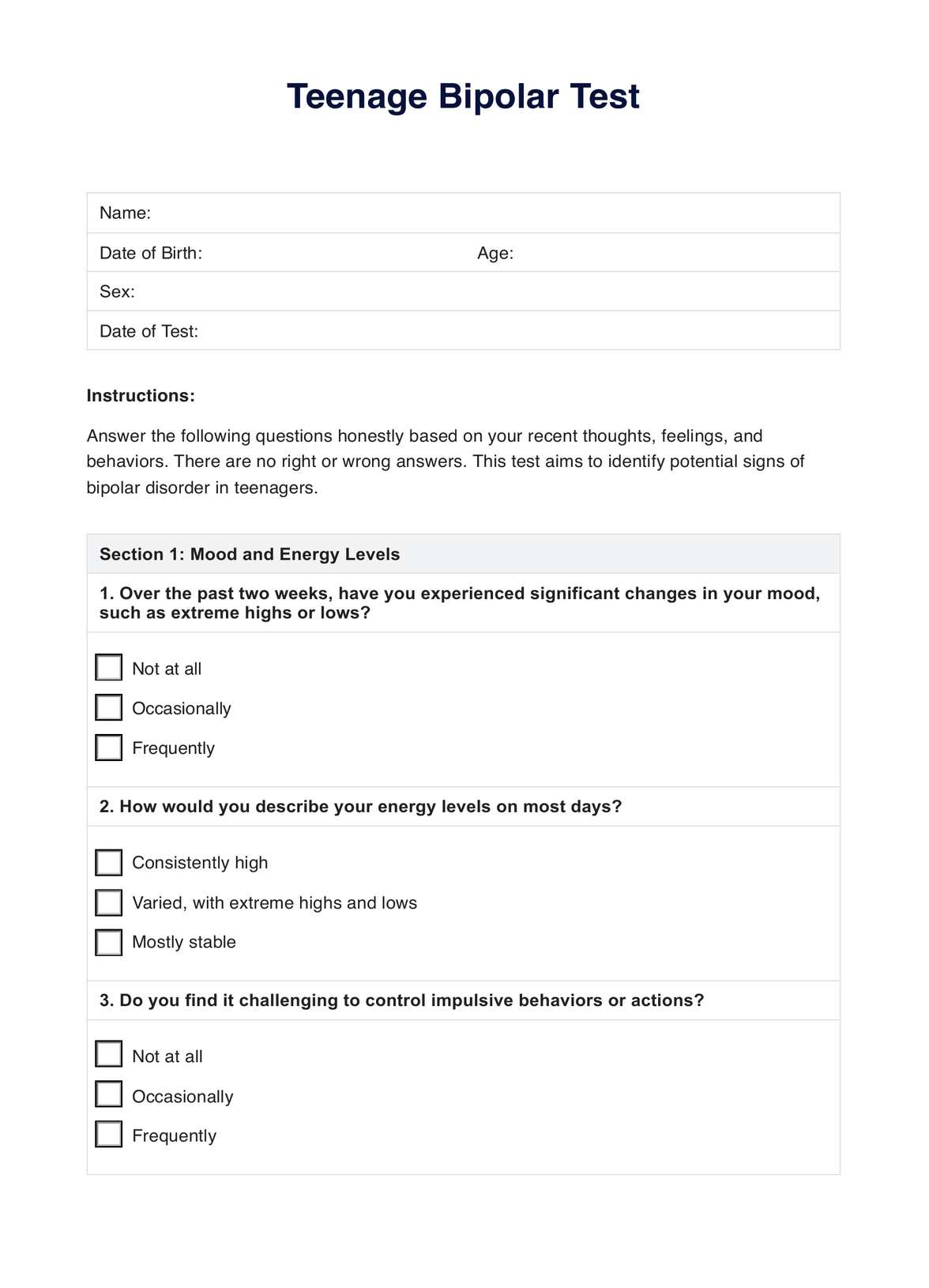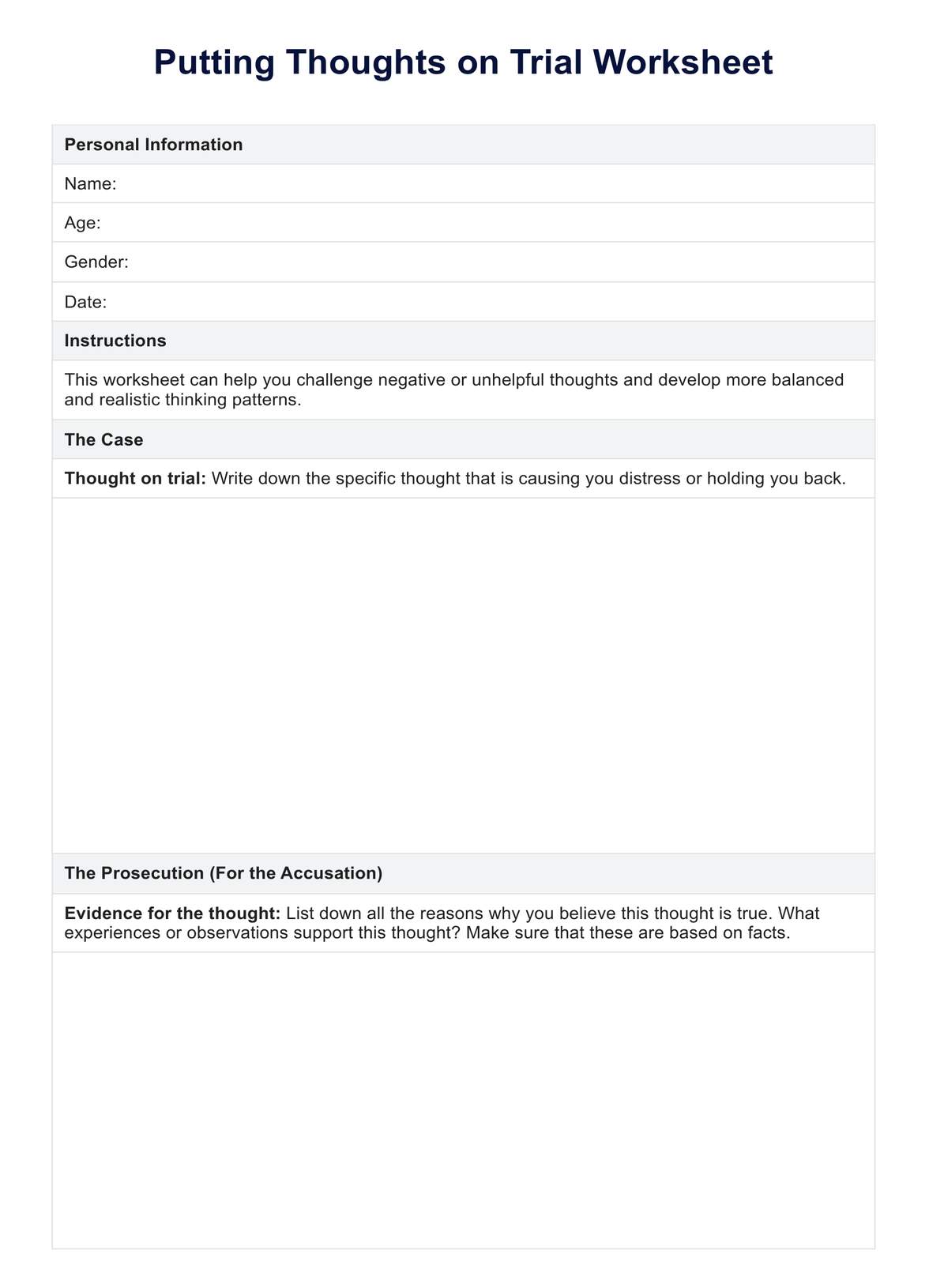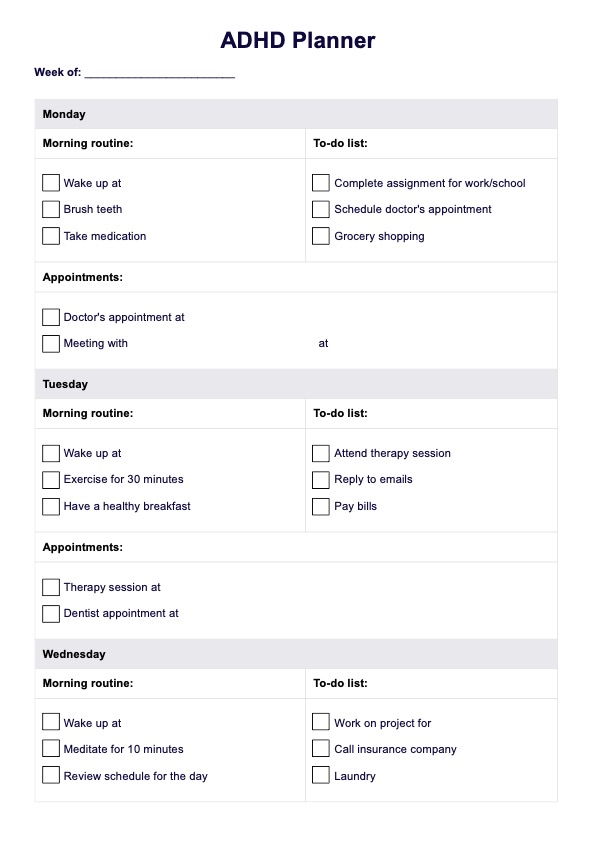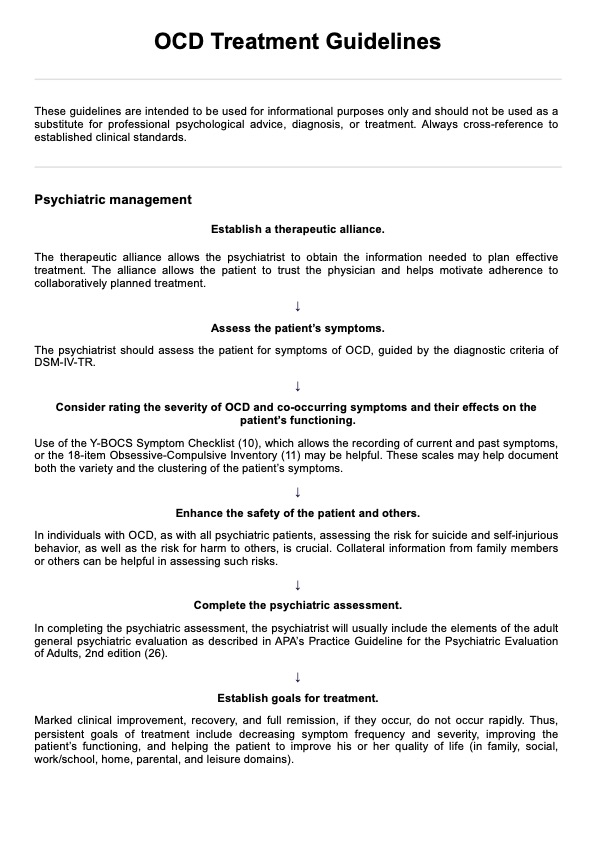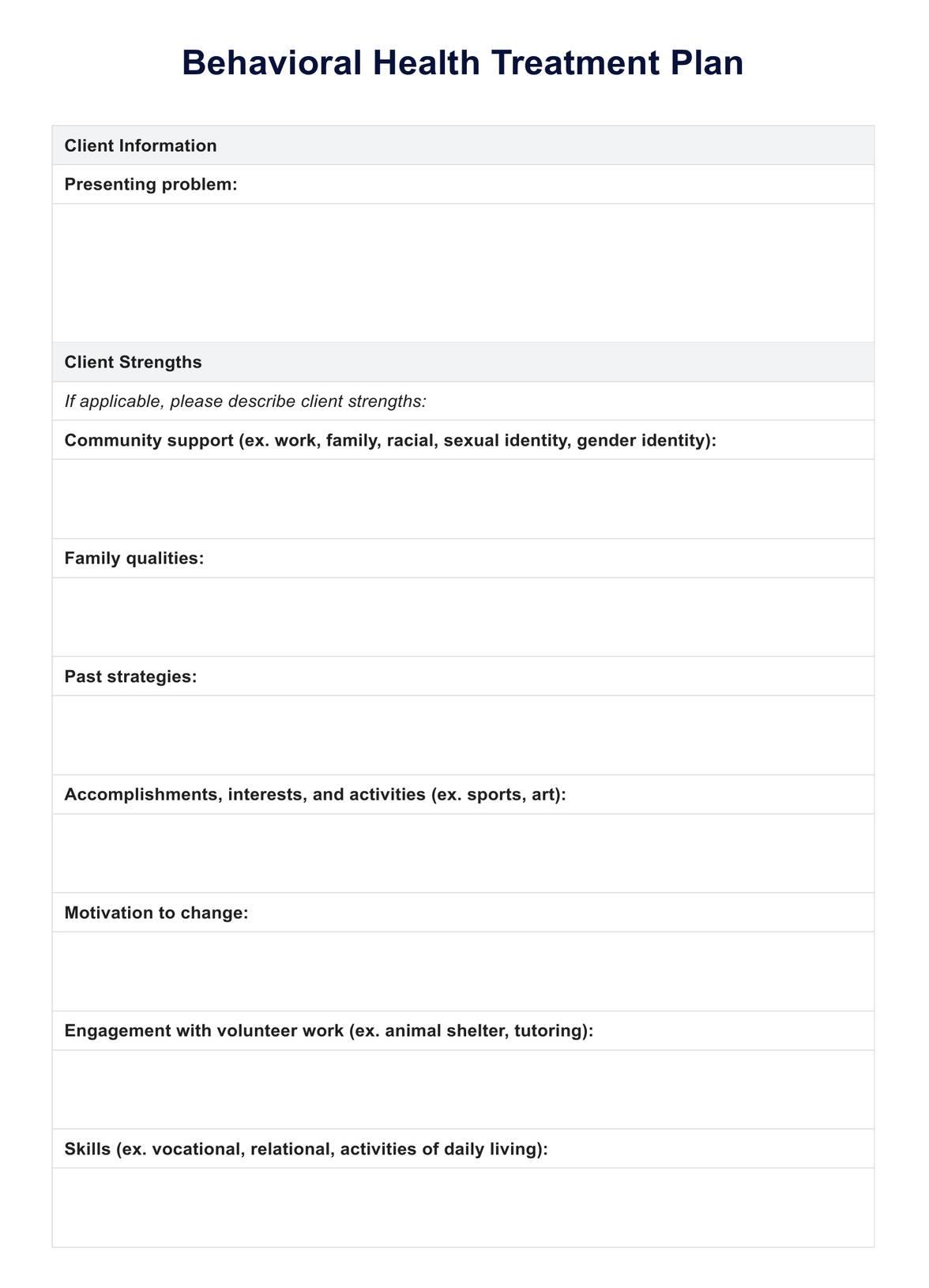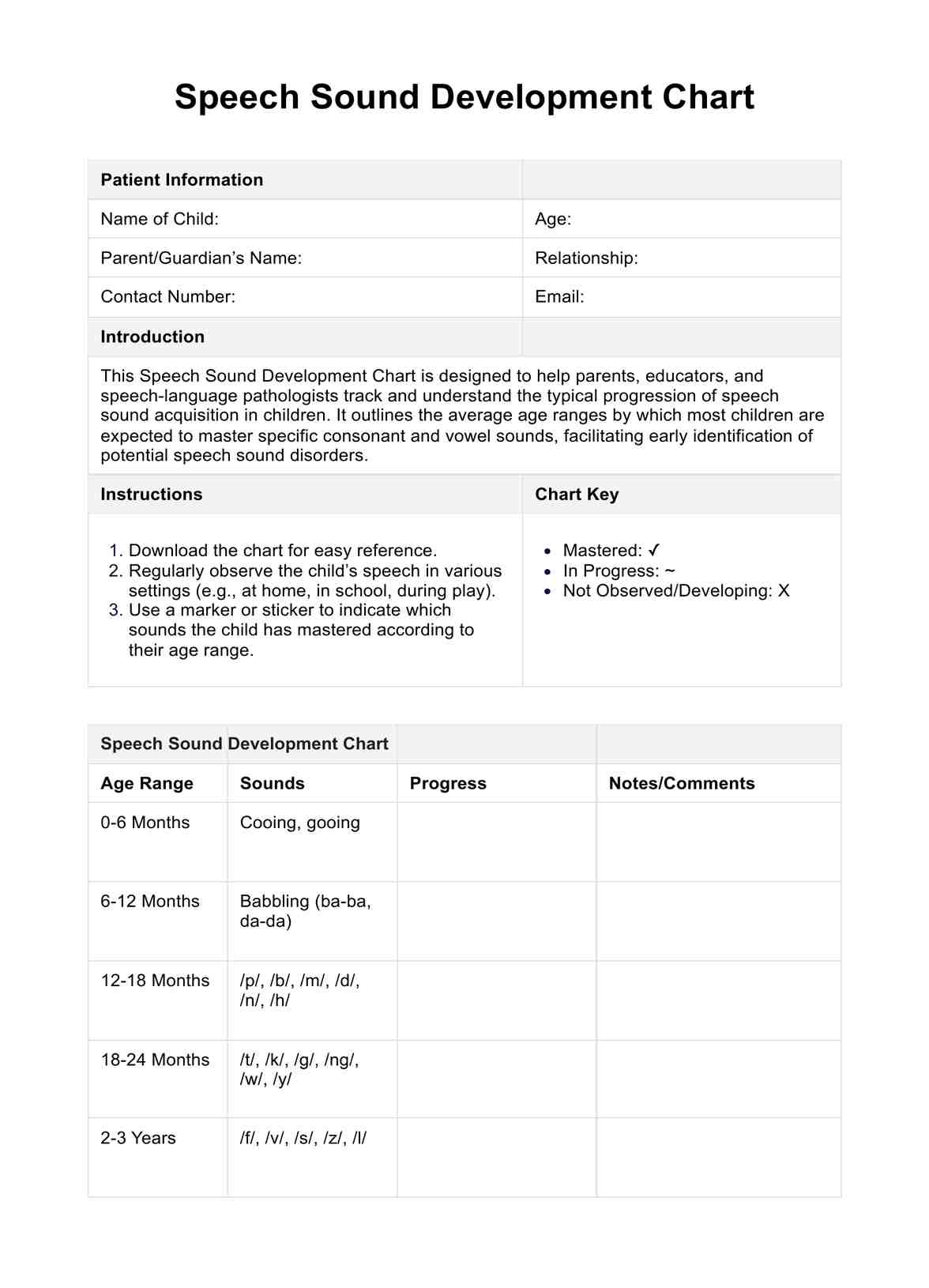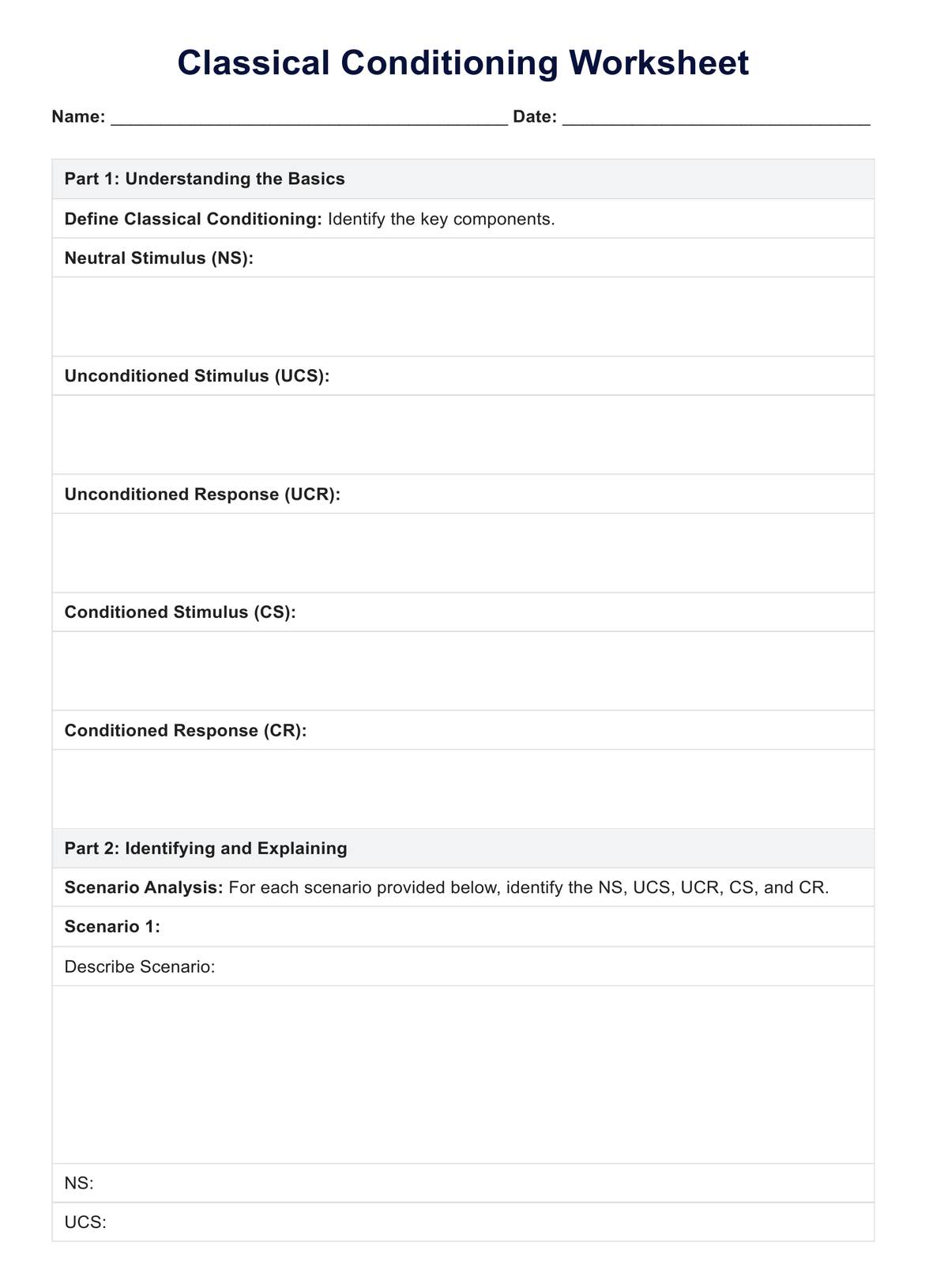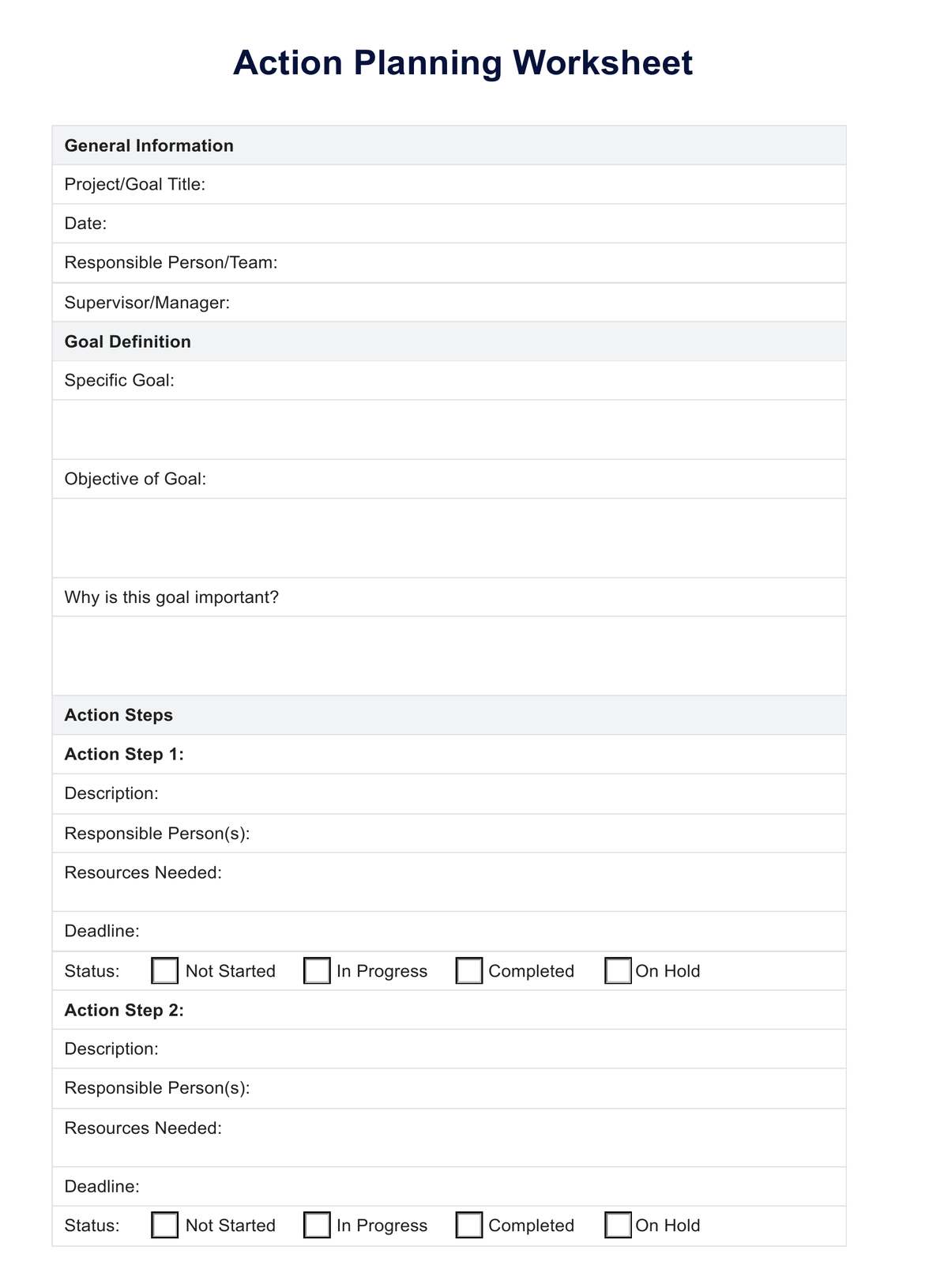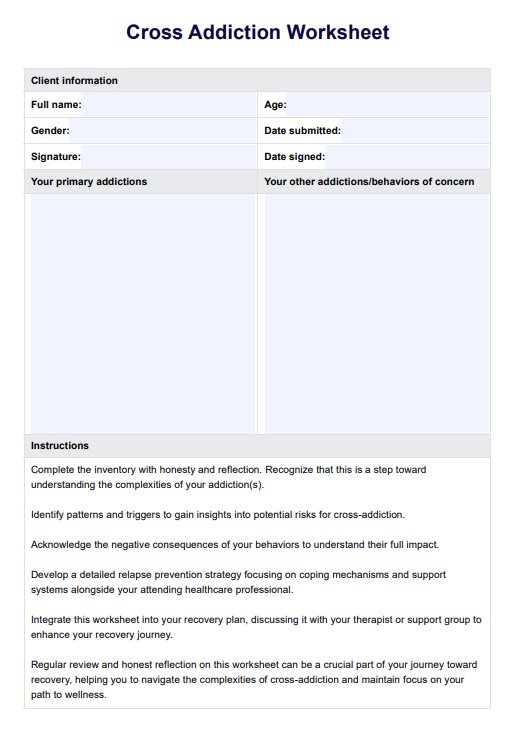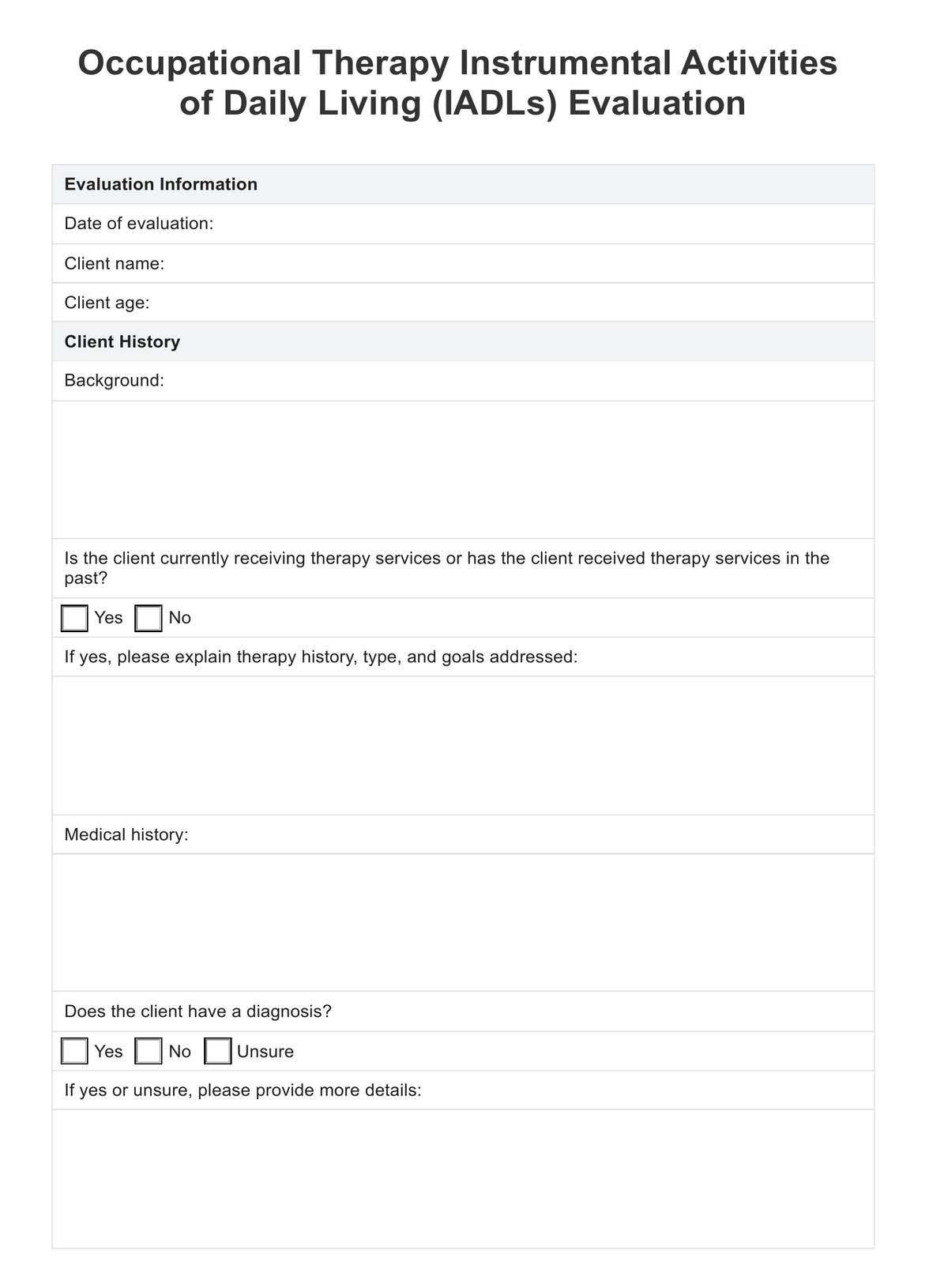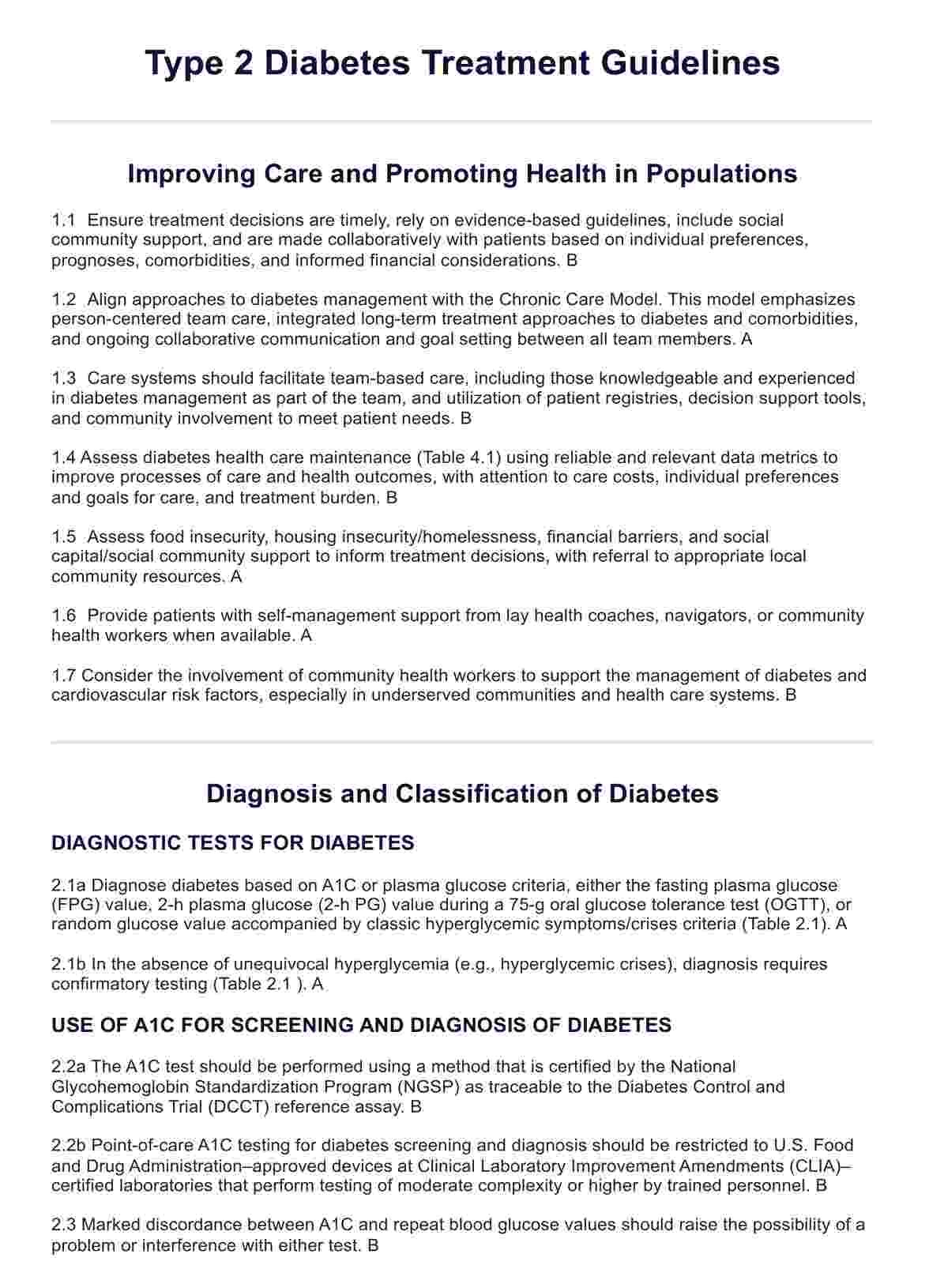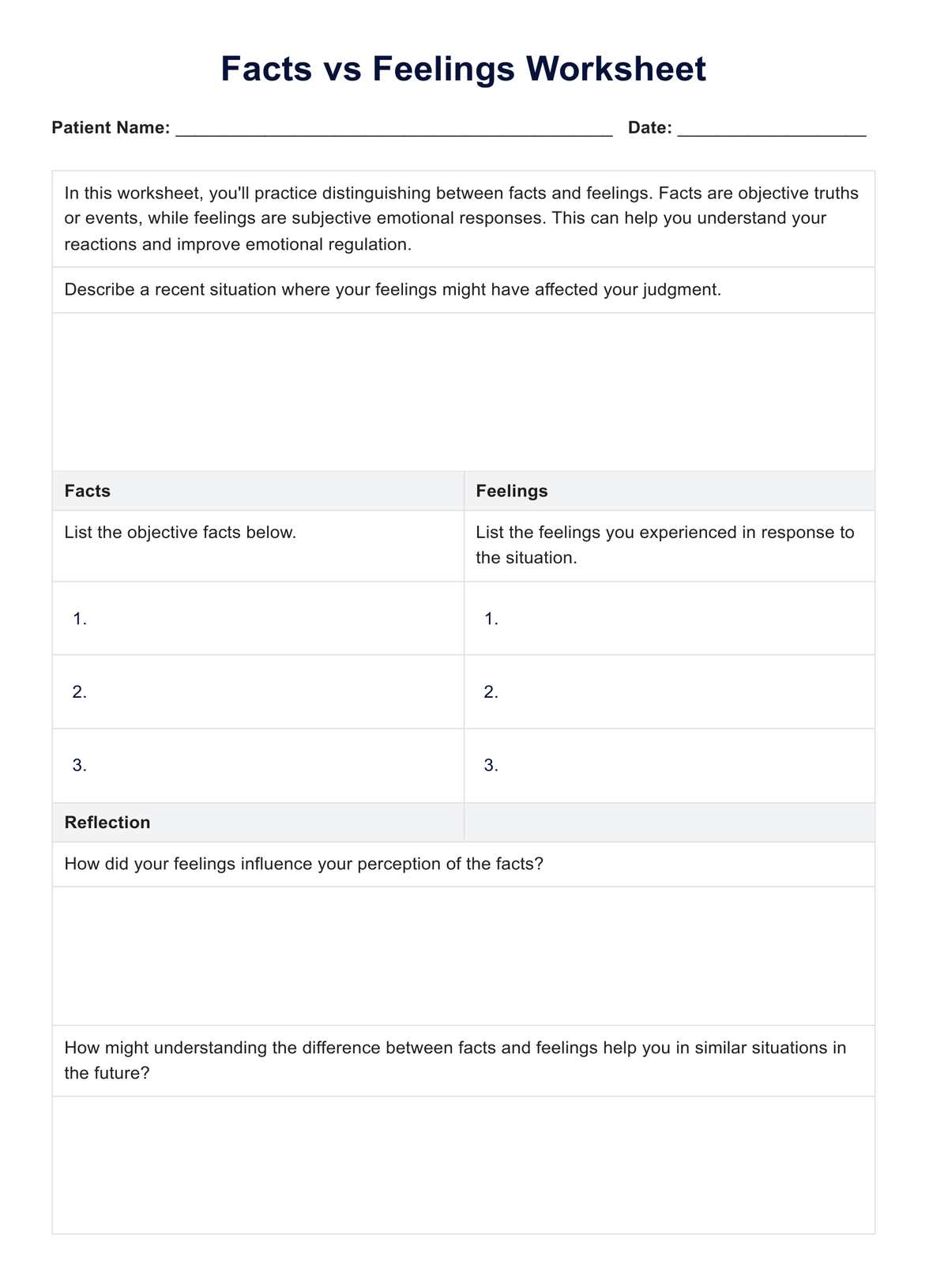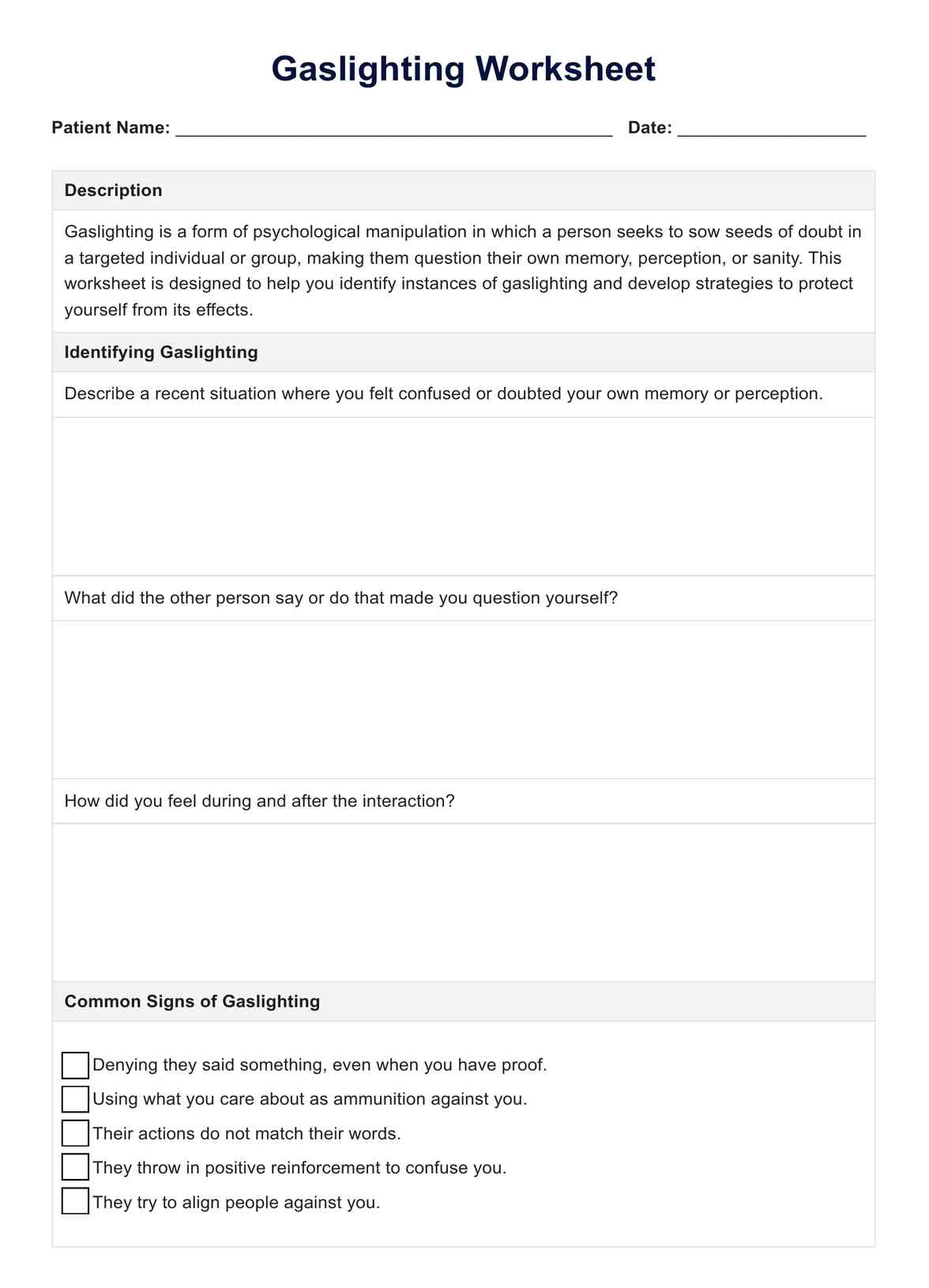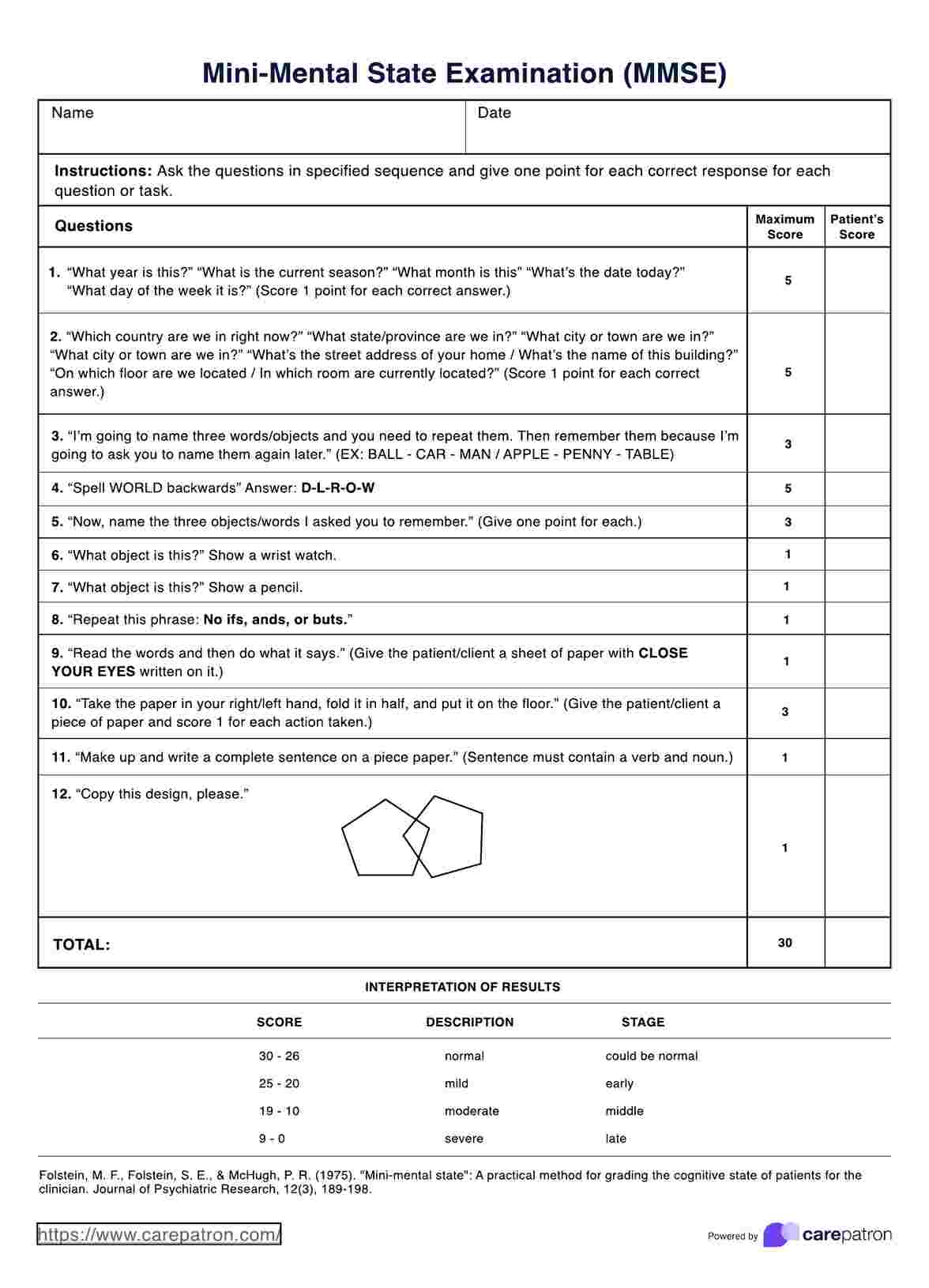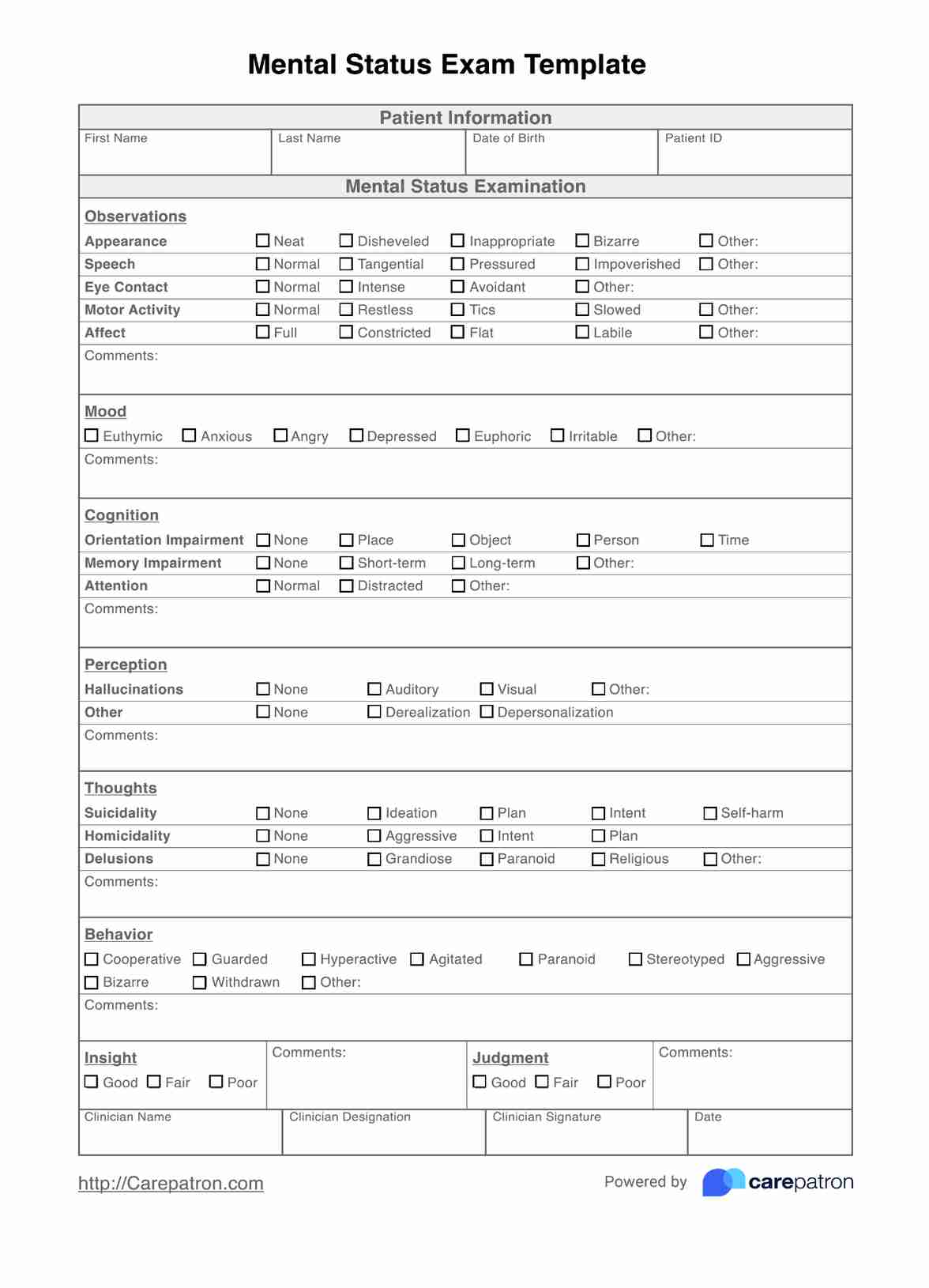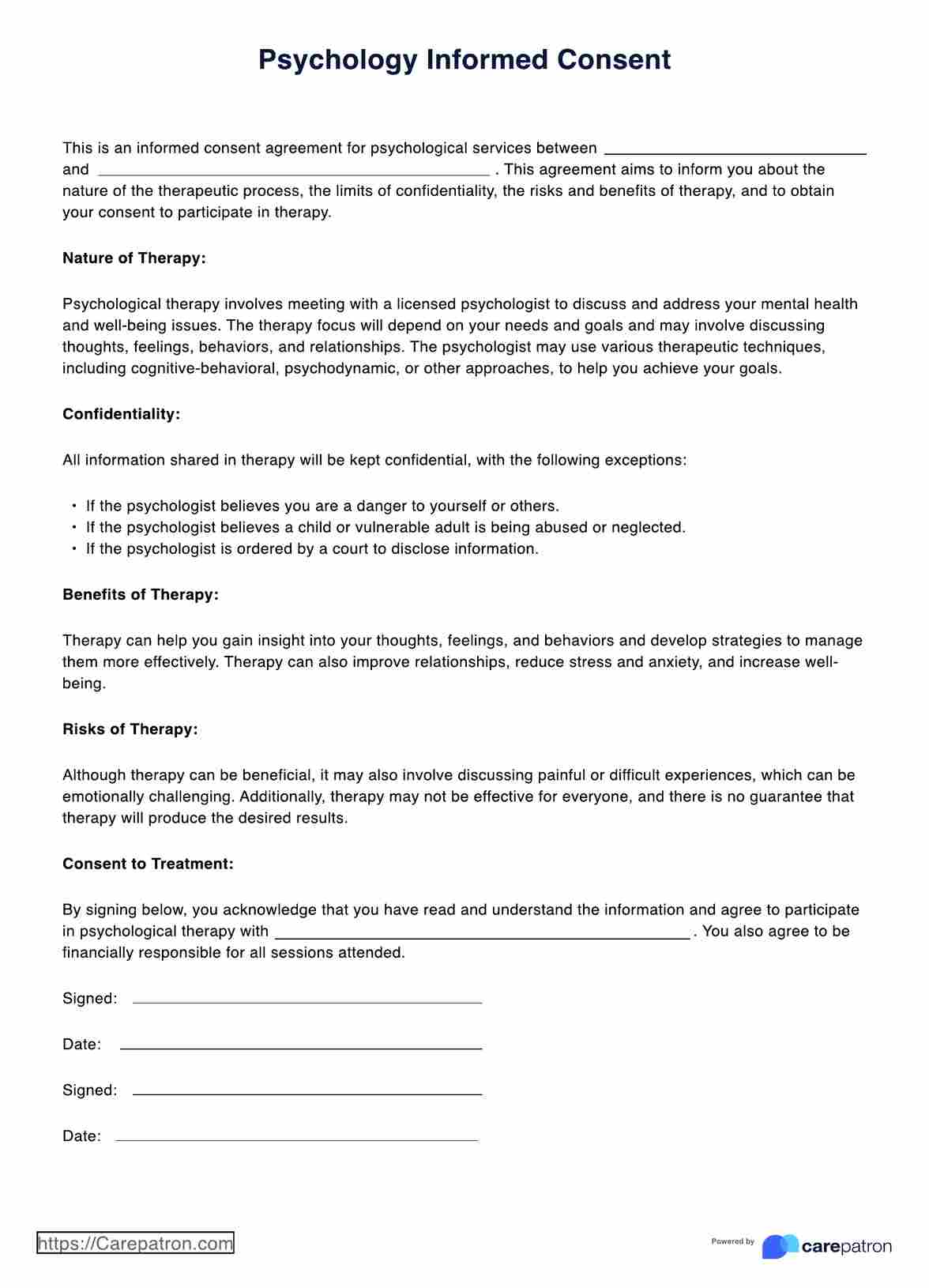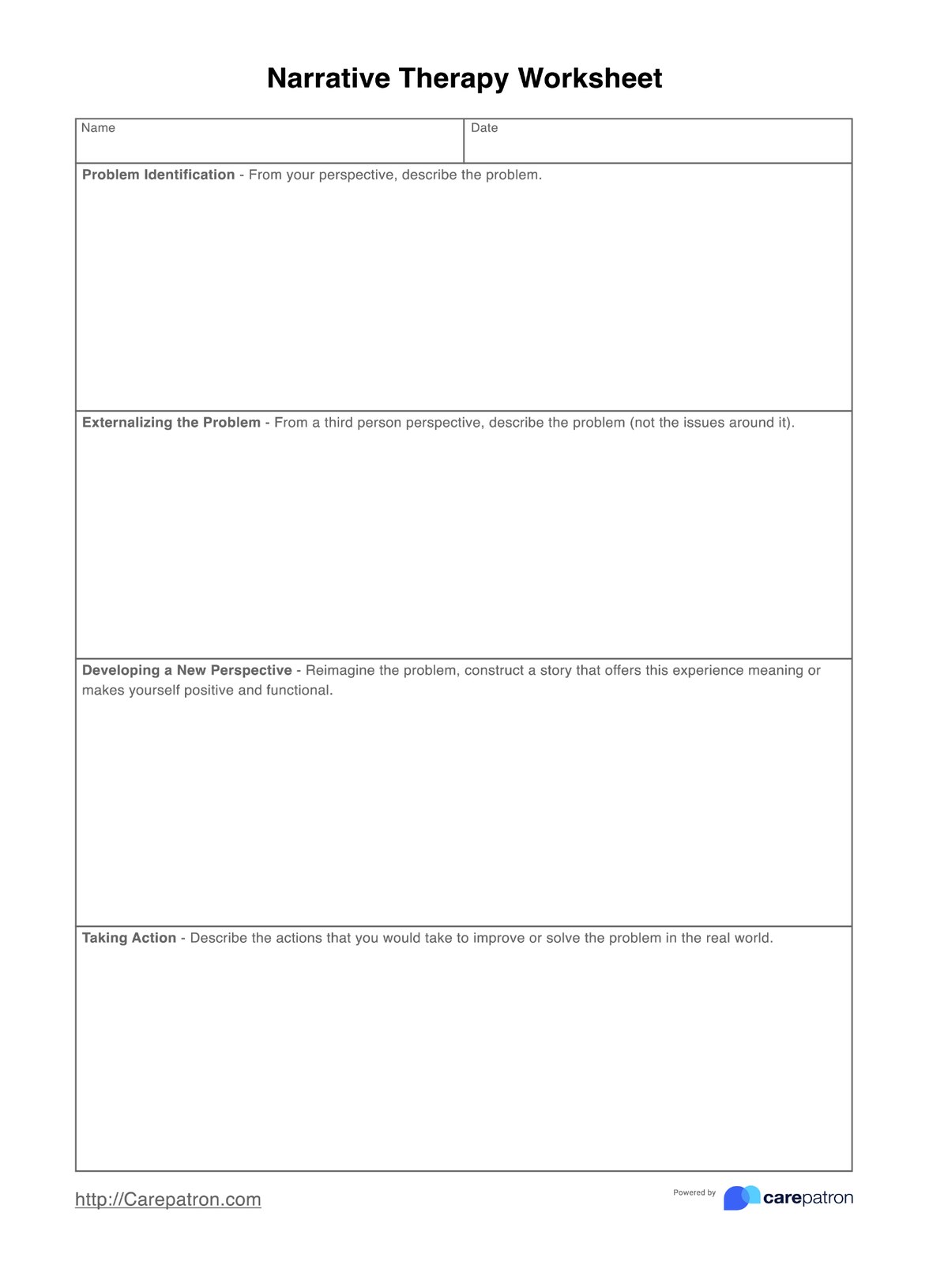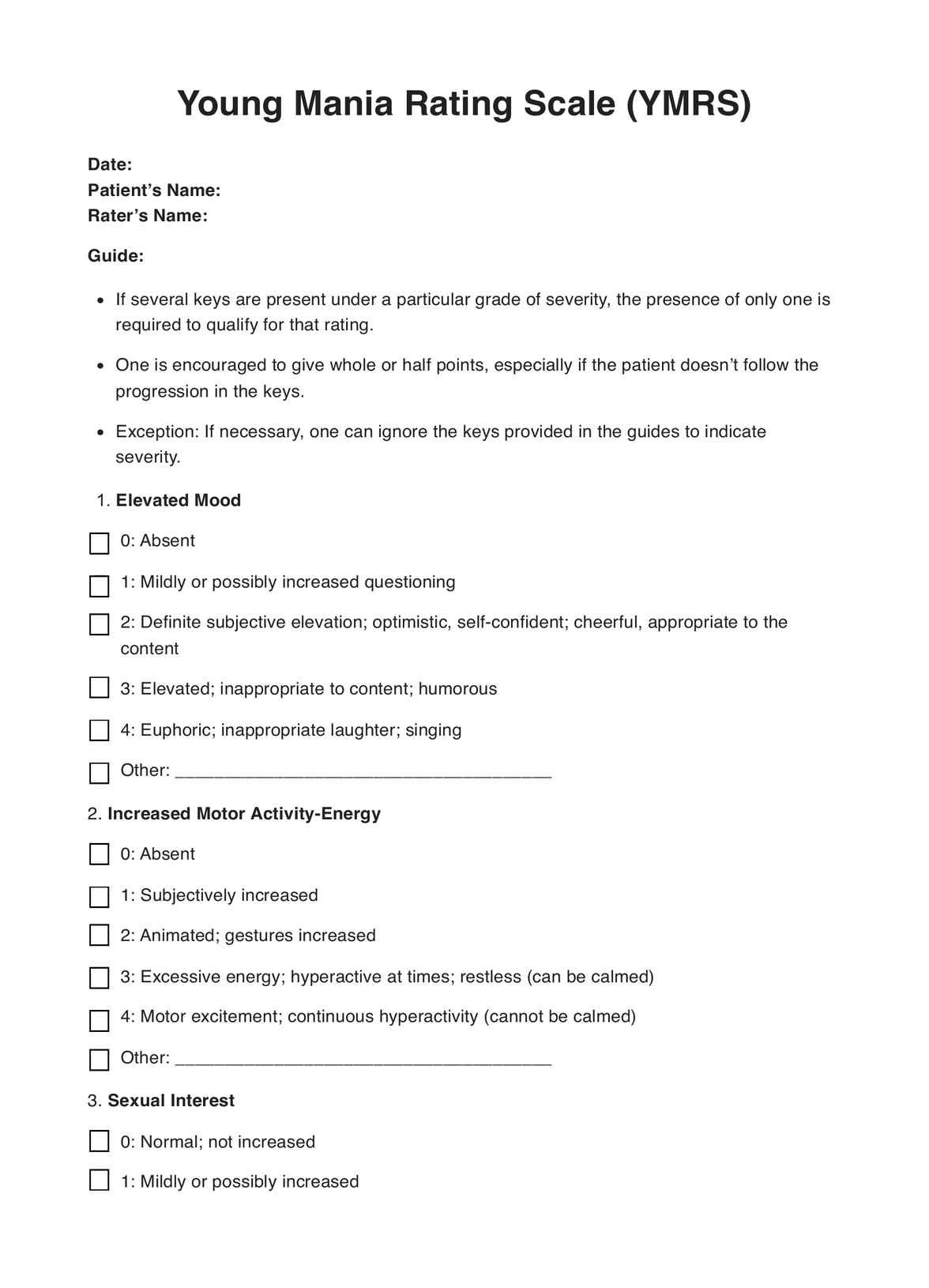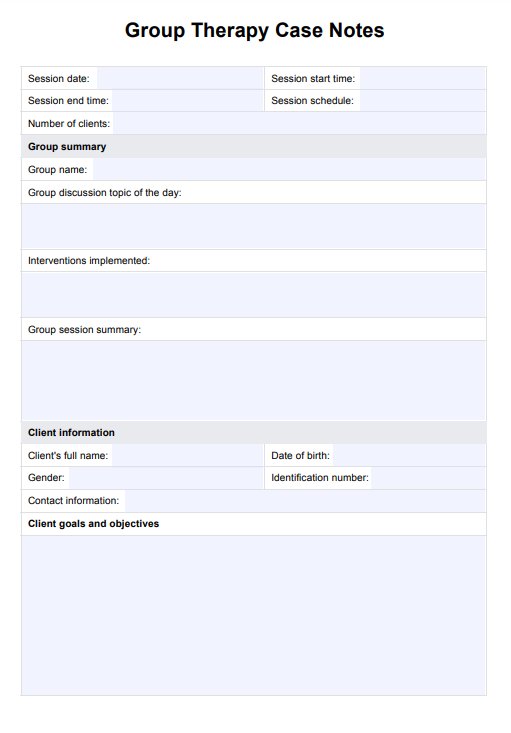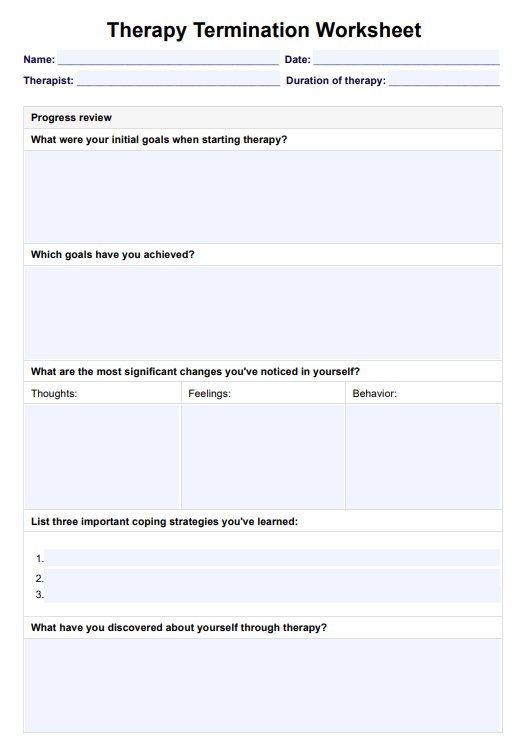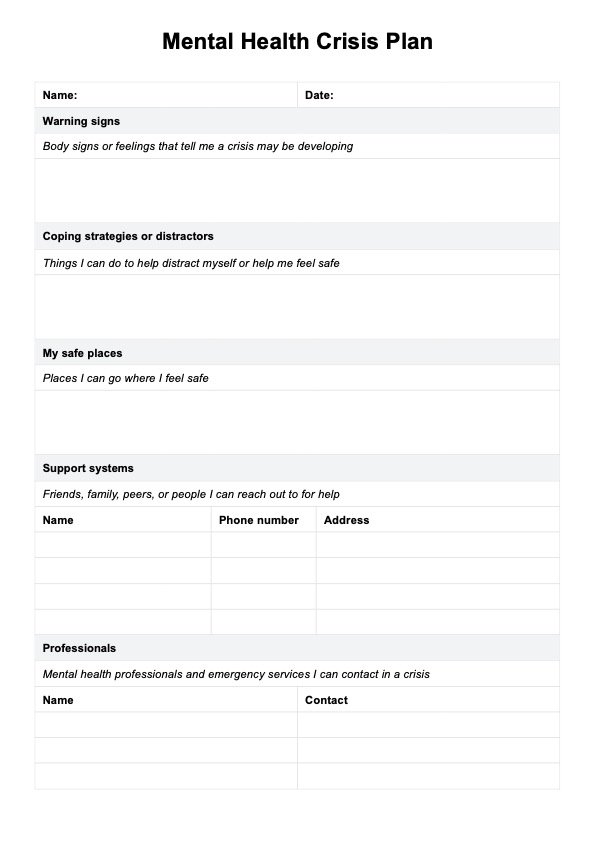Memory Loss Assessment
Issue this memory loss assessment example to gauge a person’s cognitive decline and memory loss!



What is a Memory Loss Assessment?
A Memory Loss Assessment is a type of cognitive screening that assesses brain function and brain health, particularly revolving their memory abilities. The test takes questionnaires revolving around memory abilities to test the strength of memory abilities, detects signs of cognitive impairment, and identifies which aspects of the individual's life details seem to be forgotten from time to time, such as forgetting appointments. Some of these come in the form of self-assessments for individuals at-risk, while others have been developed as informant assessments that involve informants, such as family members, reporting details and experiences about loved ones experiencing memory loss.
These assessments are there to help elucidate a person's cognitive decline as well as to serve as guides when formulating treatment or care plans for patients going through memory loss. Furthermore, these assessments can be used to early detection of symptoms for memory-related challenges, such as dementia and Alzheimer's disease. Being able to detect signs earlier can often create a smoother transition into care for older adults, and determine future needs for more effective care plans.
Assessing cognitive impairment in older adults is essential for the early detection of cognitive changes, and can identify early signs of decline. Health professionals, such as general practitioners and primary care providers may use a Memory Loss Assessment as part of their cognitive testing during annual wellness examinations for older patients. This can help identify risks of developing dementia, determine symptoms, update patient records, inform care plans, and lead to more testing where required.
Although are many types of assessments for memory problems, this particular resource utilizes the the informant assessment, Cognitive Decline and Memory Loss Assessment, developed by A.F. Jorm.
PDF Template
Download PDF TemplateExample PDF
Download Example PDFPrintable Memory Loss Test
Download this Memory Loss Test and determine the symptoms and severity of your client’s cognitive impairments and memory loss.
How to use this Memory Loss Assessment:
This particular assessment is straightforward and easy to use! It's designed to gauge an elderly person's memory and cognitive decline but can also be used to assess a younger person if they experience cognitive decline at an earlier stage.
Step 1: Issue the assessment sheet to the informant
On the part of the neurologist or nurse, all they need to do is to issue this to the person reporting someone's cognitive decline and memory loss.
Step 2: Informant answers
Once the informant receives that assessment form, they simply need to rate the aspects of a person's cognition and memory in the following areas:
- Remembering things about family and friends (e.g. occupations, birthdays, addresses)
- Remembering things that have happened recently
- Recalling conversations a few days later
- Remembering their address and telephone number
- Remembering what day and month it is
- Remembering where things are usually kept
- Remembering where to find things that have been put in a different place from usual
- Knowing how to work familiar machines around the house
- Learning to use a new gadget or machine around the house
- Learning new things in general
- Following a story in a book or on TV
- Making decisions on everyday matters
- Handling money for shopping
- Handling financial matters (e.g. the pension, dealing with the bank)
- Handling other everyday arithmetic problems (e.g. knowing how much food to buy, knowing how long between visits from family or friends)
- Using their intelligence to understand what's going on and to reason things through
They can rate it by checking one of the following checkboxes per item:
- Much improved
- A bit improved
- Not much change
- A bit worse
- Much worse
One thing that neurologists/nurses should tell informants to keep in mind is that they need to think in terms of the past ten years and compare it to how things are now.
Step 3: Develop a plan
After the informant returns a fully-answered assessment, the test results should help you determine the kind of care or treatment plan that your patient will benefit from, and ways to effectively provide support.
Cognitive Decline and Memory Loss Assessment example (sample)
Here is an example of a filled-out Cognitive Decline and Memory Loss Assessment to help give you insight into what these assessments look like when completed.
Download this Memory Loss Test Example (Sample) here:

When would you typically use a Memory Loss Assessment?
A Memory Loss Assessment is typically conducted for cognitive screening amongst older individuals or individuals at risk of memory-related cognitive impairment. Given that memory loss can manifest in many different ways and individual factors, the following are some scenarios in which this form of cognitive assessment is usually administered:
- Following injury: Individuals who have experienced head-related trauma or injury, such as a concussion, may require a memory assessment. Depending on the type of injury and level of impact, head trauma may affect memory; therefore, some health care providers may recommend a Memory Loss Assessment alongside a routine physical examination, such as a concussion test.
- Early detection: Individuals at risk or demonstrating symptoms of cognitive impairment related to memory loss may be recommended by their primary healthcare provider to complete an assessment. Cognitive screening may be implemented for older adults as part of their annual wellness and physical exam.
- Dementia screening: The Memory Loss Assessment may be an early dementia screening tool. If test results identify some cognitive impairment or individuals express cognitive complaints, healthcare providers may conduct other tests for diagnosis of dementia.
- Mental status: This assessment can be reissued to patients to track any changes in mental status or brain functions. These can serve as ongoing documentation that can be used to identify patterns or inform health plans for the individual.
Who may use this Memory Loss Assessment?
Our printable Memory Loss Assessment is an invaluable resource for health practitioners, particularly those specializing in the brain and nervous system. As a broadly applicable and accessible cognitive test, the Cognitive Decline and Memory Loss Assessment can be implemented within various practices. Health practitioners that may find this resource beneficial include the following:
- Geriatricians: As specialists in age-related medical conditions, geriatricians may use this assessment to support patients when providing geriatric care. In particular, this assessment may provide insight into the patient's brain function, which geriatricians can use to devise care plans and interventions that preserve cognition and independence.
- Neurologists: Health practitioners specialized in neurological care may use this as an assessment alongside brain imaging as part of the neurological examination for patients. This may support a diagnosis of brain-related dementias or areas of the brain that may affect mental or cognitive function.
- Nurses: Nurses involved in health institutions such as hospitals or elderly care may administer this test to screen for Alzheimer's and related dementias. This can then inform nursing care plans, which can support patients experiencing memory loss and those around them.
- Psychiatrists: Those with formal training in psychiatry may use this assessment to identify symptoms of memory loss, or perform memory evaluations to assist in diagnosing dementia or Alzheimer's disease.
Benefits of the Memory Loss Assessment
Memory loss and cognitive impairment are experienced broadly and may manifest due to various individual factors such as medical history, brain function, and age. Given that memory loss is not always directly observable, having a better way of detecting symptoms of cognitive impairment and diagnosing related disorders is incredibly beneficial for healthcare practitioners, their patients, and supporting personnel. The following are a few of the benefits of a Memory Loss Assessment:
Early detection
The Memory Lost Assessment can serve as a preliminary assessment for cognitive impairment related to memory loss. Early detection is essential for proactive action to slow down the effects of cognitive impairment, help an individual maintain their independence for longer, and provide support to the individual and those around them.
Informs effective treatment and care plans
Since this assessment asks informants to rate certain aspects of a patient's cognition and memory, an accomplished assessment will help health practitioners with crafting a treatment plan for their patients. This would be especially helpful in identifying aspects of cognition and memory to focus on first or for the entire duration of the plan.
Monitors changes
Health practitioners can use this assessment to monitor the changes in cognition or document cognitive impairment. Keeping a record of this information can provide future insight to inform diagnoses, interventions, and care plans. These changes can be documented and managed within your selected practice management software.
Provides insight
Cognitive decline and memory loss aren't exactly clear-cut in the beginning because they may only affect certain aspects of a person's cognition and memory, or they could affect the entirety of their cognition and memory.
This assessment lists different aspects of a person's life in which memory plays an important role, and the informant, whether it's the patient themselves or a loved one/close friend reporting about the patient to the health practitioner, will rate it. This should provide a good picture of the state of the patient's cognition and memory.

Why use Carepatron as your Memory Loss Assessment software?
Here at Carepatron, we care about supporting healthcare practitioners by providing practical solutions that streamline all practice management needs on one platform. Carepatron can help streamline your clinical documentation processes with various features and resources like this one. By taking advantage of our easy-to-navigate EHR system, you'll gain access to various neurological and memory loss assessments, such as this Cognitive Decline and Memory Loss Assessment.
Our assessments will help you understand your patient's cognition and help identify any signs of memory loss or cognitive impairment. Using our Memory Loss app and mental health practice management software can help you develop effective diagnoses and care plans, allowing you to provide optimal support to your patients.
Not only are our neurological software and assessments intuitive, but they're also easily accessible! Whether using an office desktop, a laptop, or even your phone, you can access psychotherapy assessments anytime, anywhere, using our Memory Loss Assessment app!
Furthermore, our collaborative technology allows for the sharing necessary patient information, essential for practitioners working in teams. This may include the patient's primary care provider, general practitioner, or those involved in the preventive services task force.
Embark on a journey to enhancing patient care and support through cognitive challenges with Carepatron today!
.png)
Commonly asked questions
Given that an informant, whether it’s the patient themself or someone close to them, rates certain aspects of a person’s cognition and memory, it is technically subjective. They are basing their responses on observations, so health practitioners should keep this in mind when making decisions guided by the information provided to them.
Before deciding on what to do for your patient, you have to gauge them first. So, issue this assessment to their informant/representative so they can rate aspects of the patient’s cognition and memory by comparing them to how they were ten years before setting up their appointment(s) with you.
Again, this isn’t a one-off type of assessment. You can reissue this to monitor the progress of your treatment plan for them.
Originally, yes. But you can use this to gauge non-elderly adults who seem to be exhibiting signs of cognitive degradation and memory loss. If early signs are detected, then starting early with treatment might help prevent the degradation of their cognition and memory.


